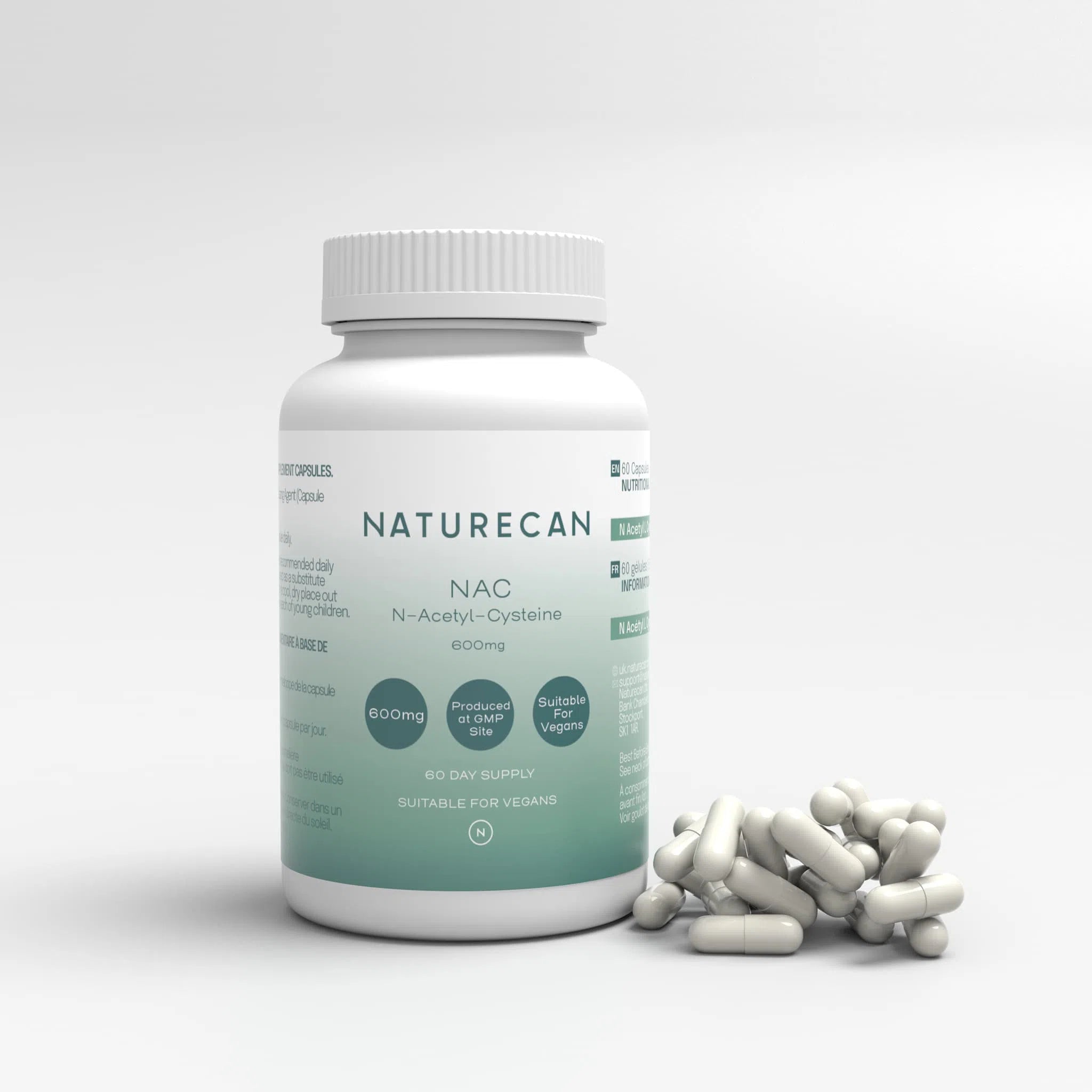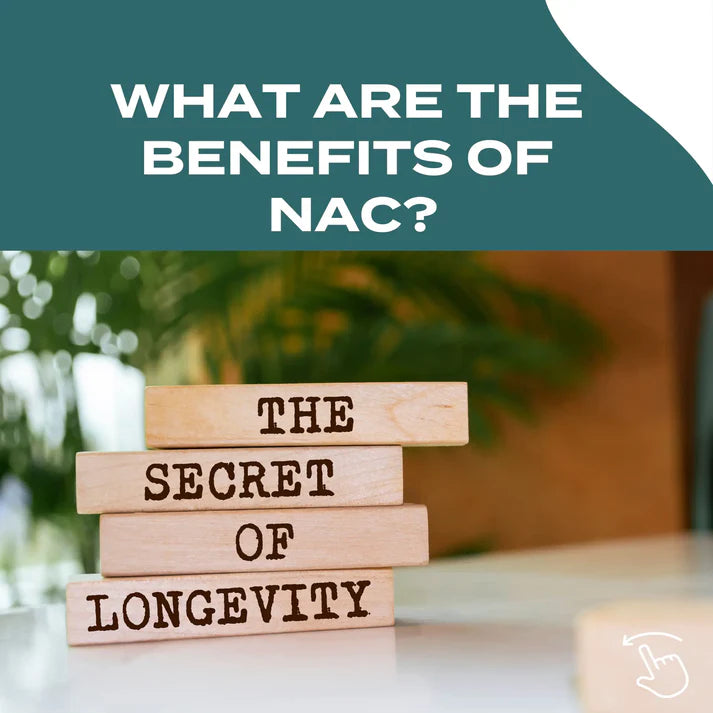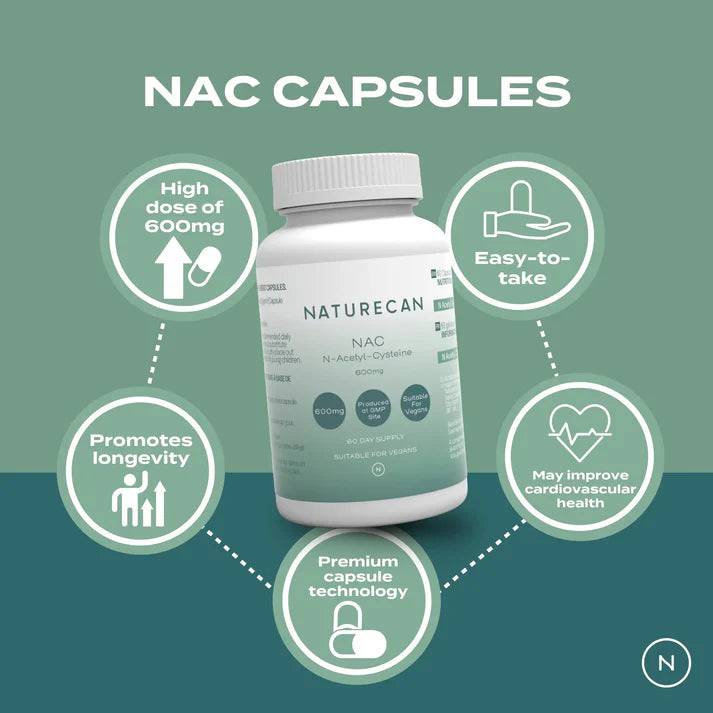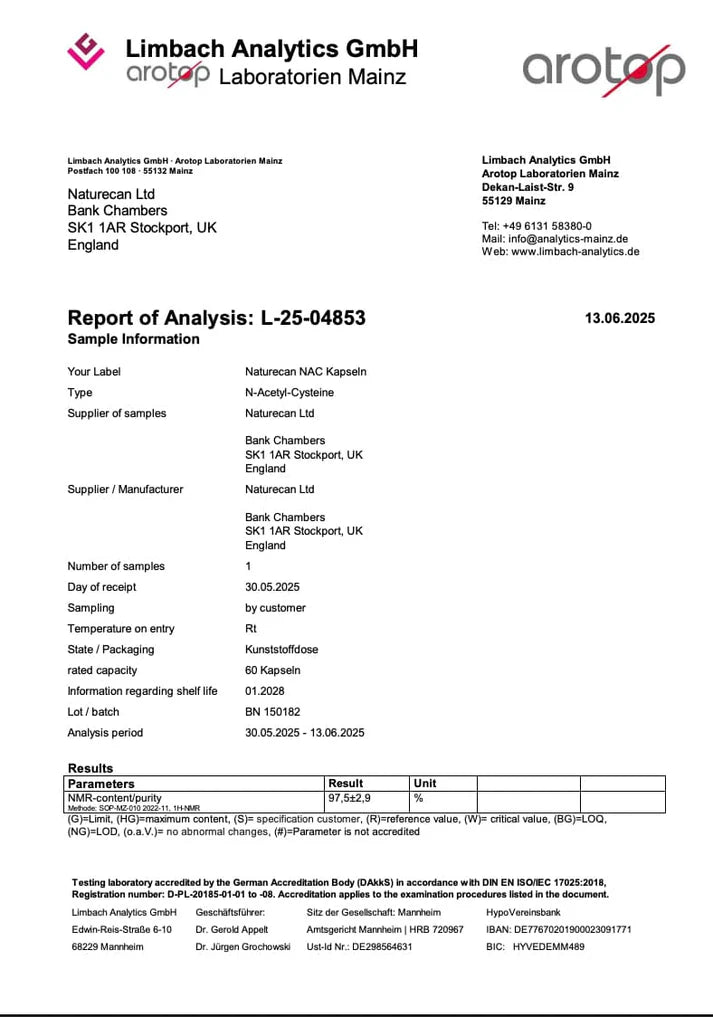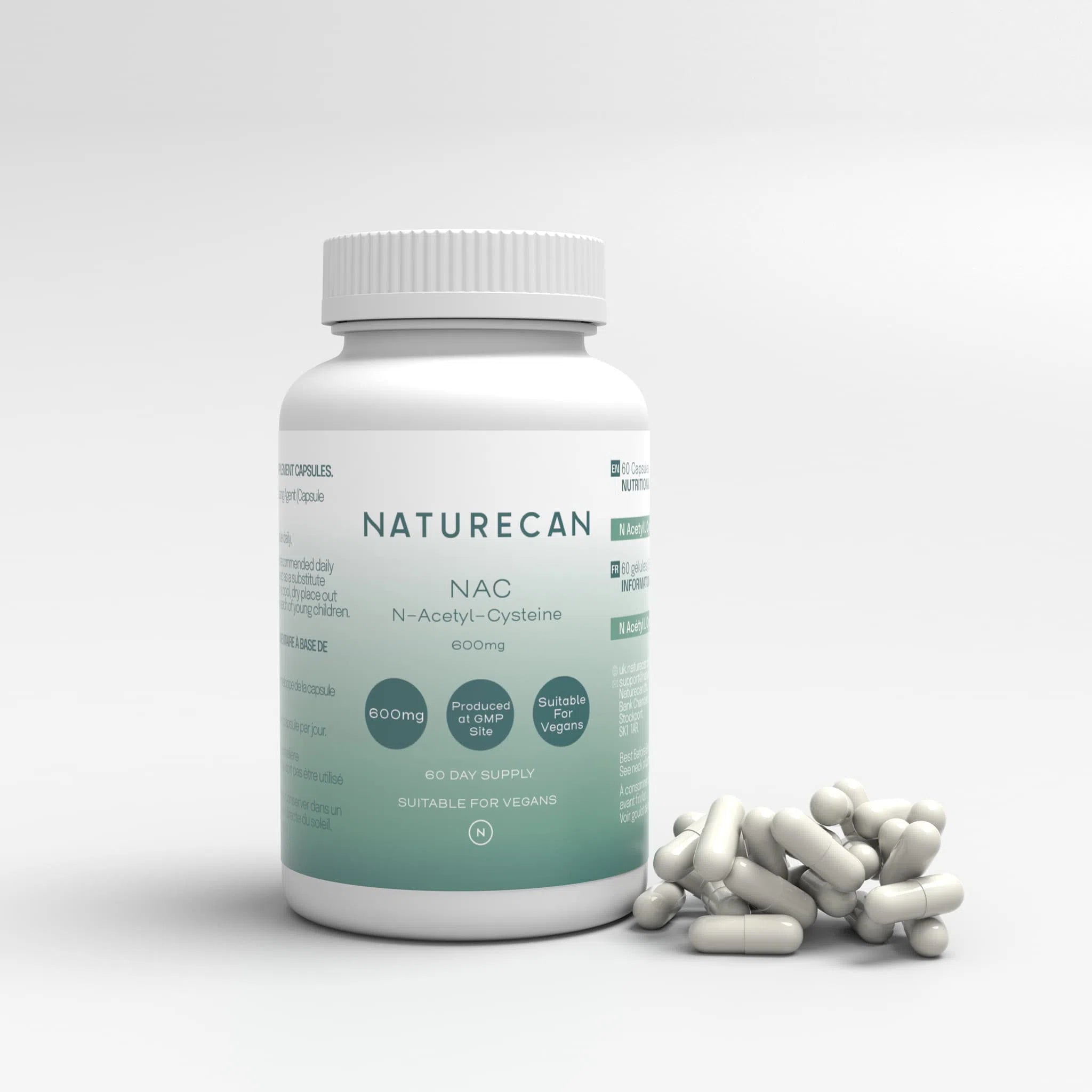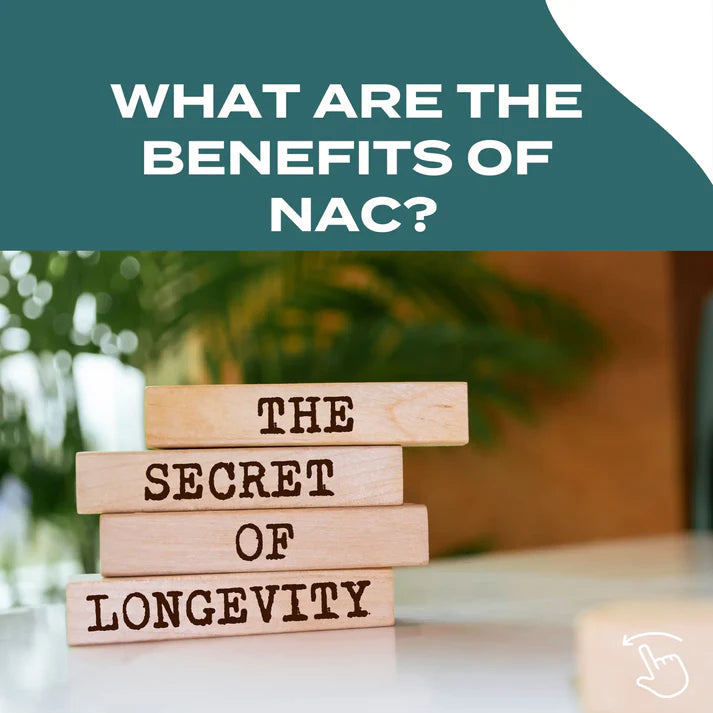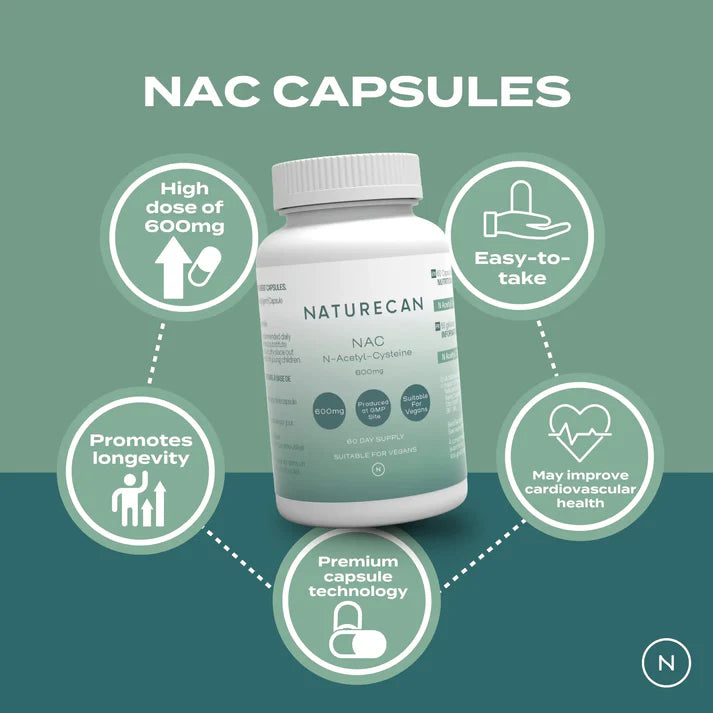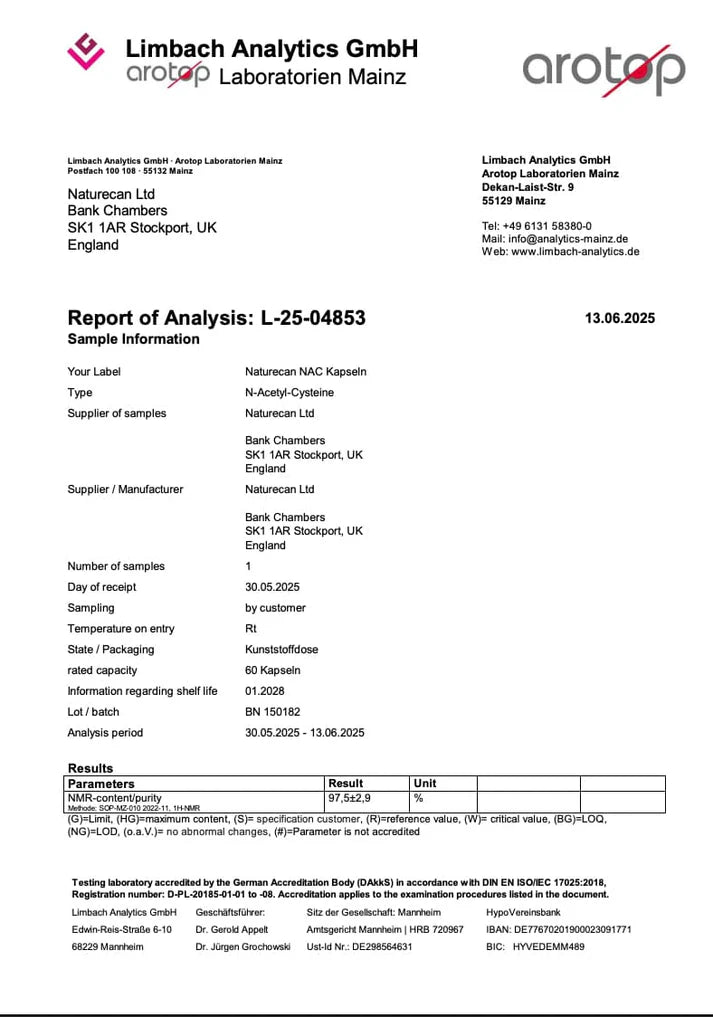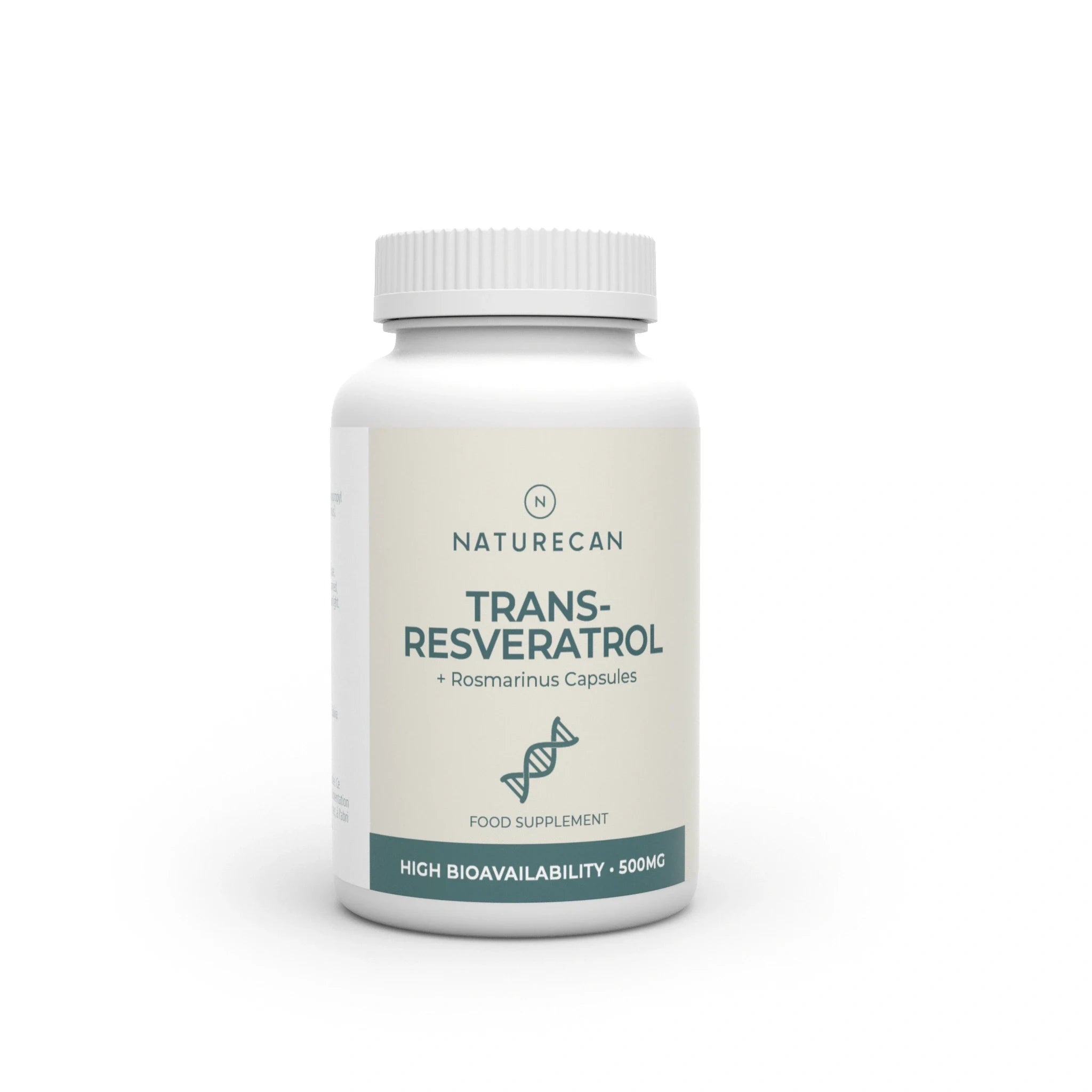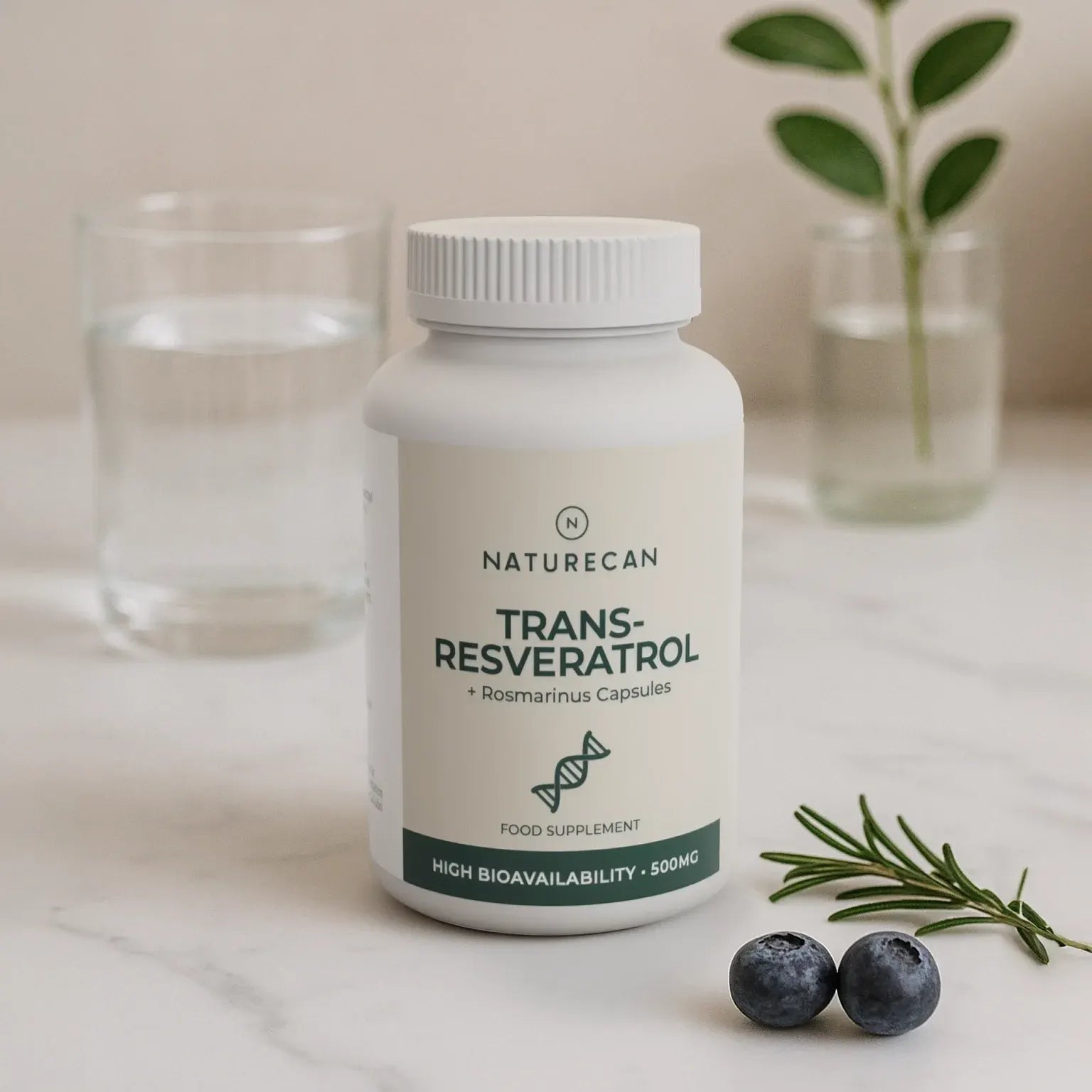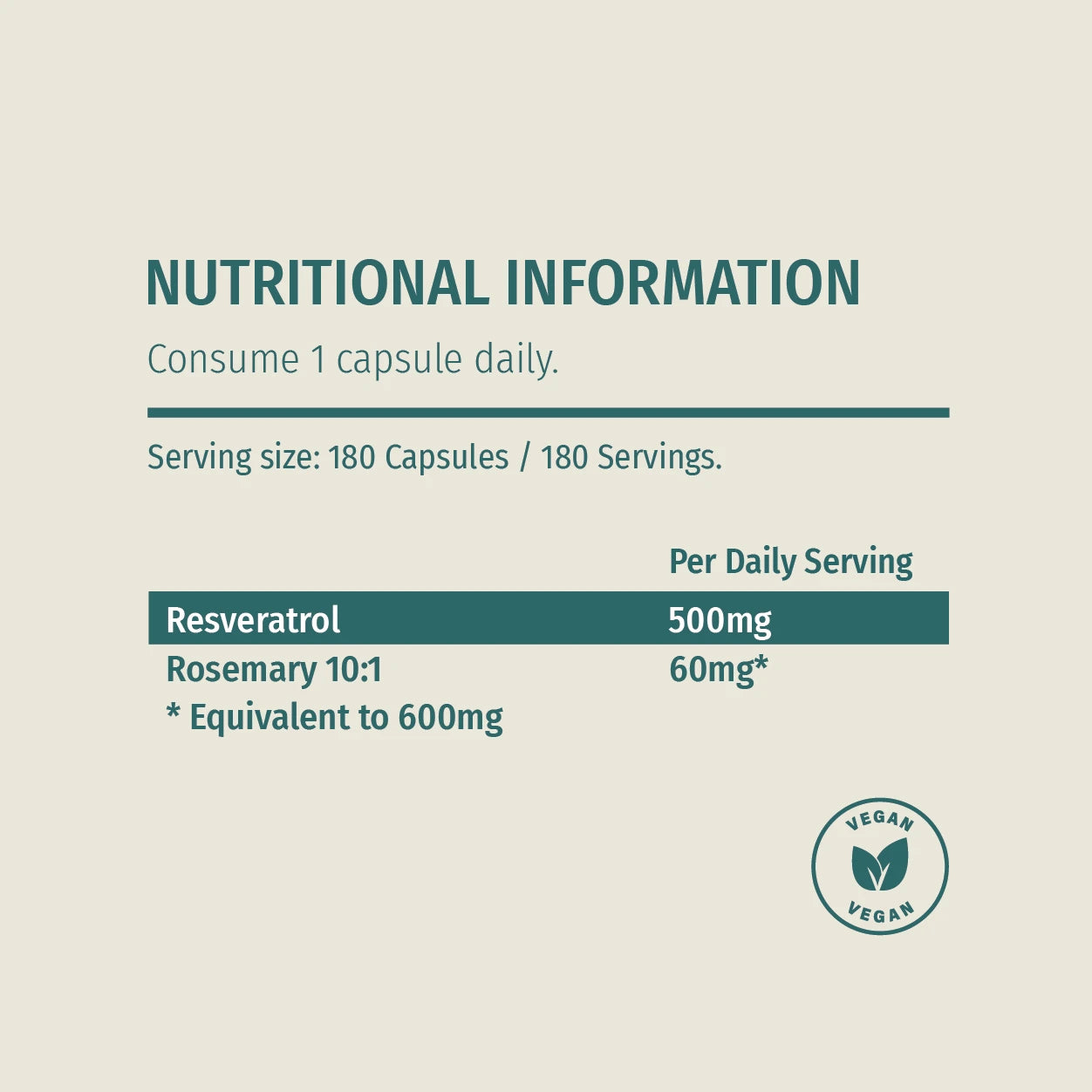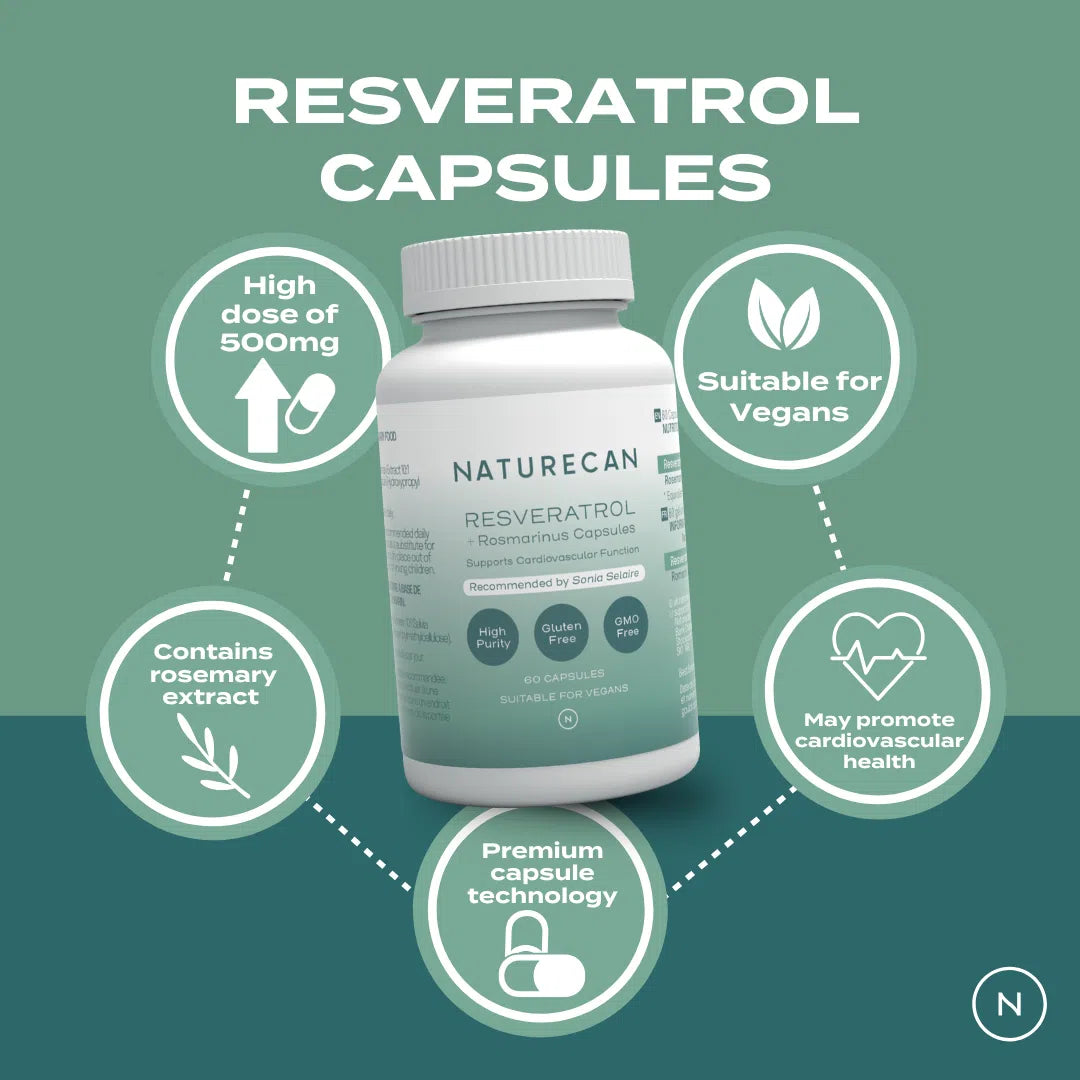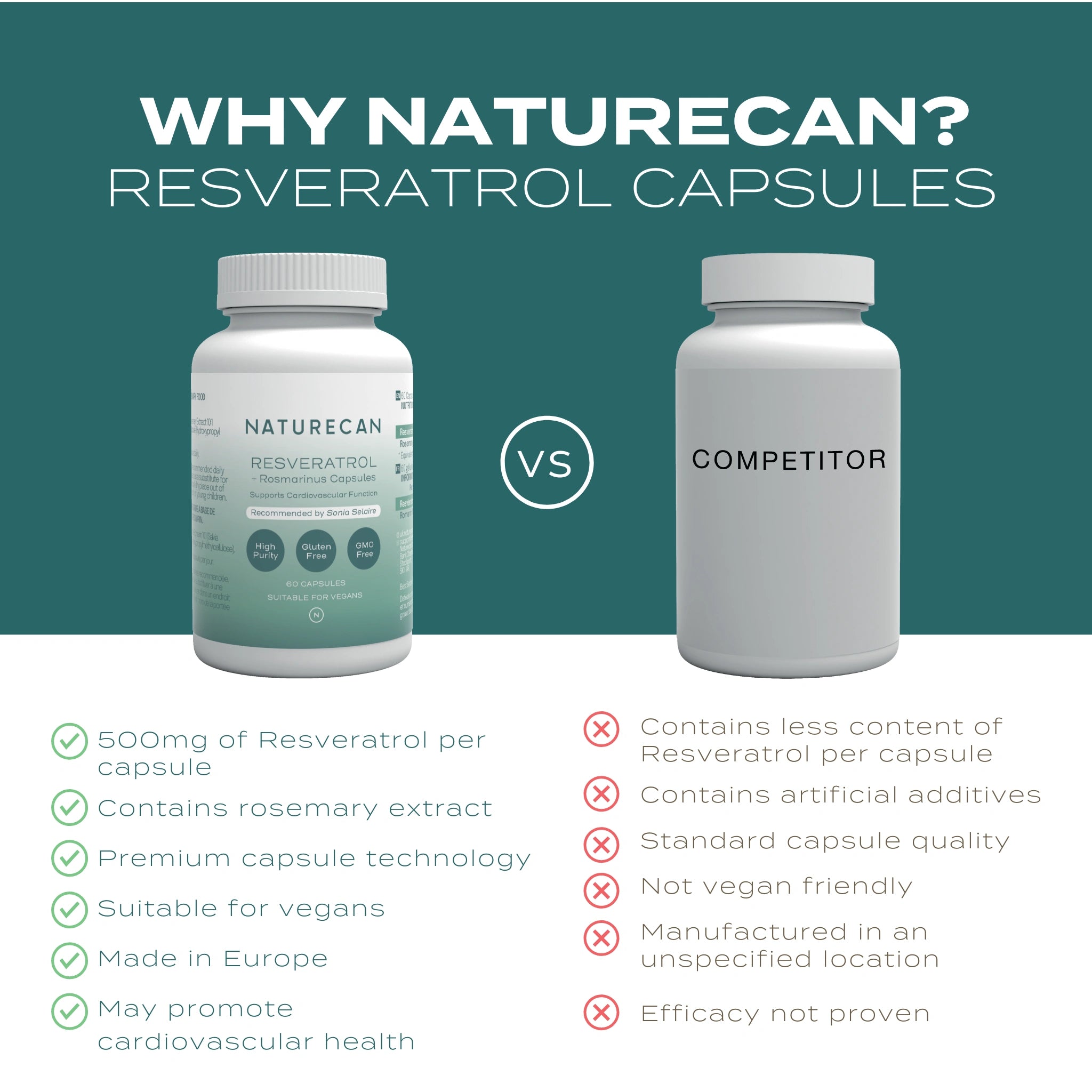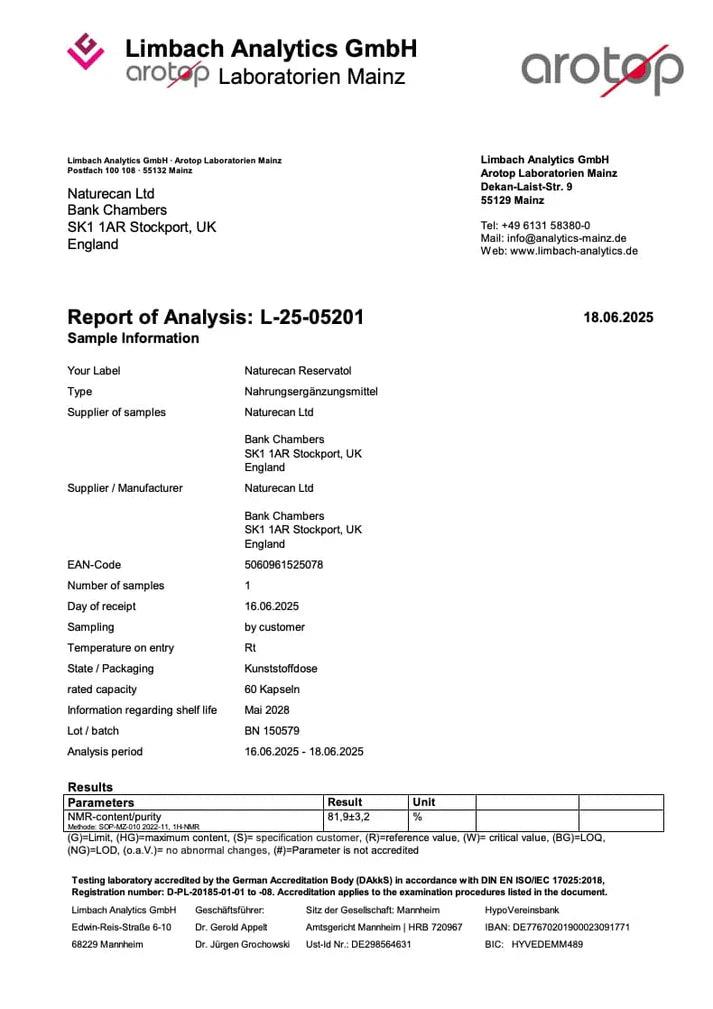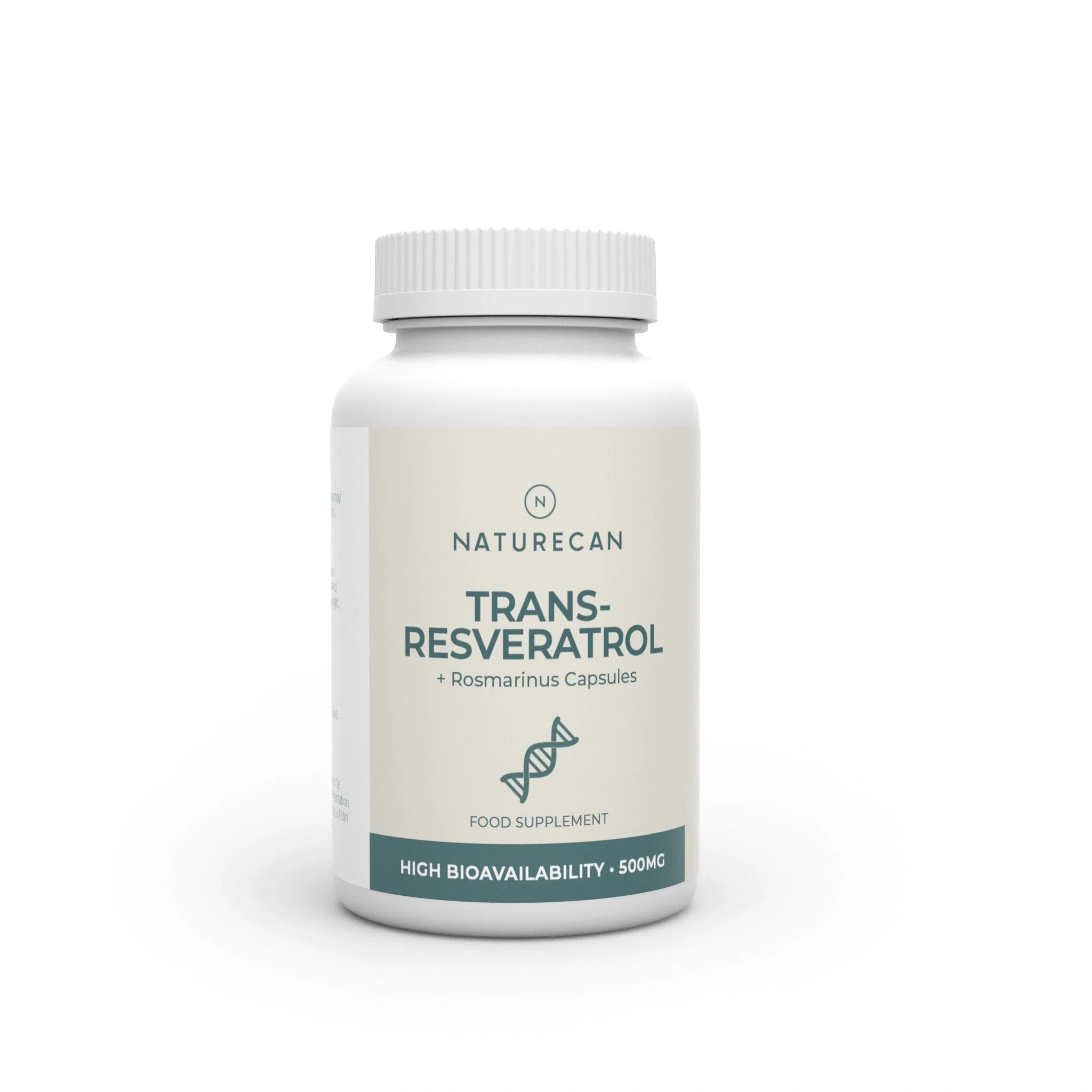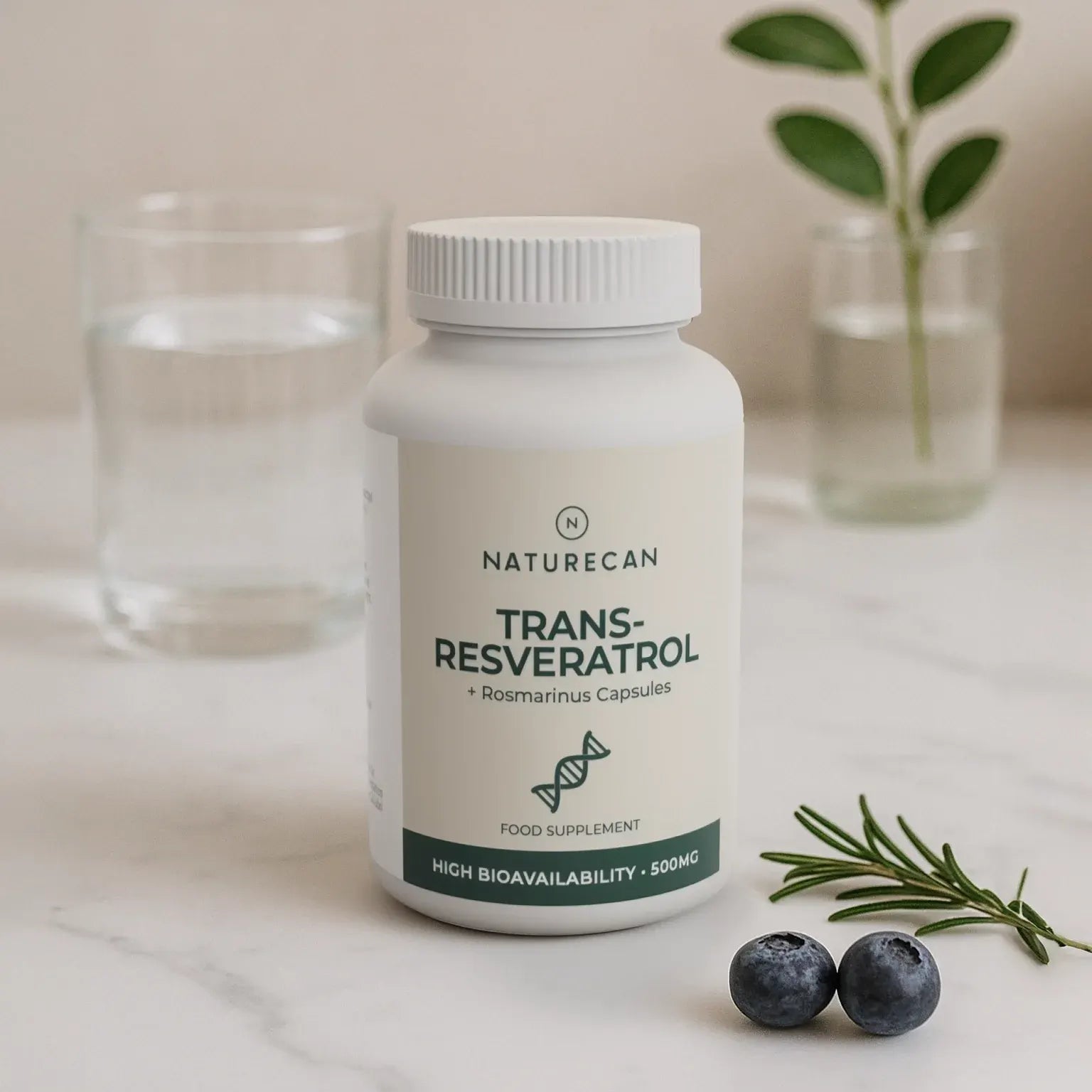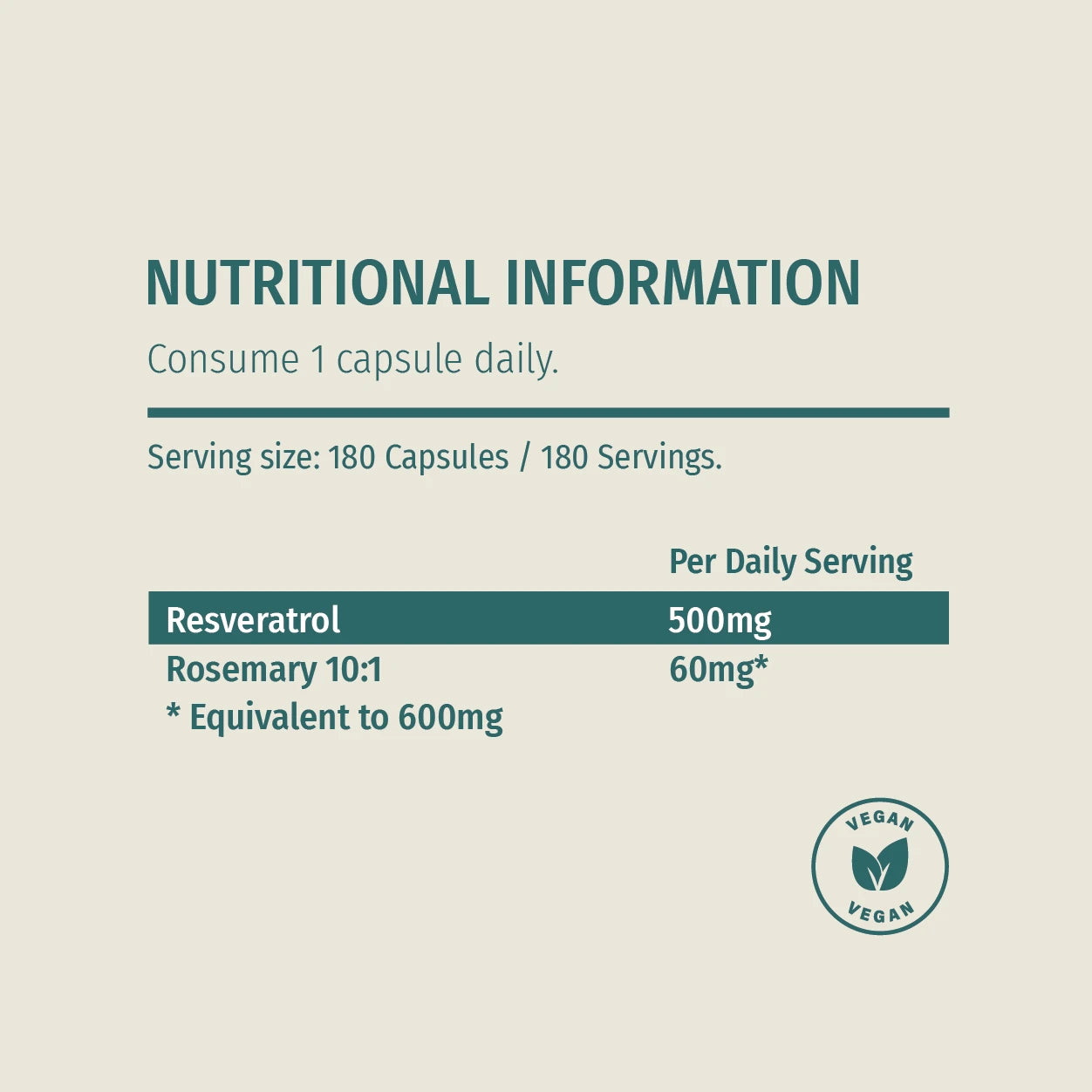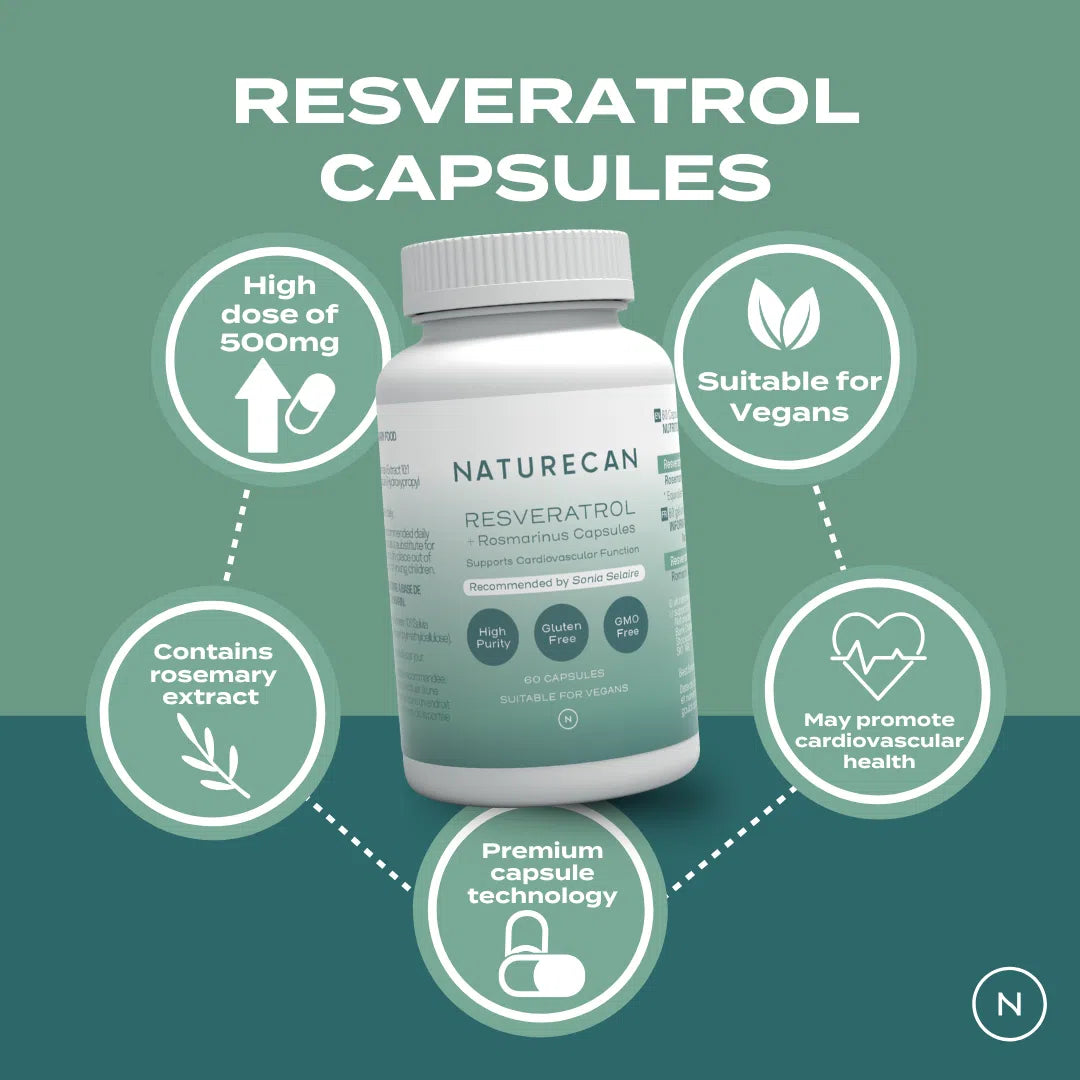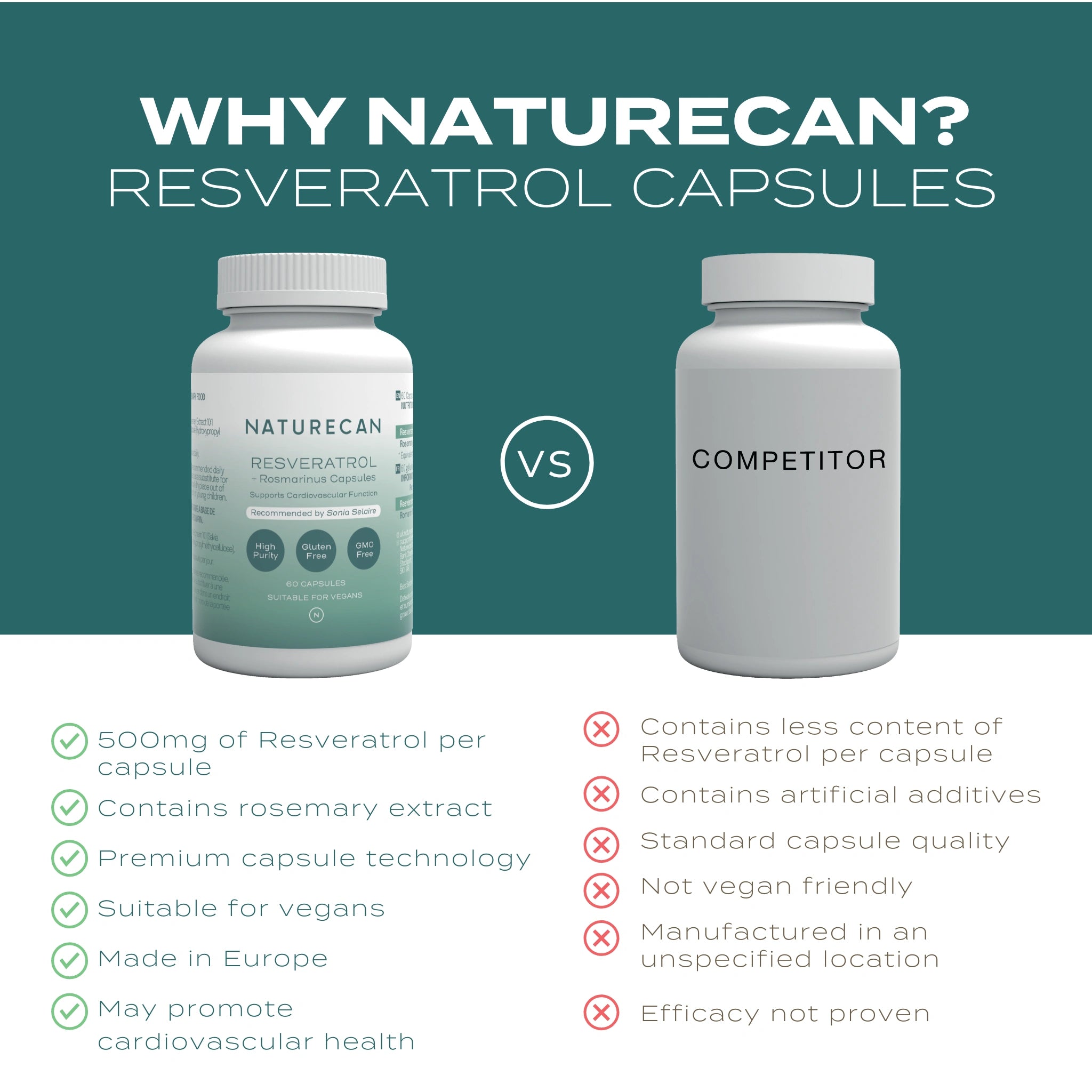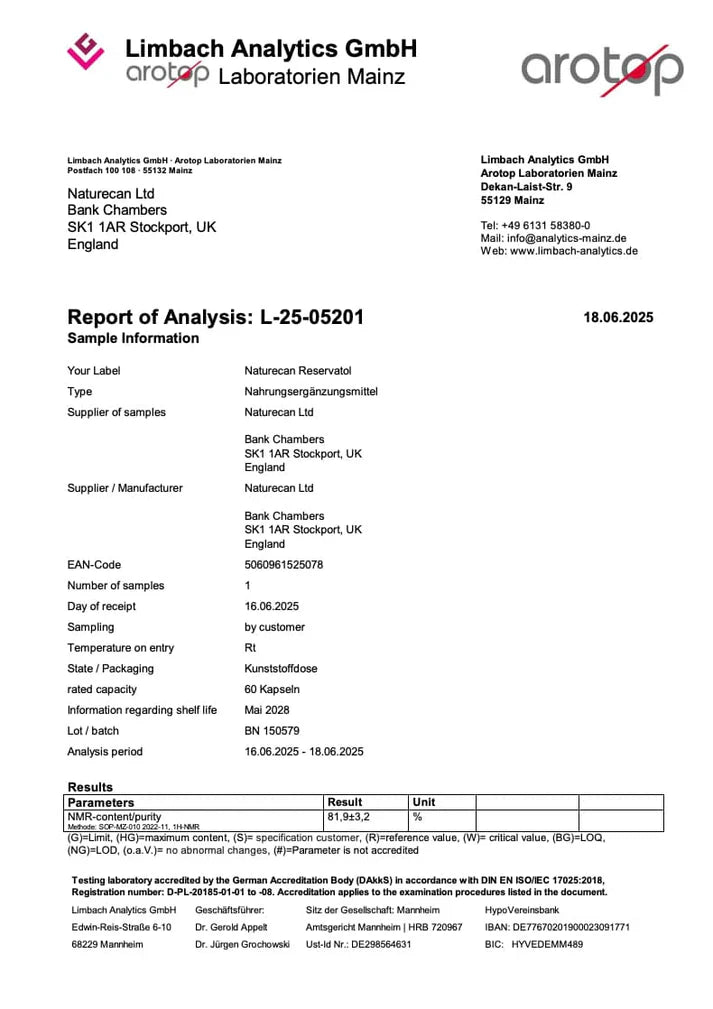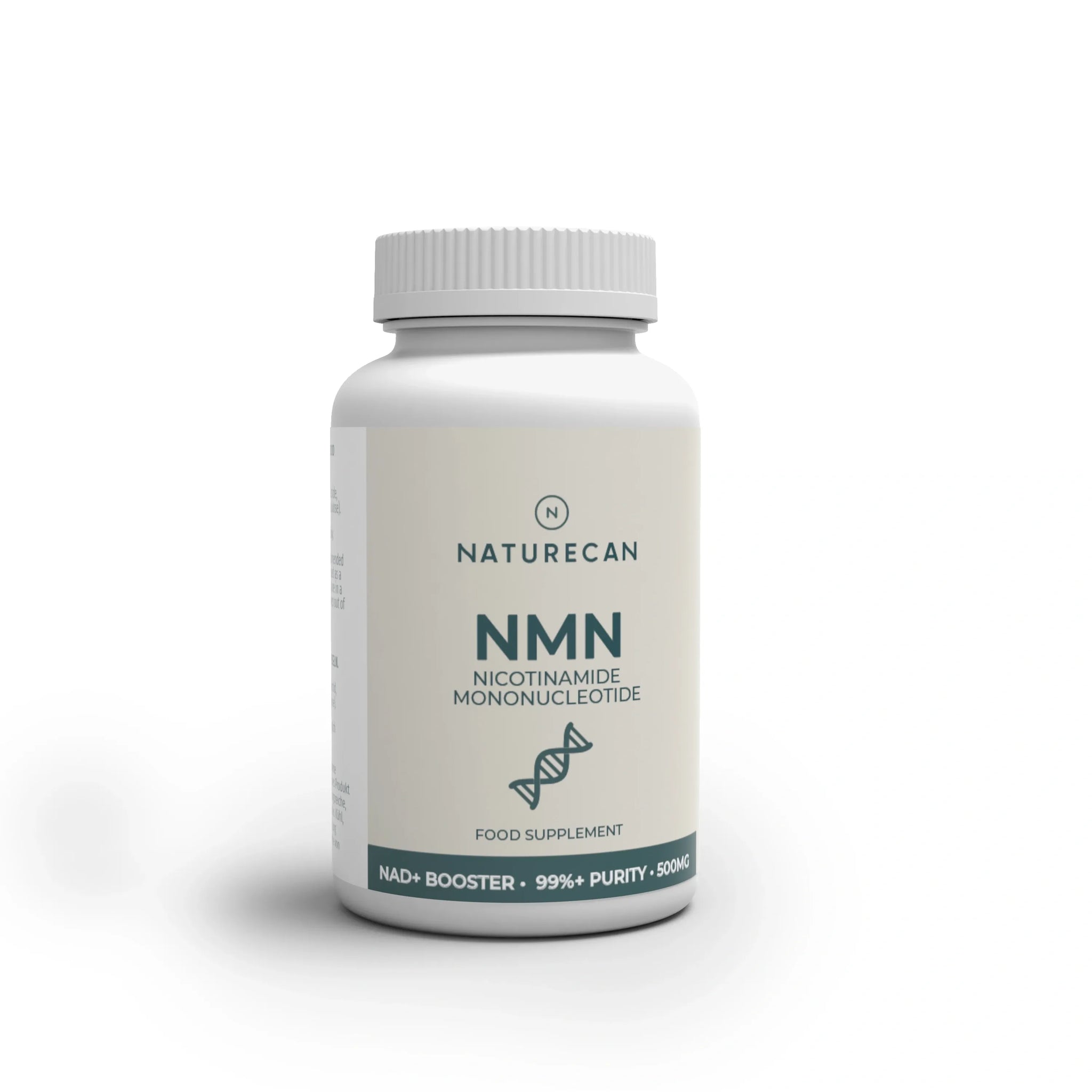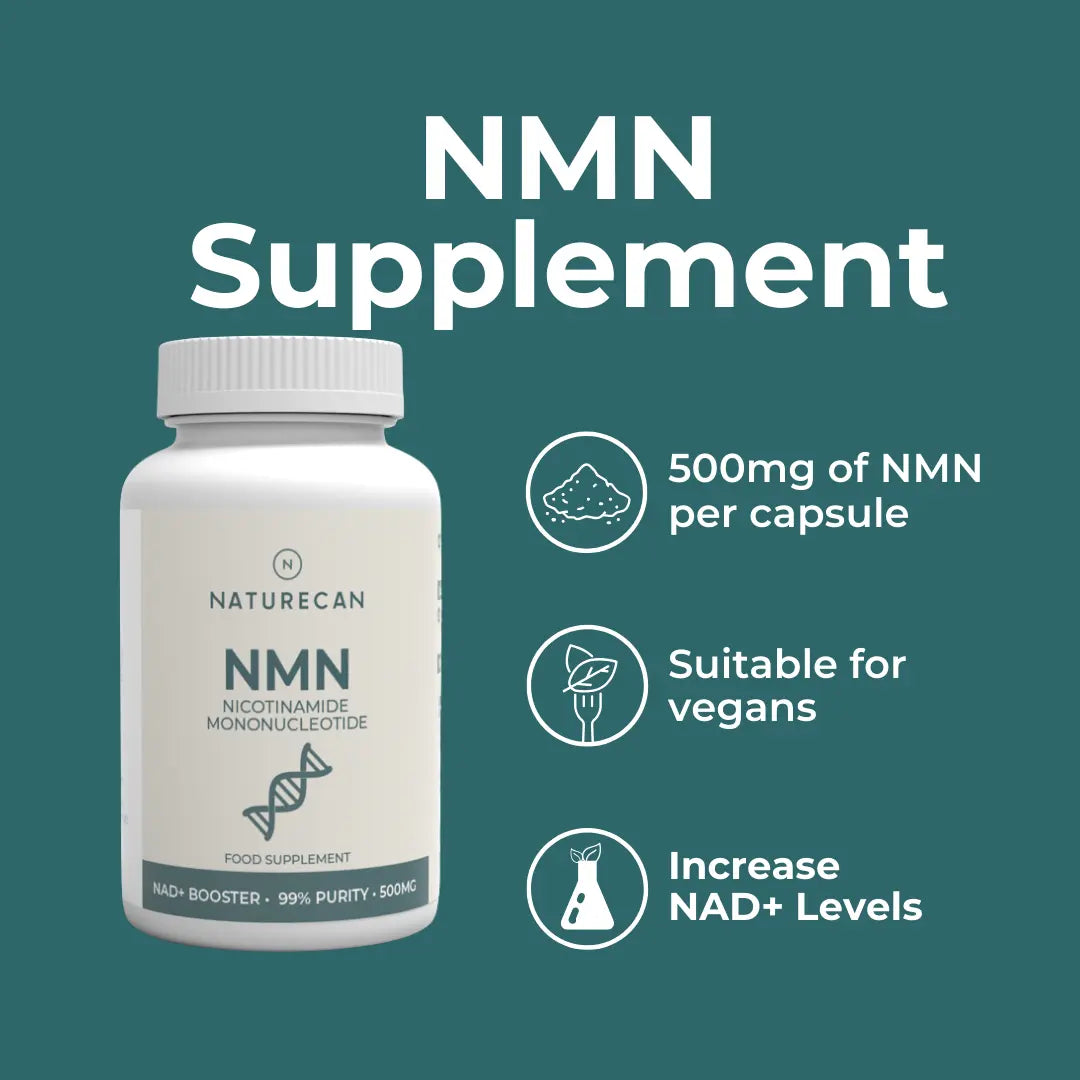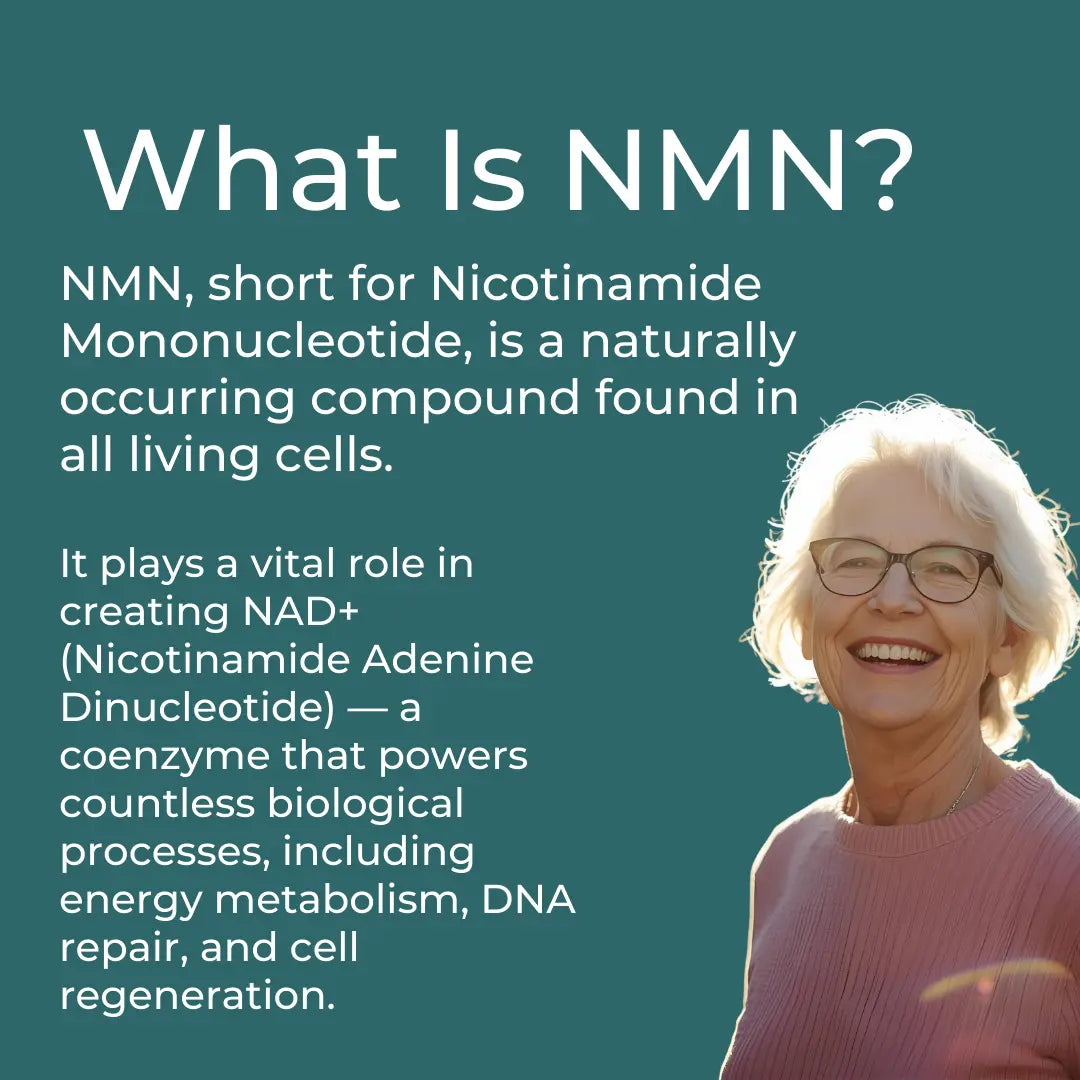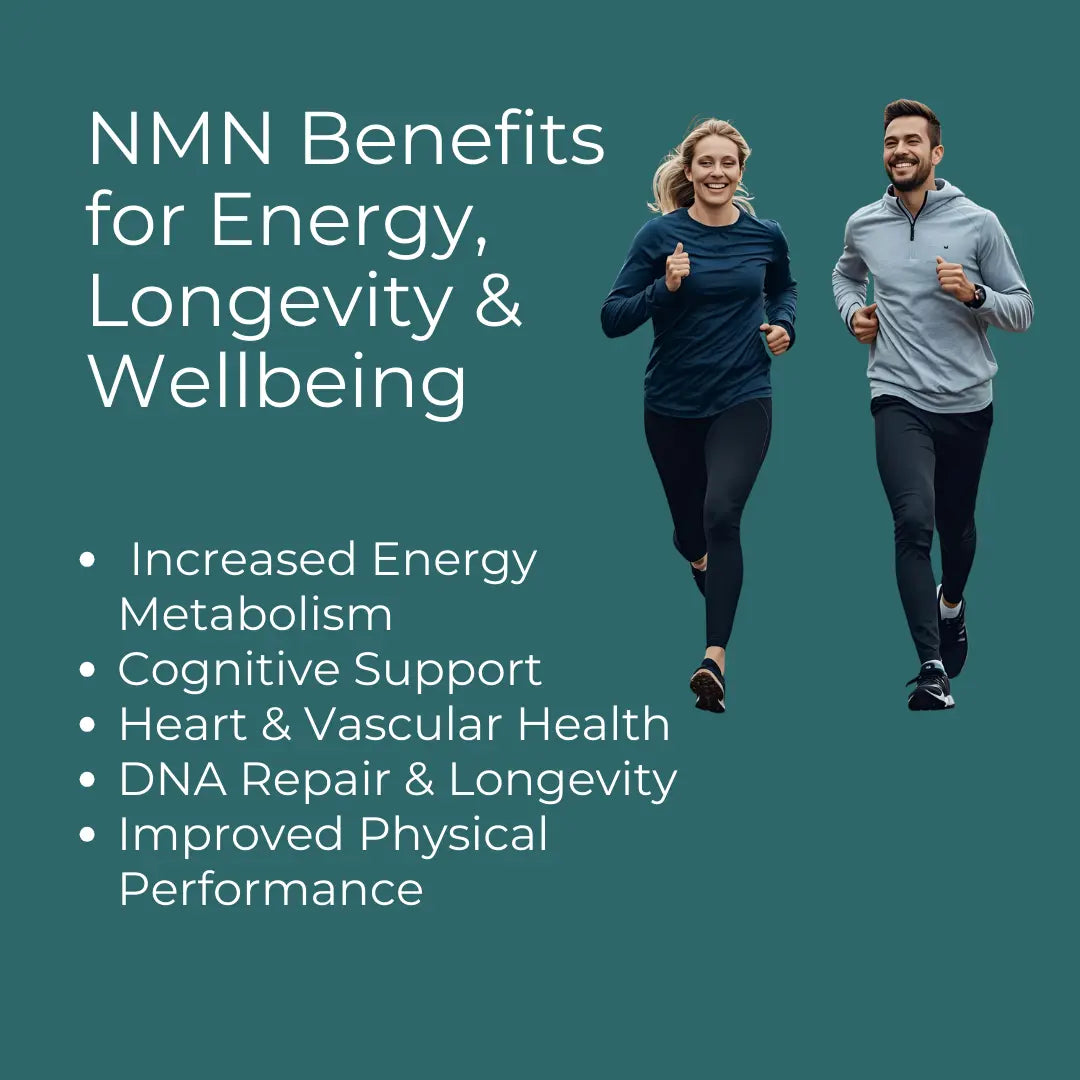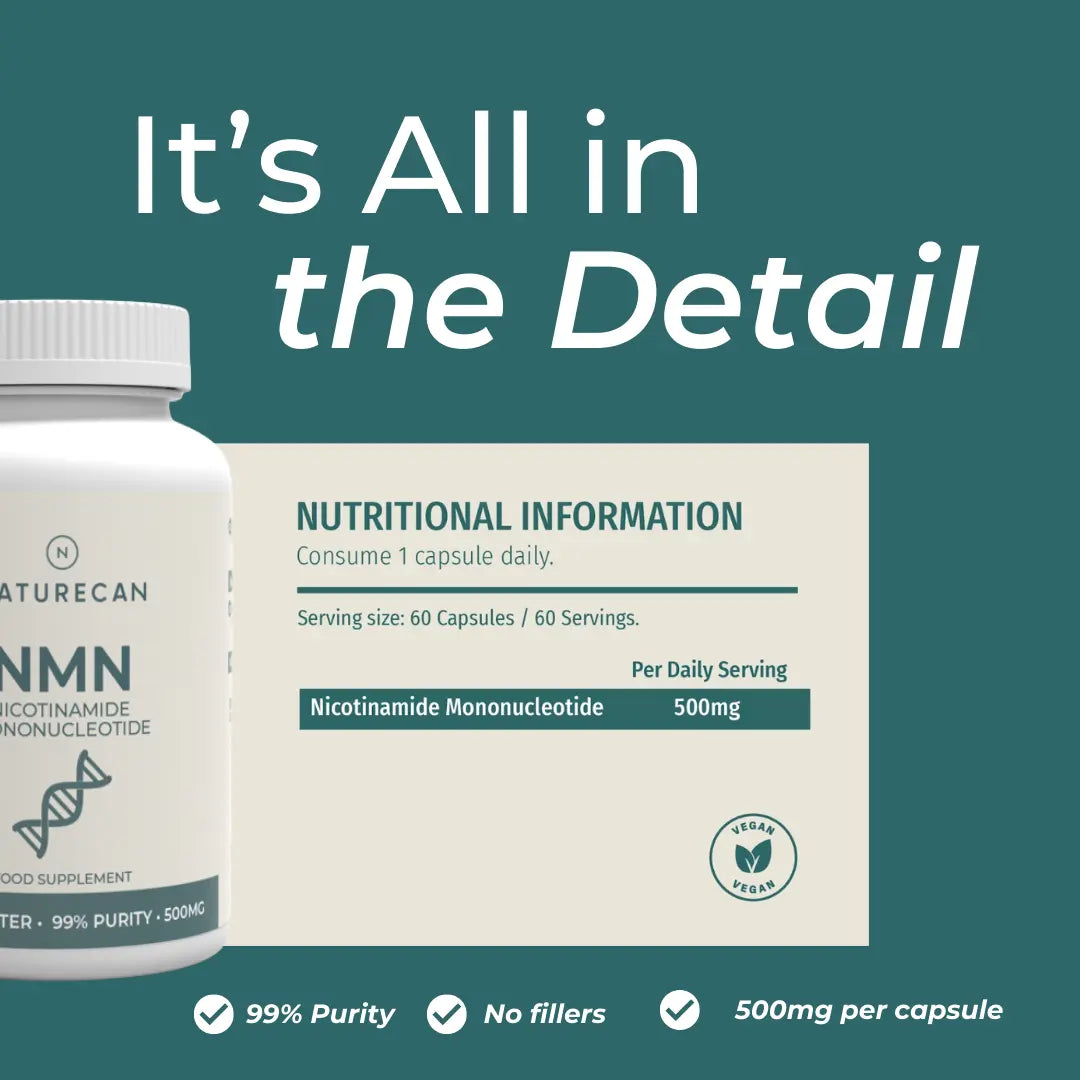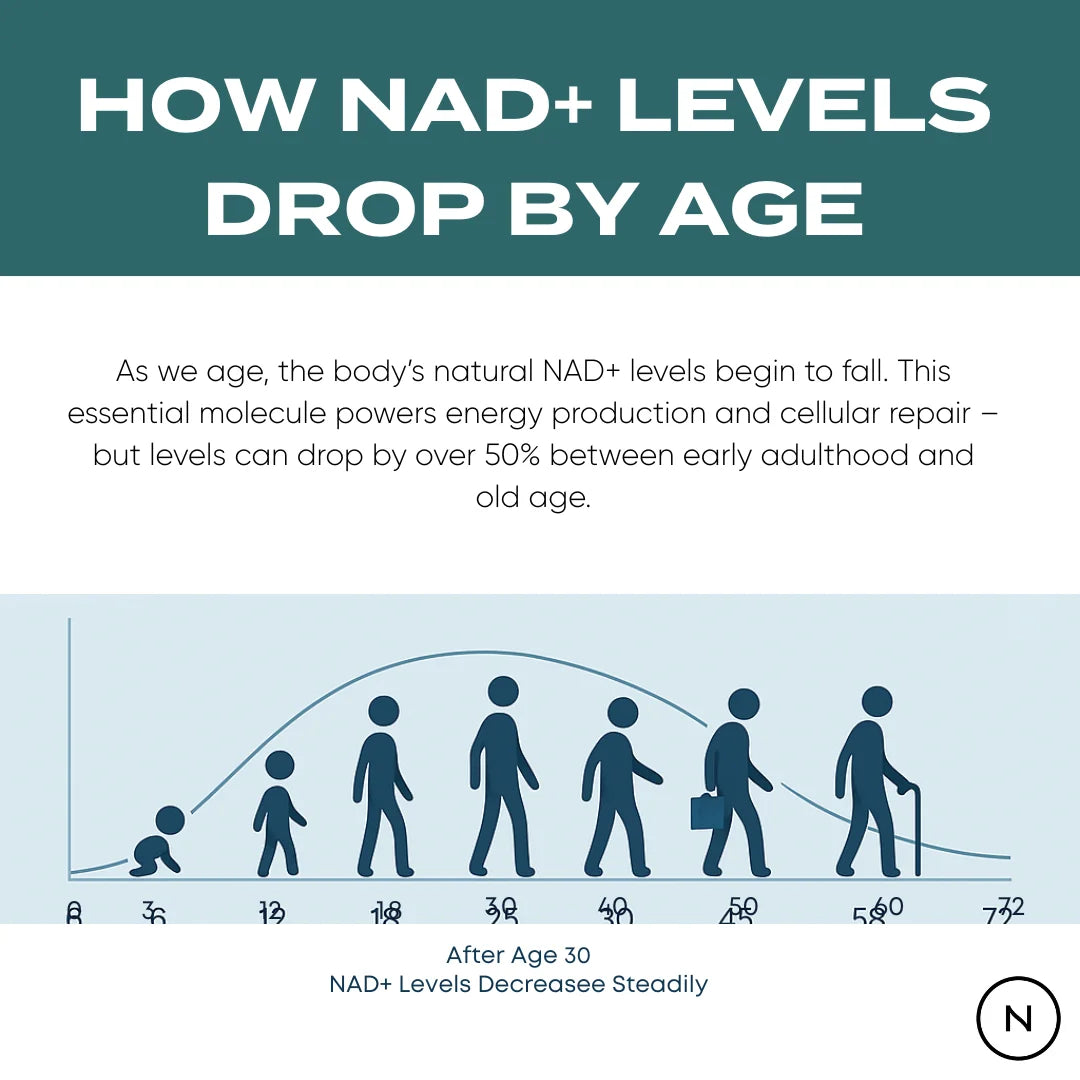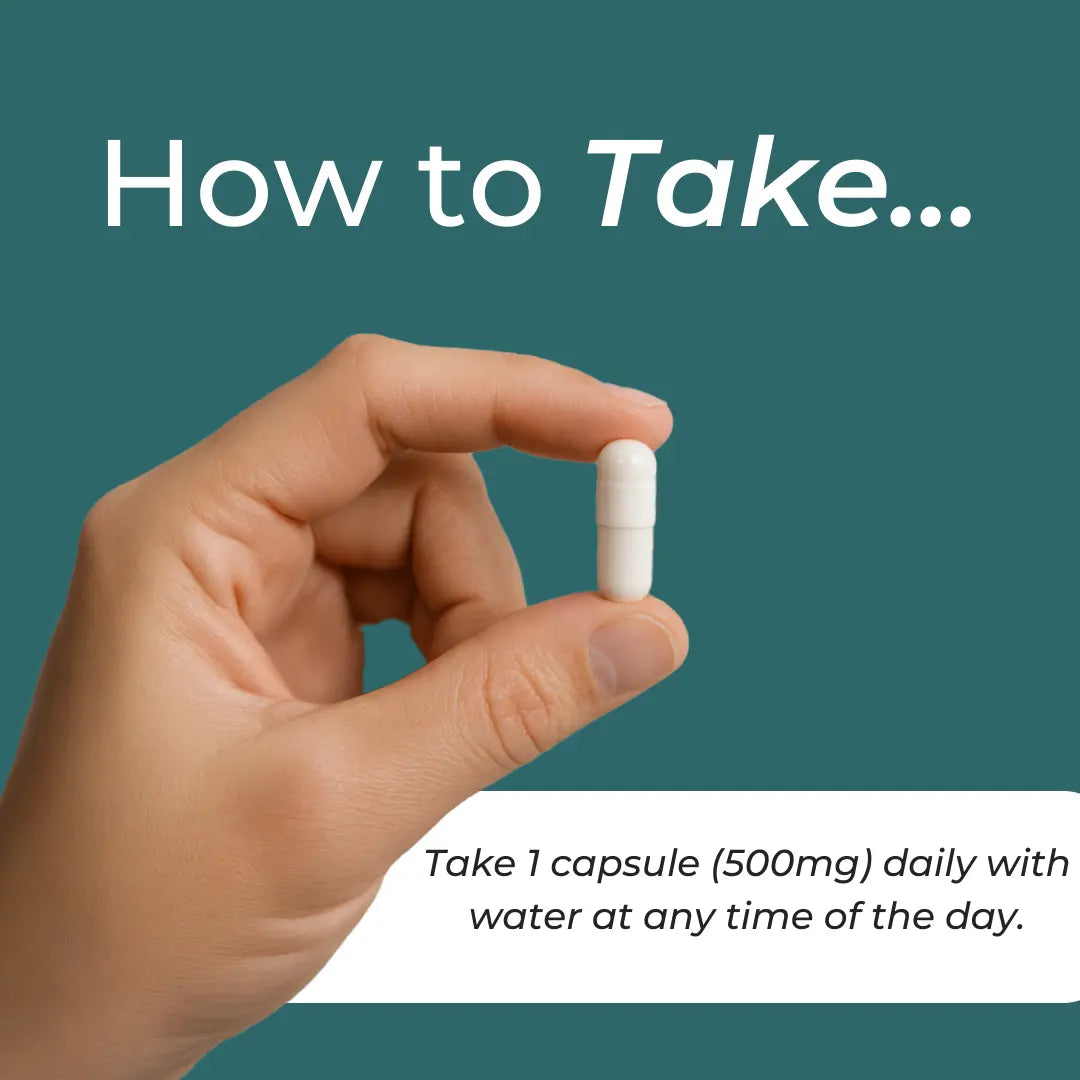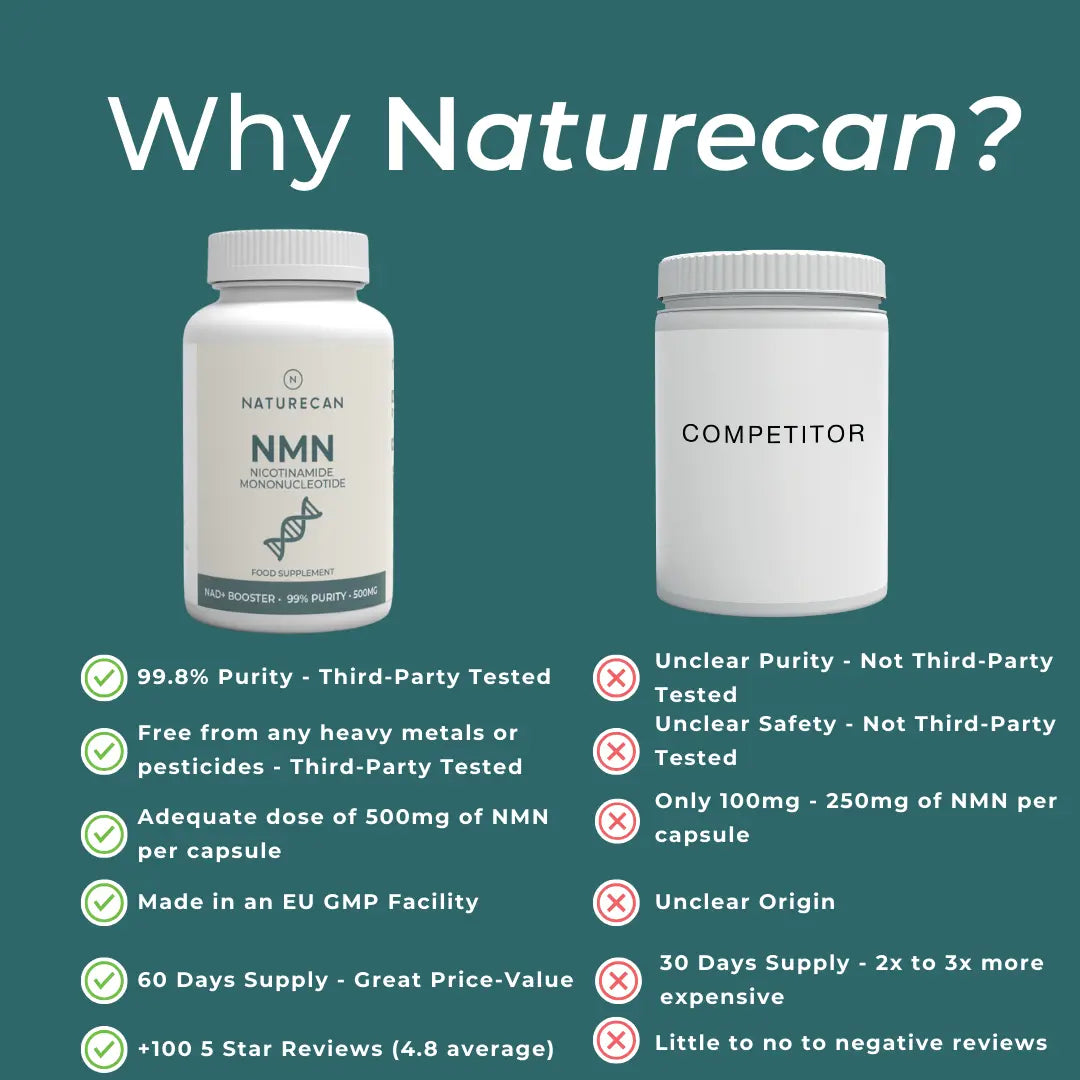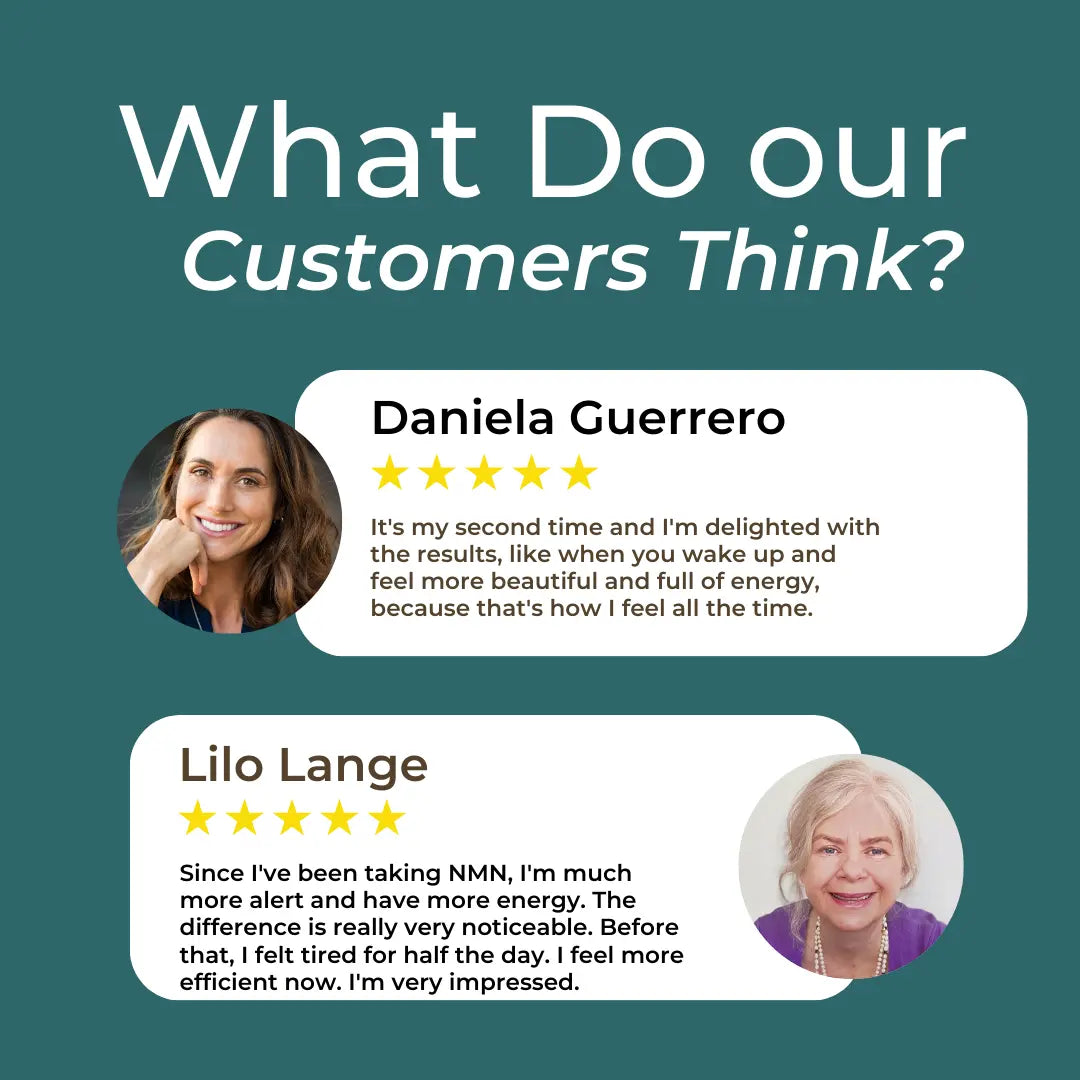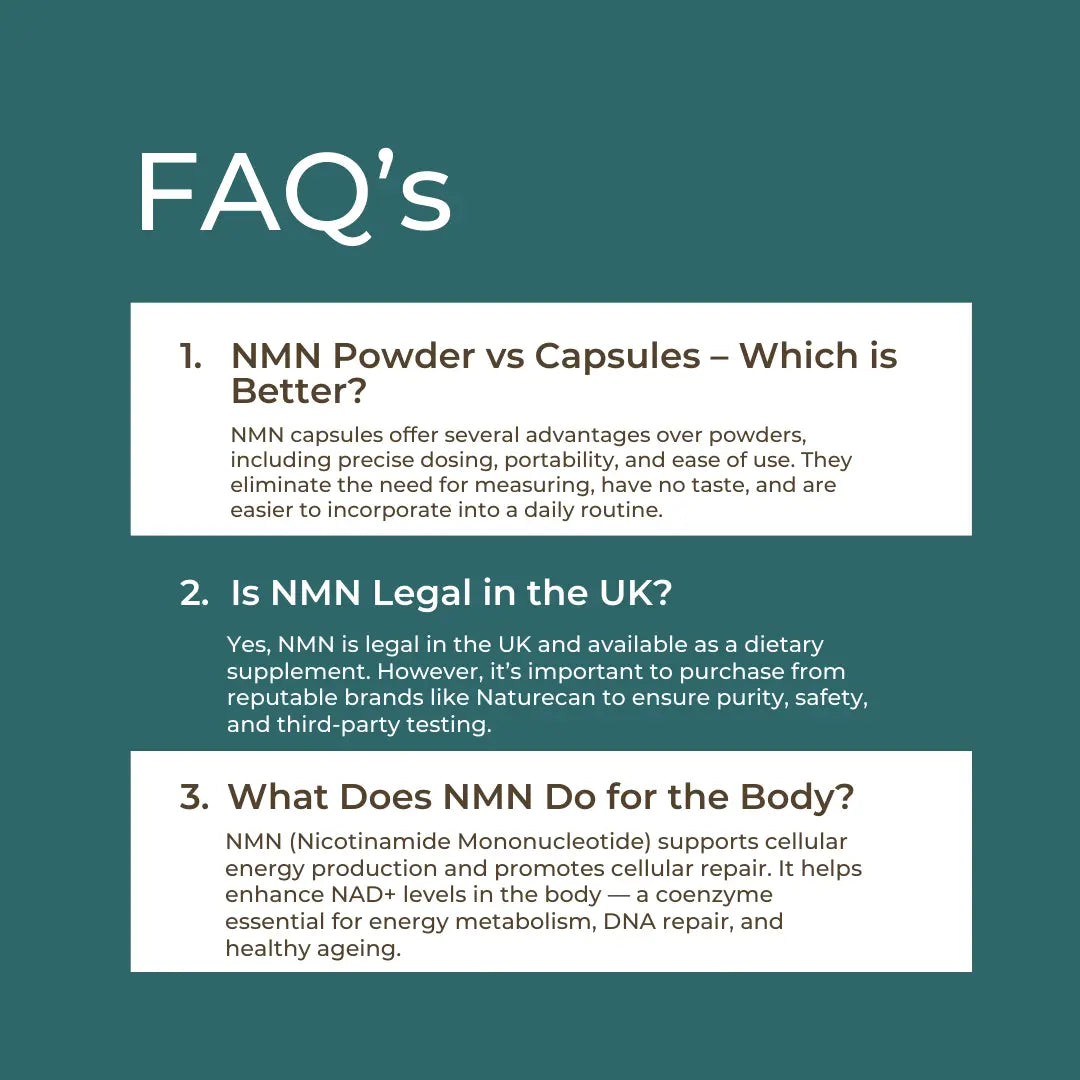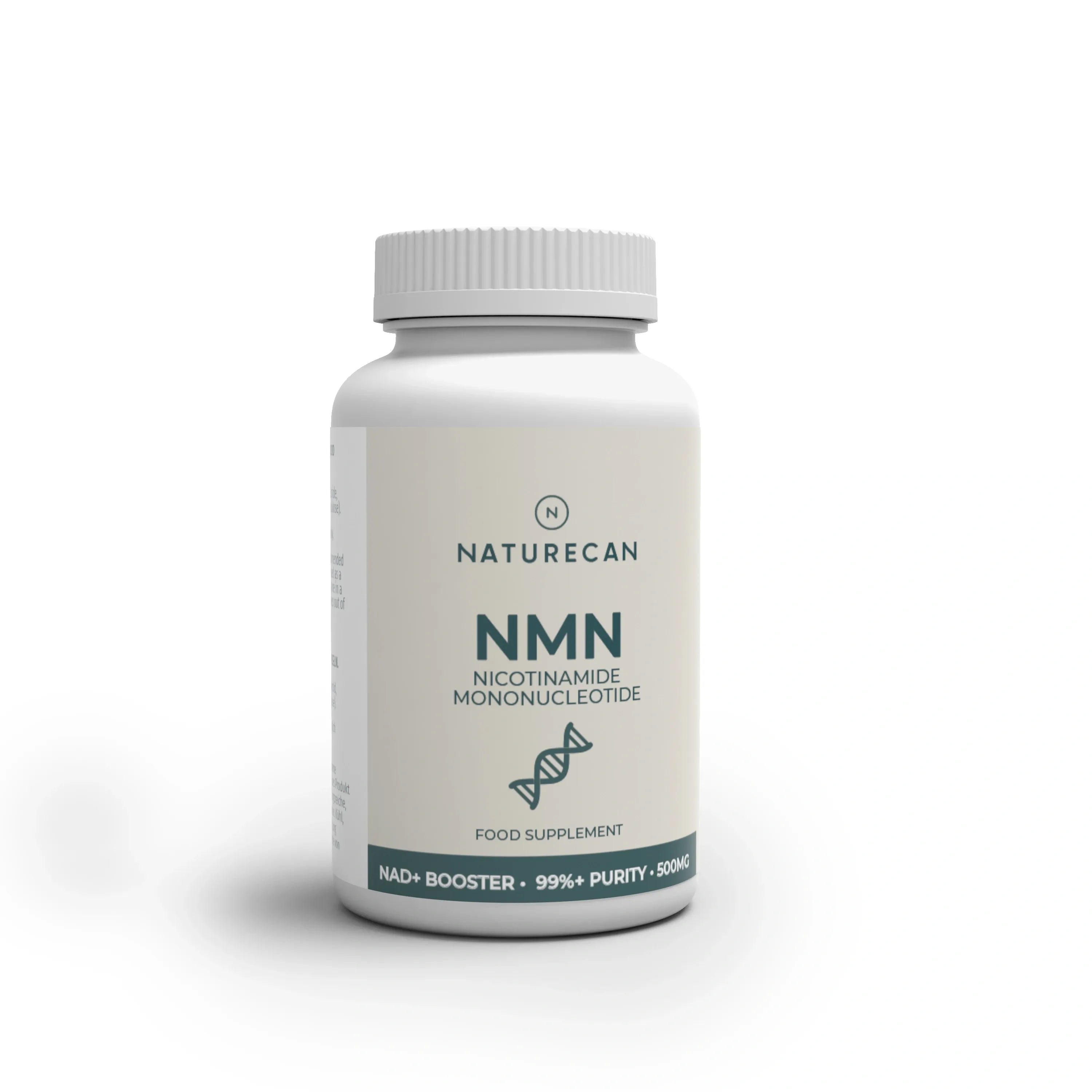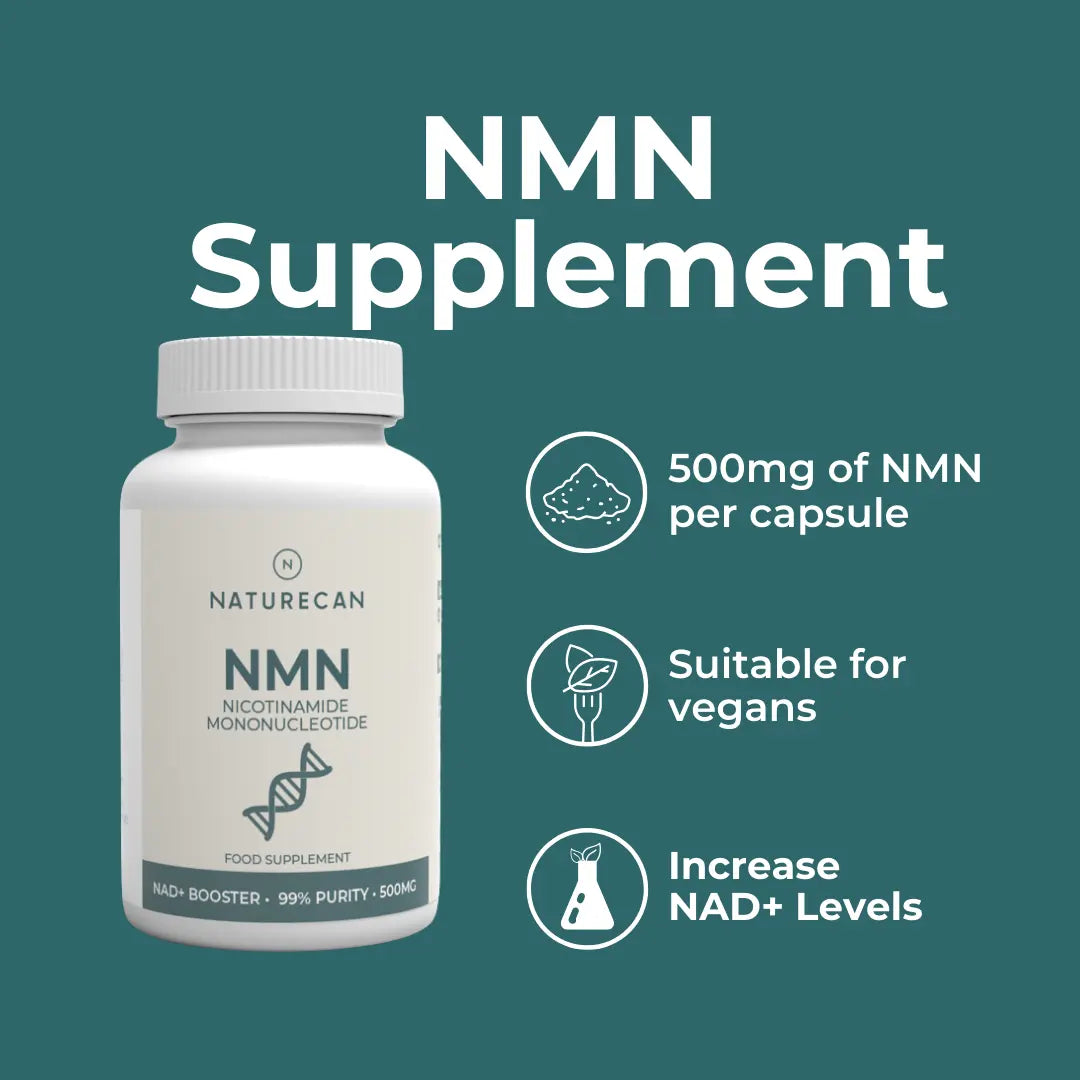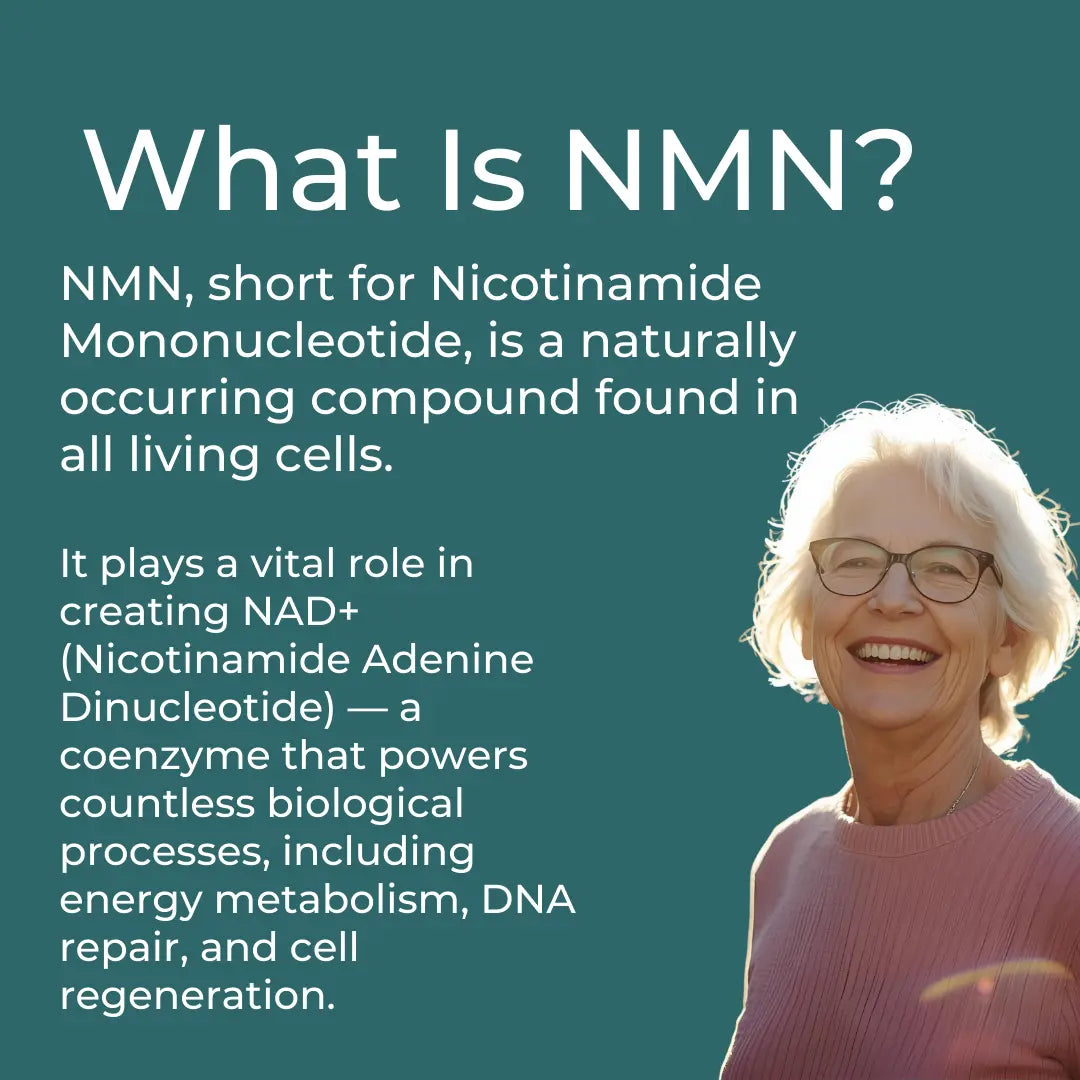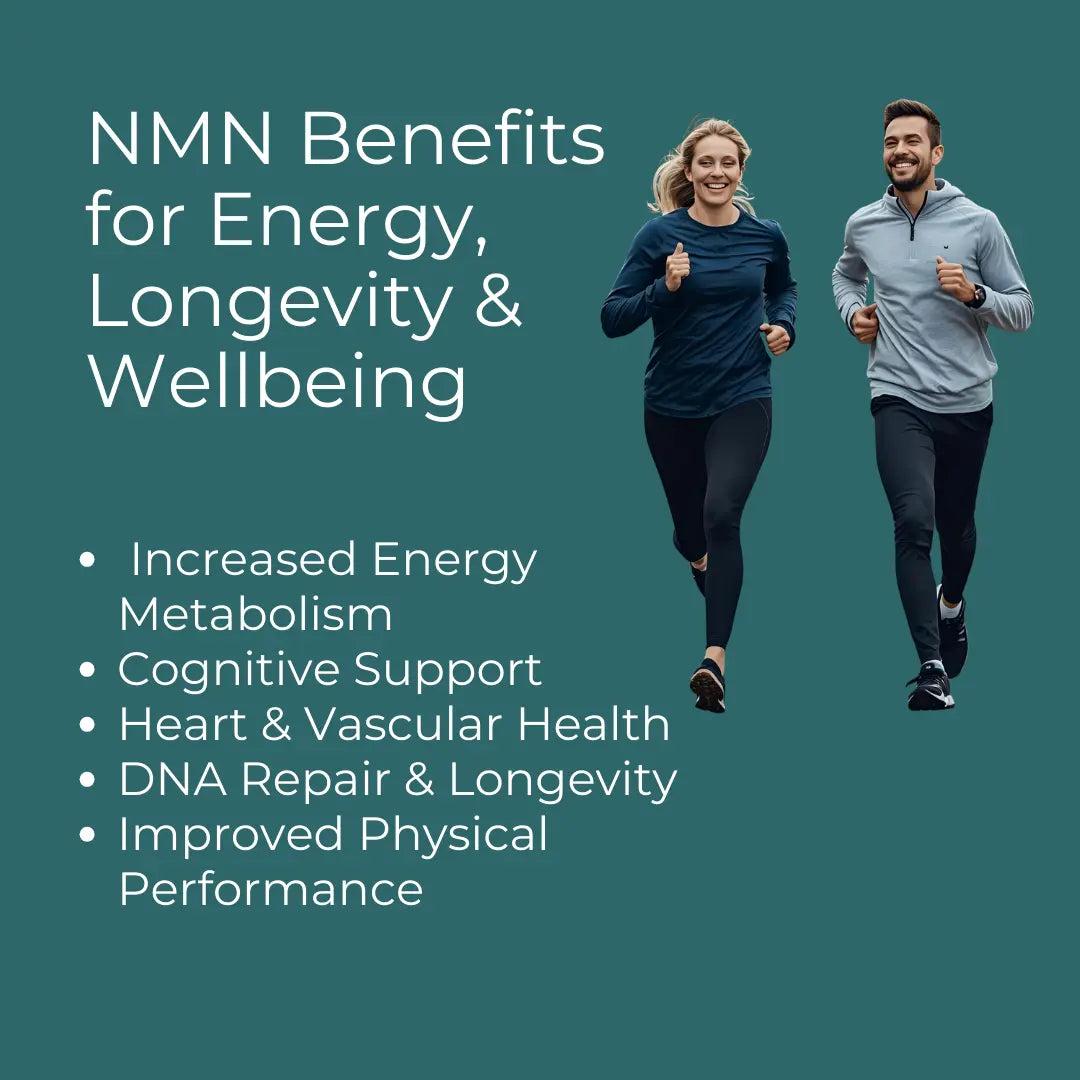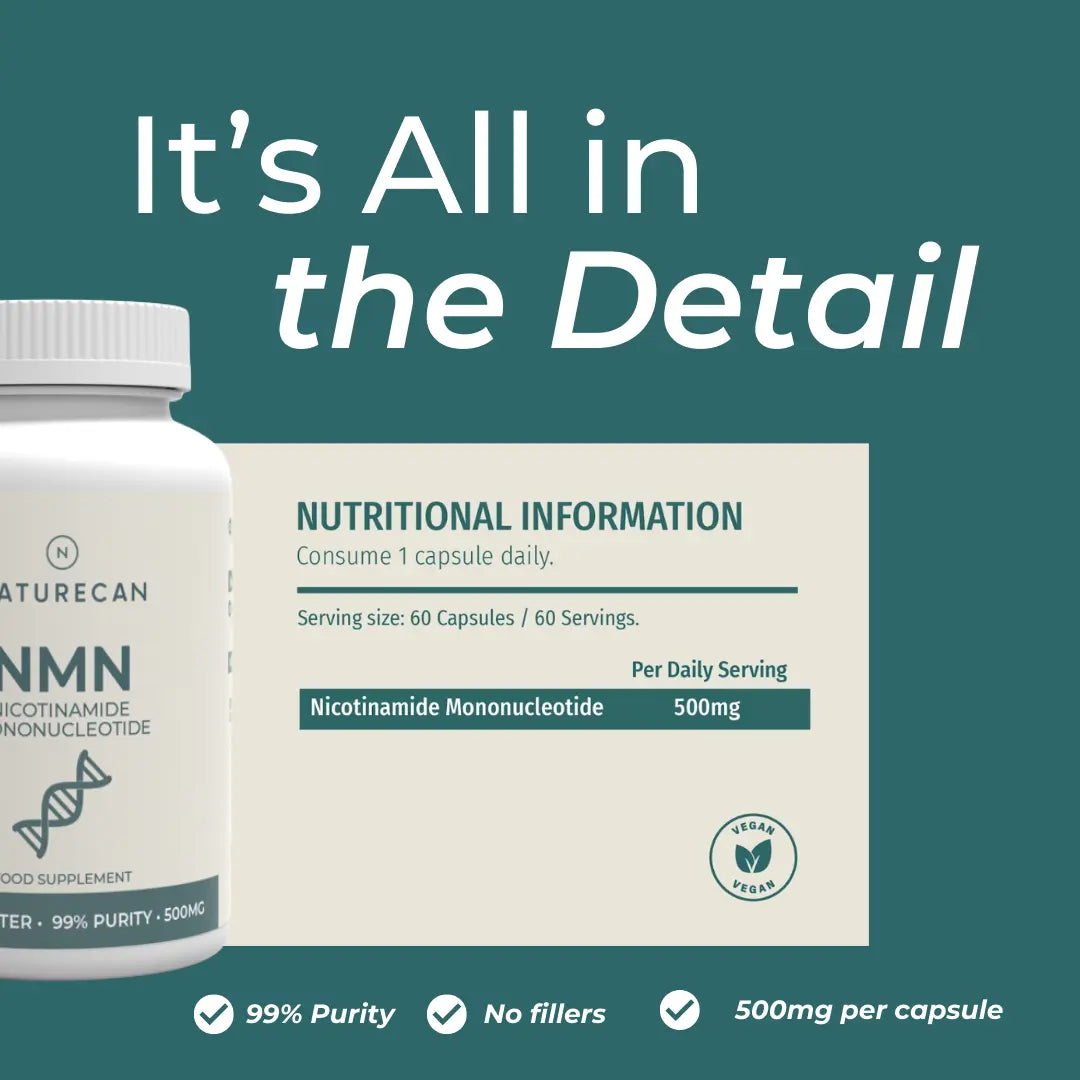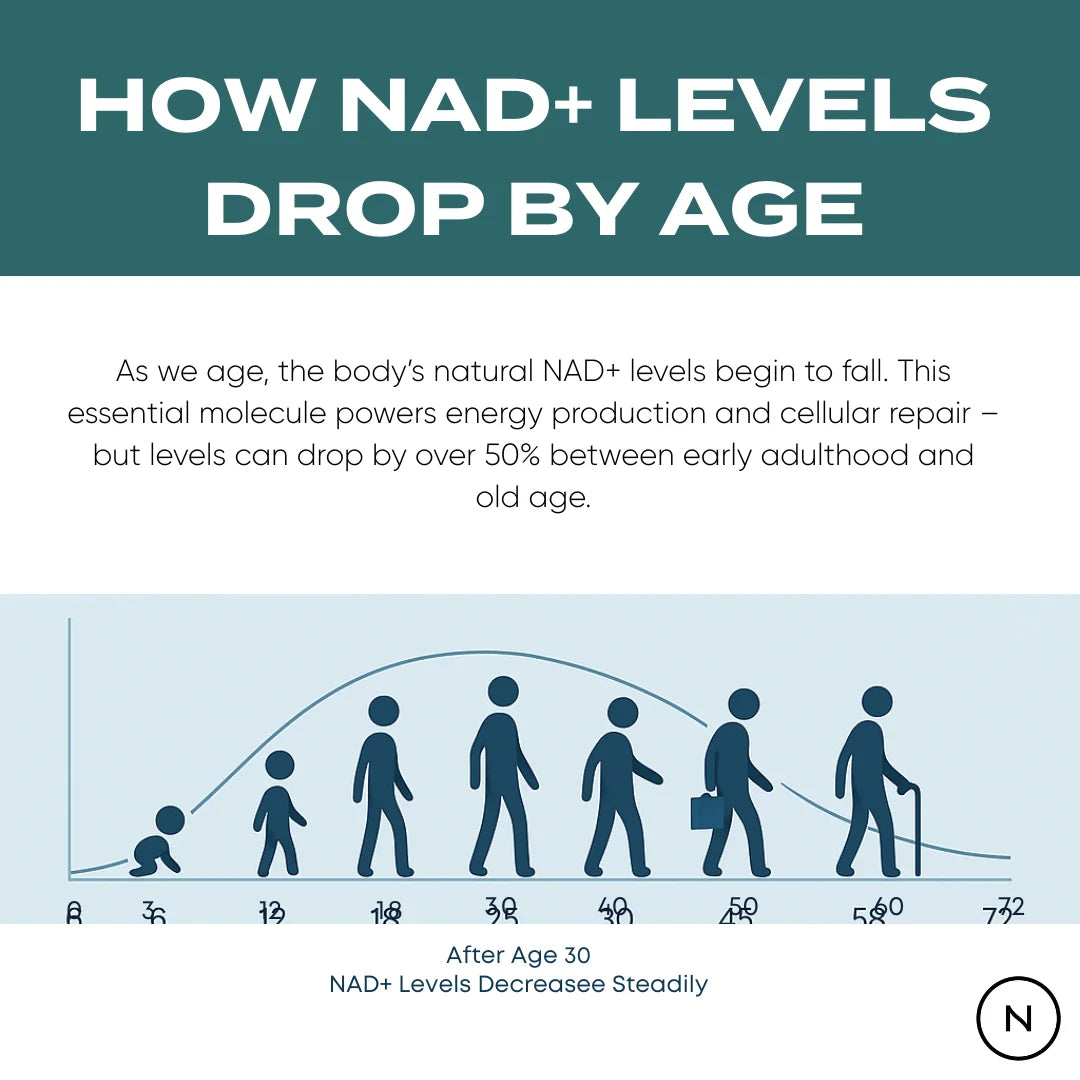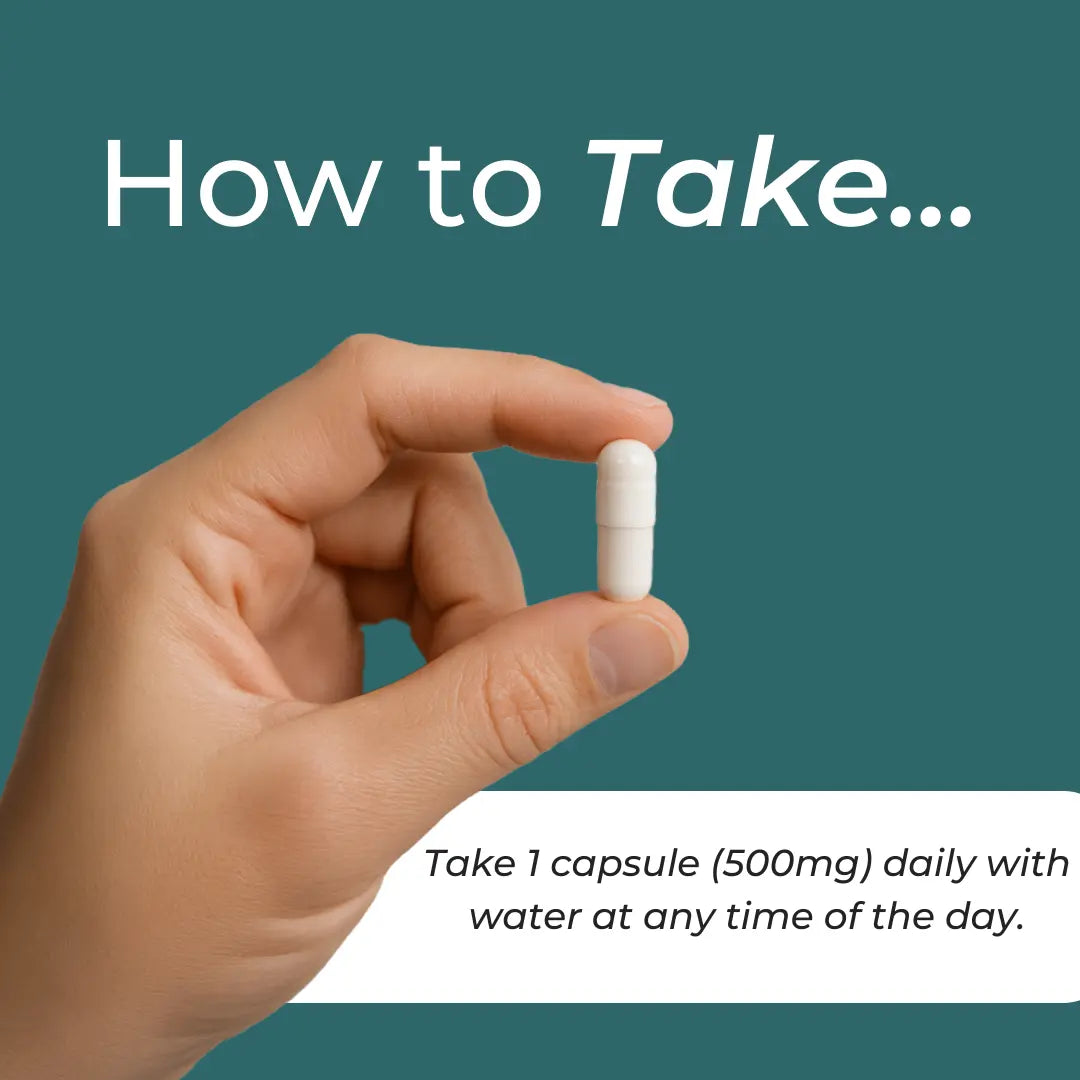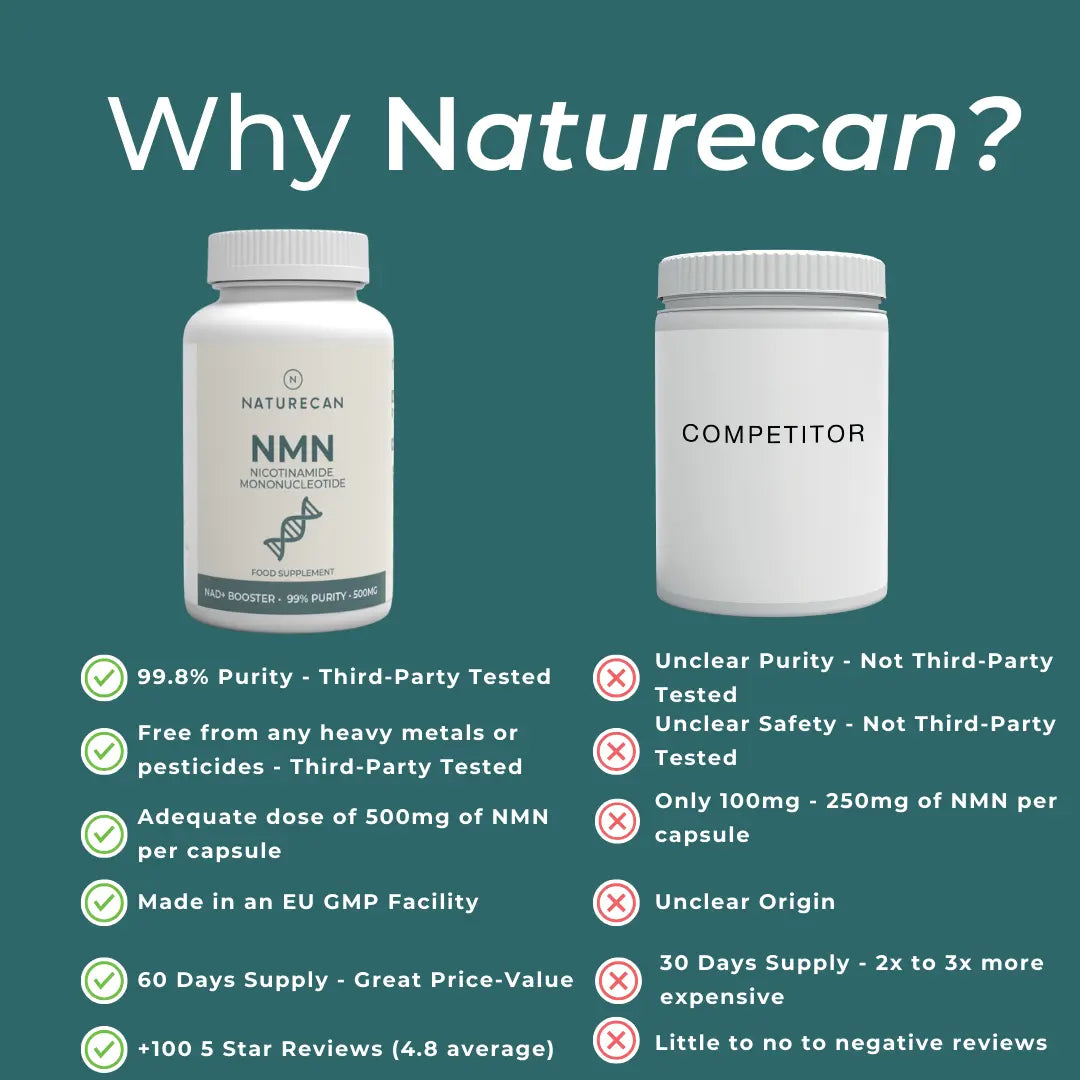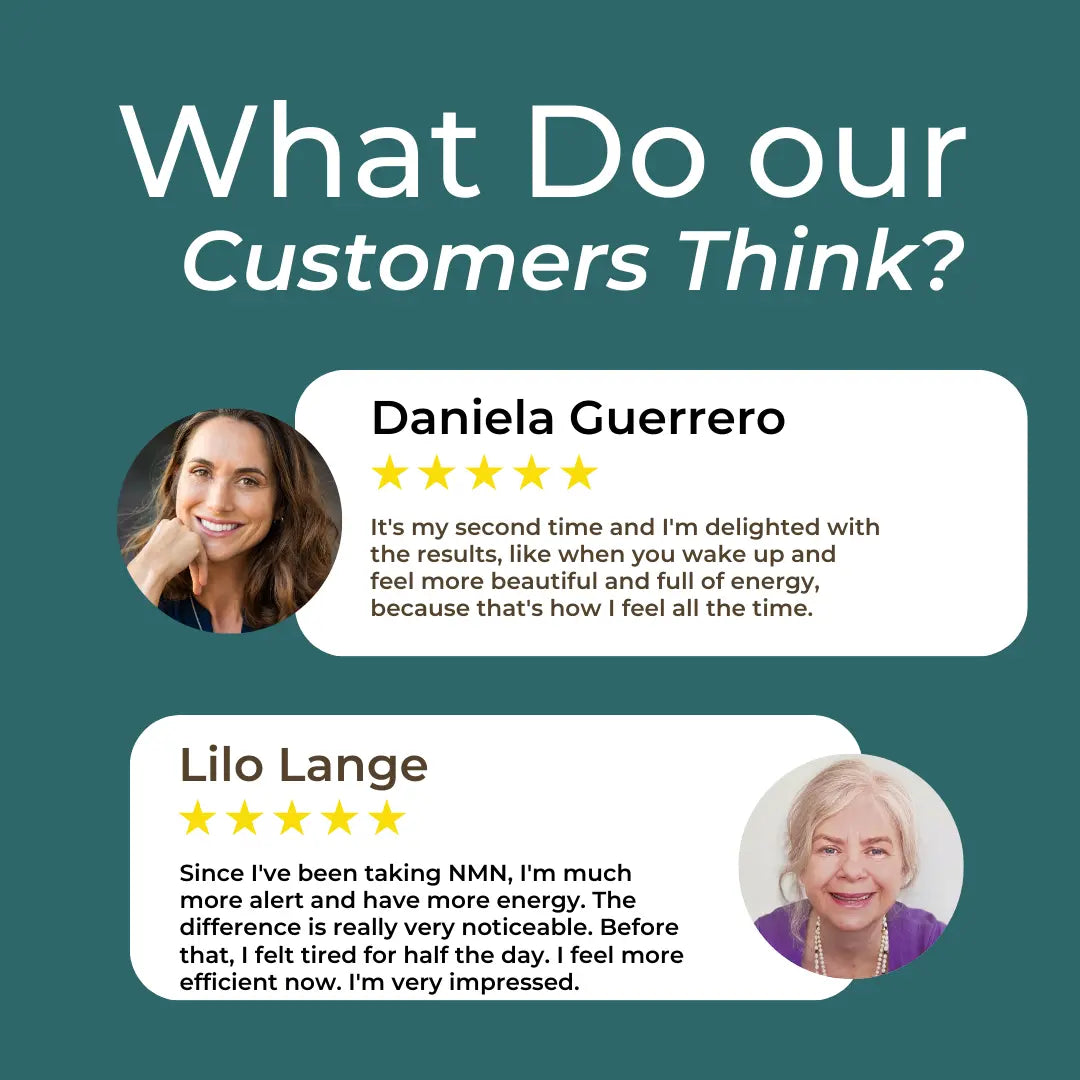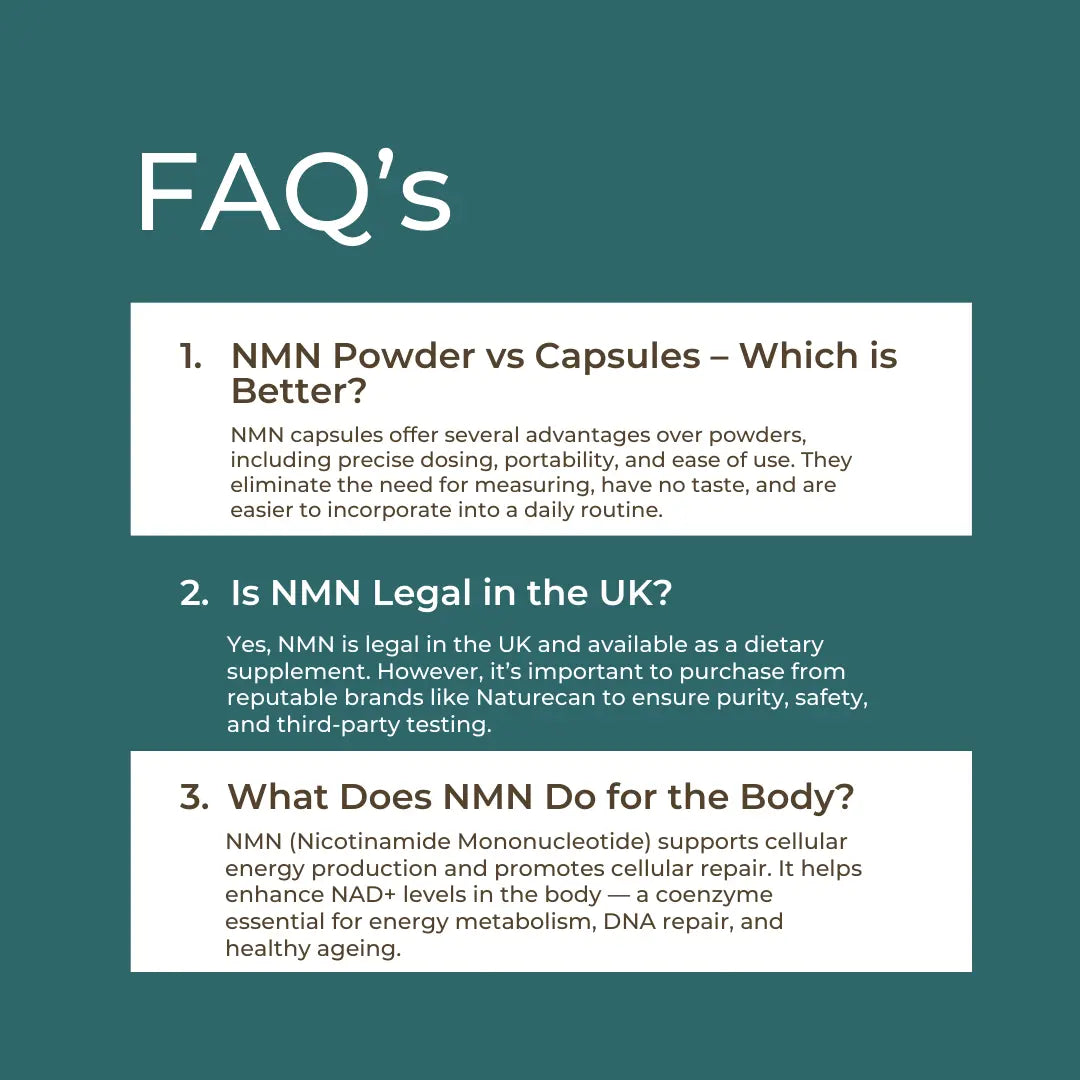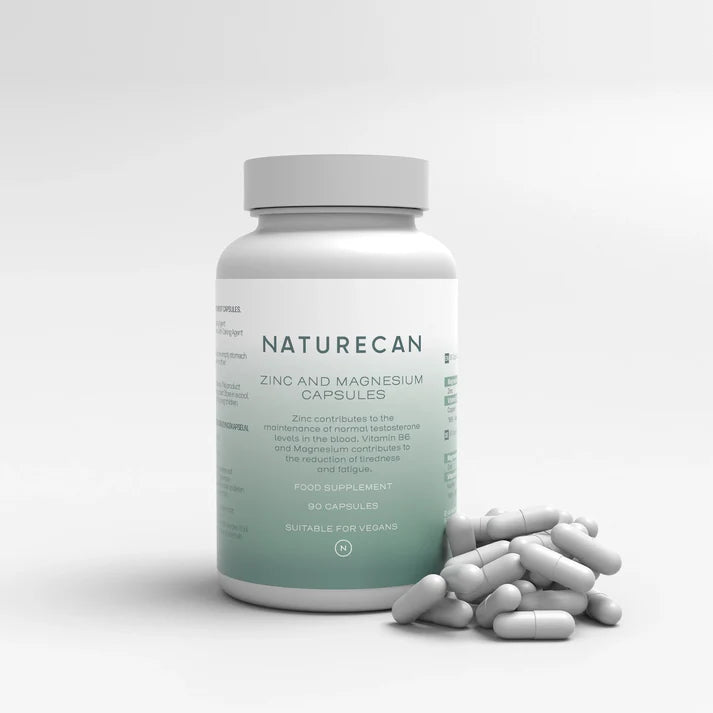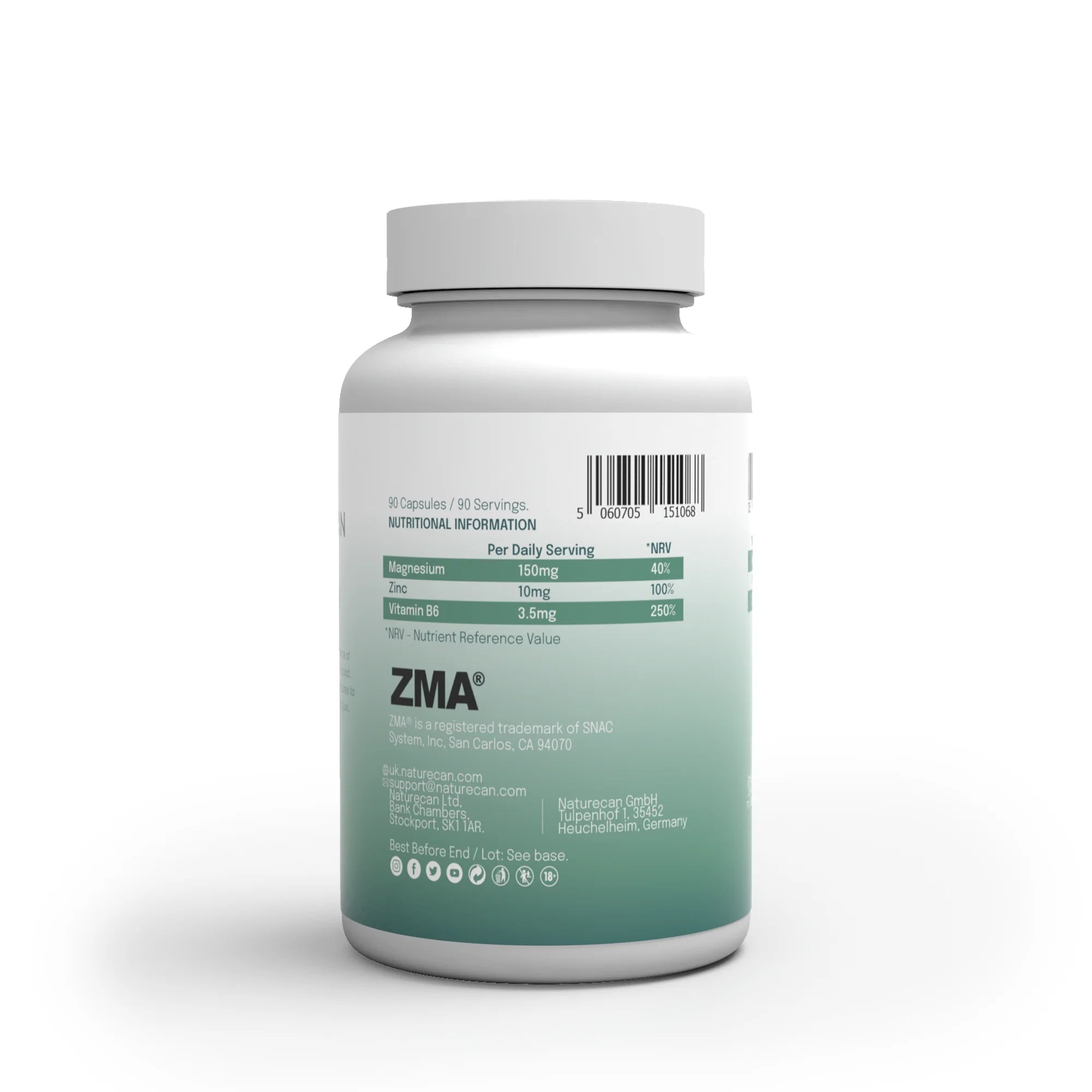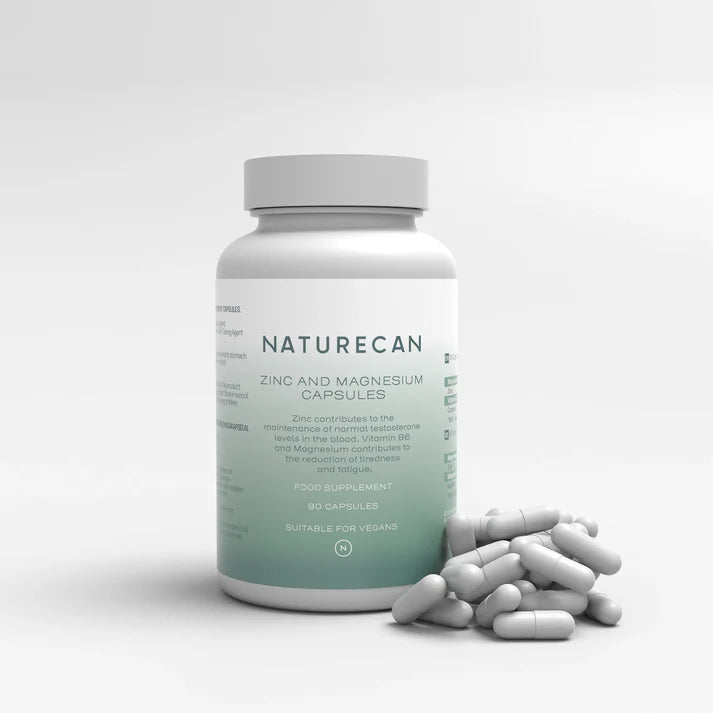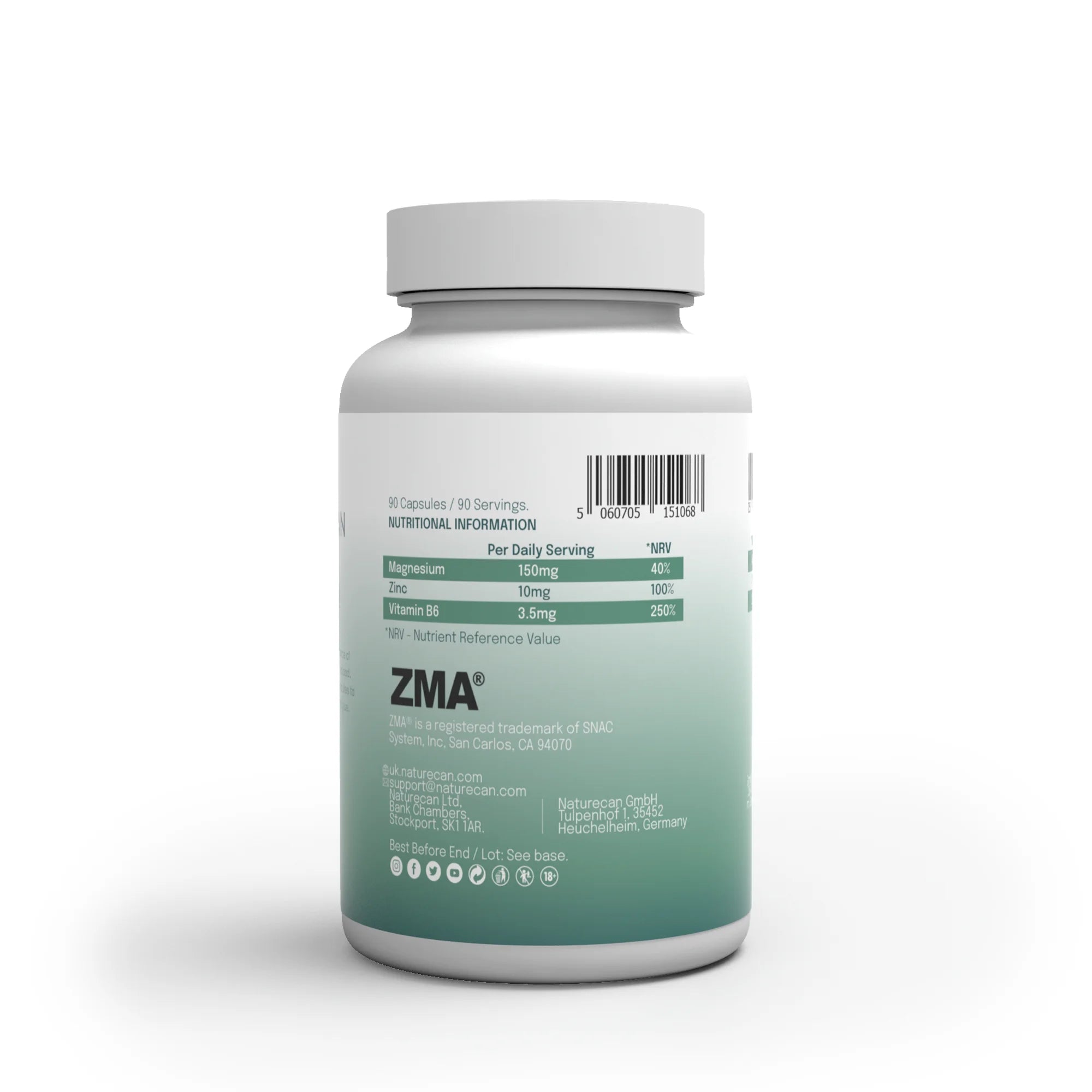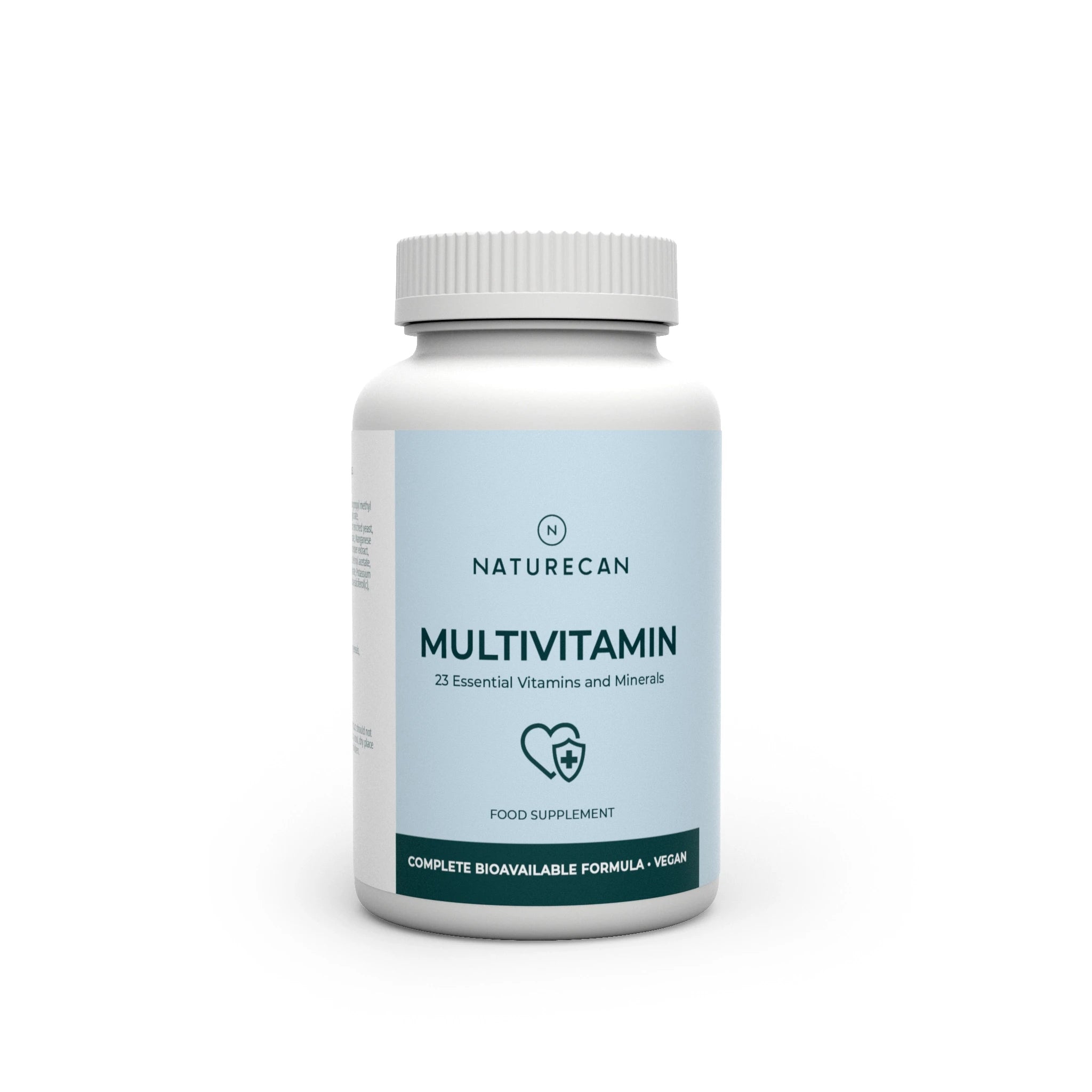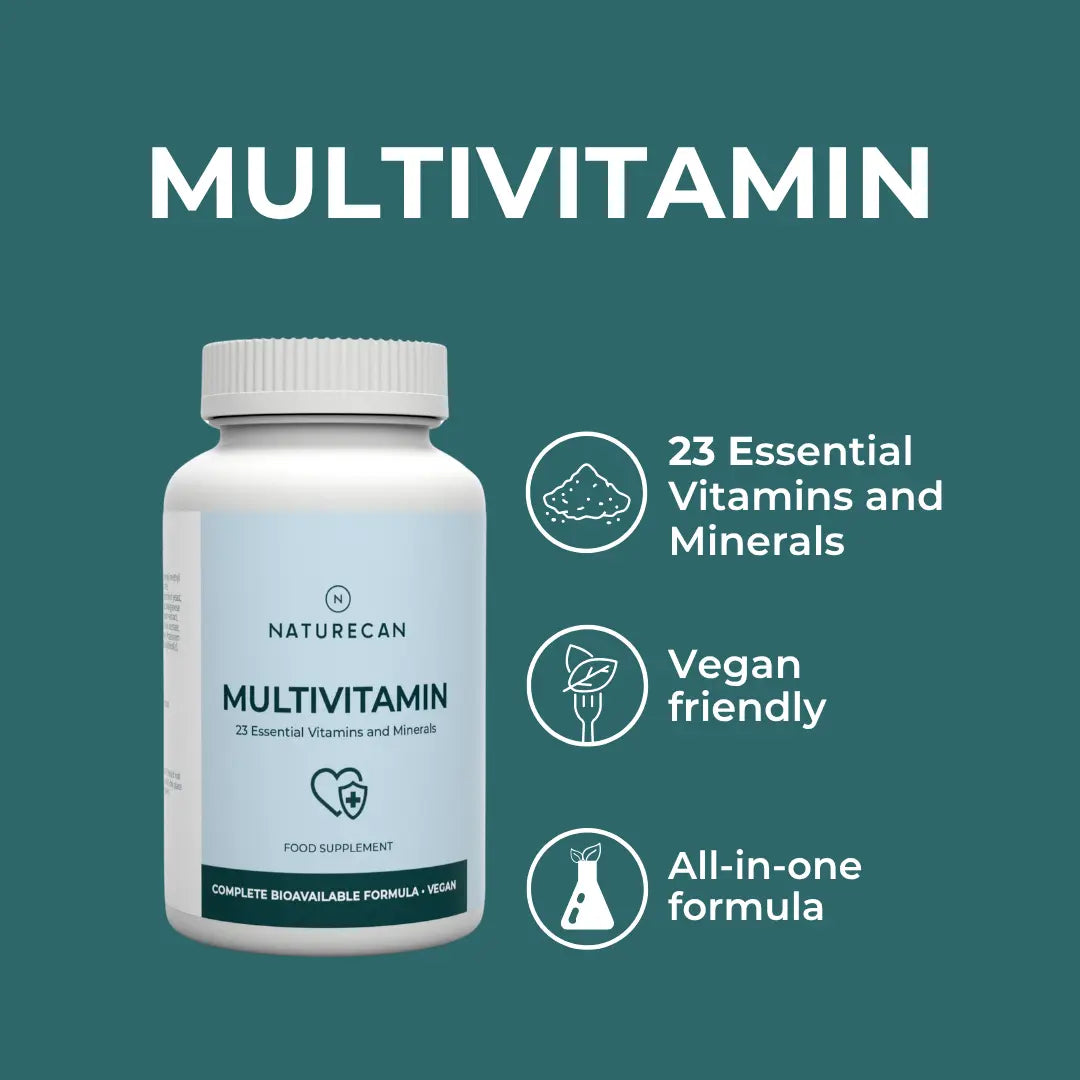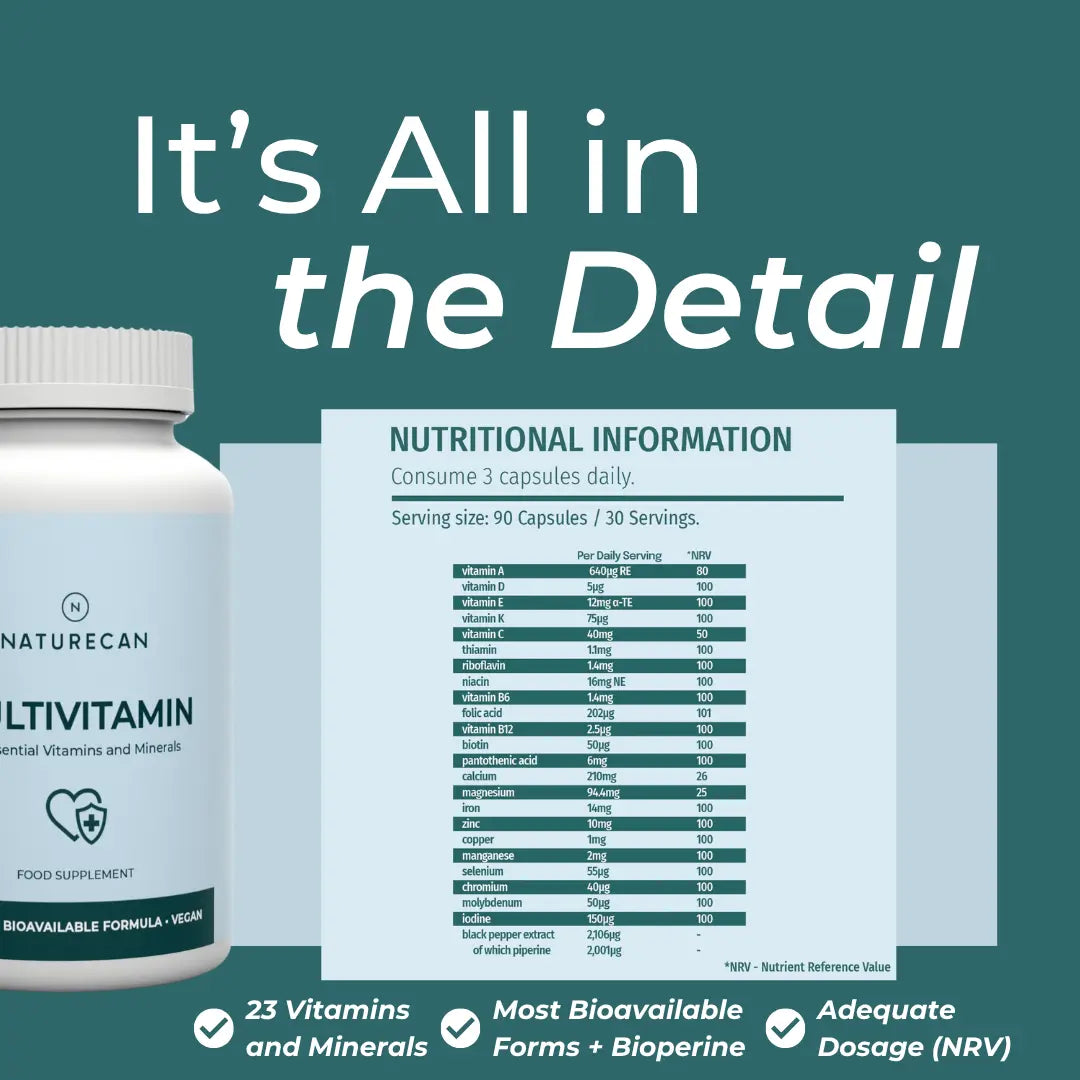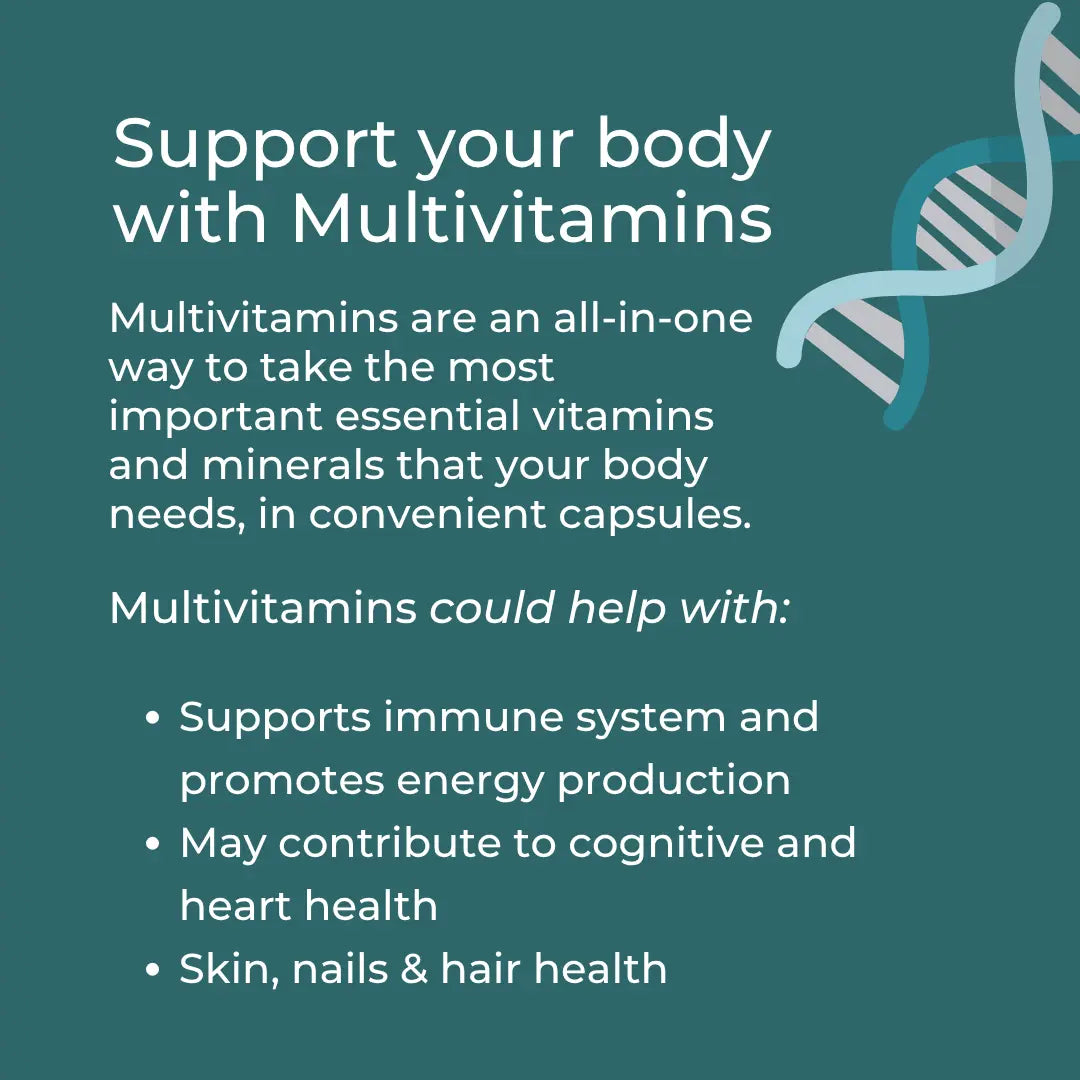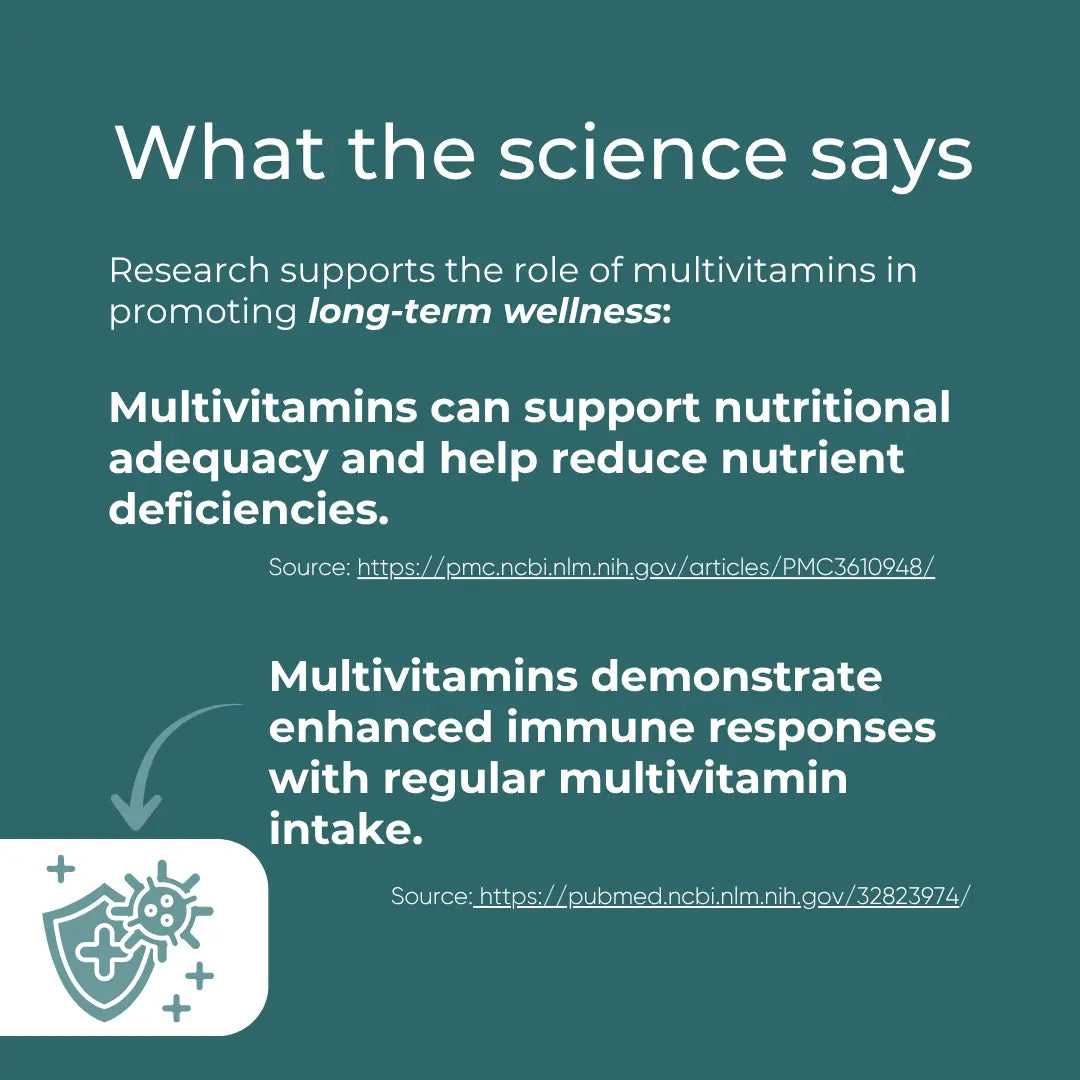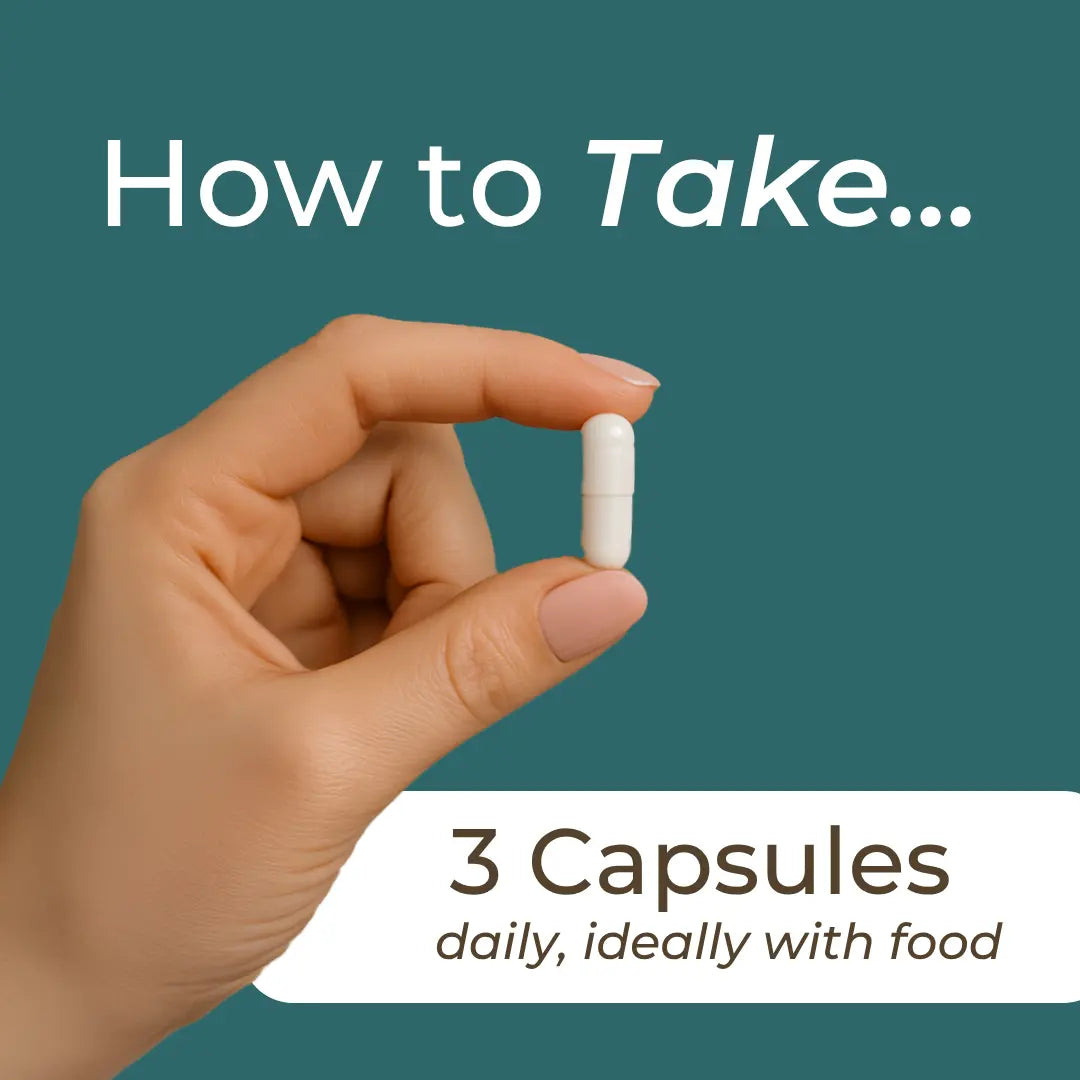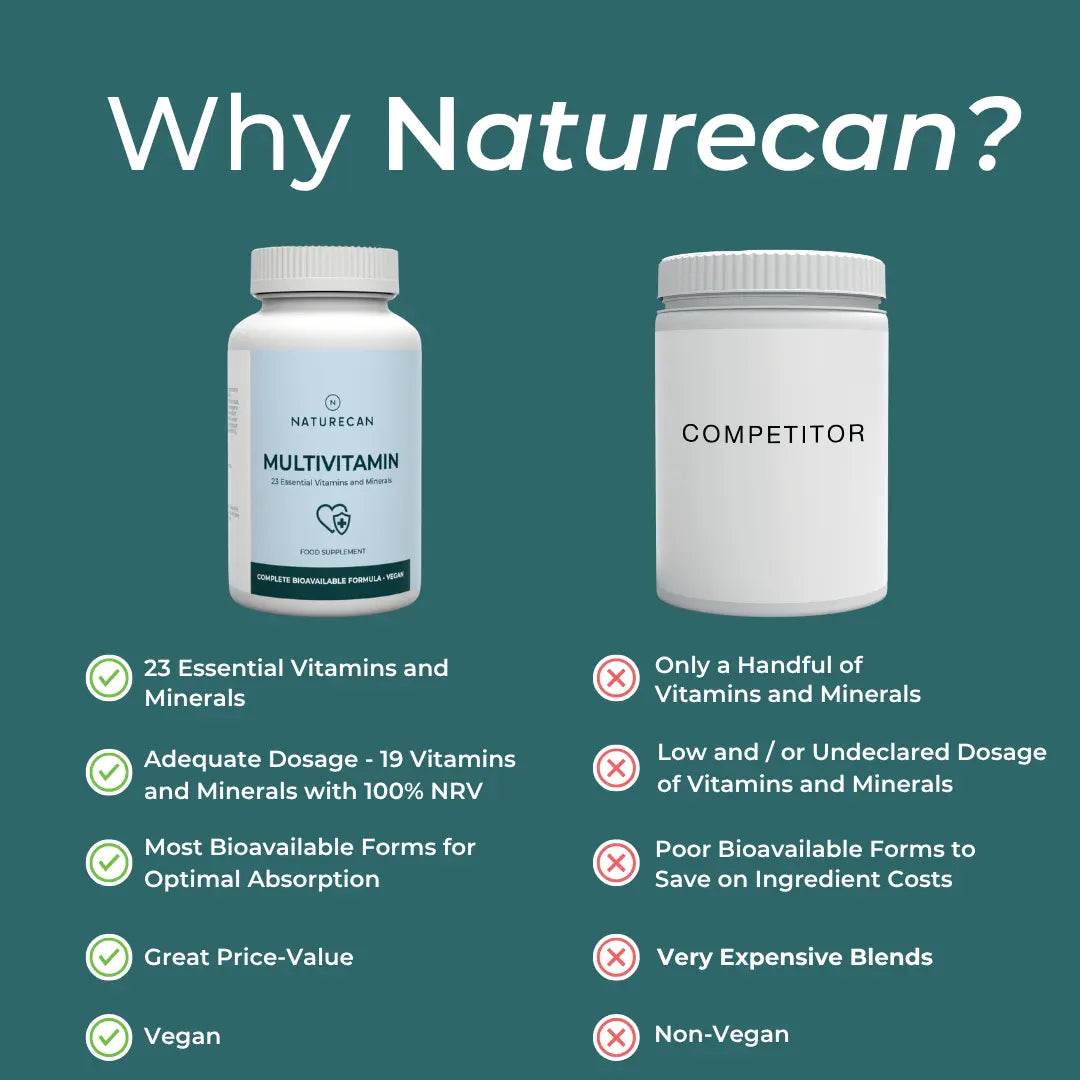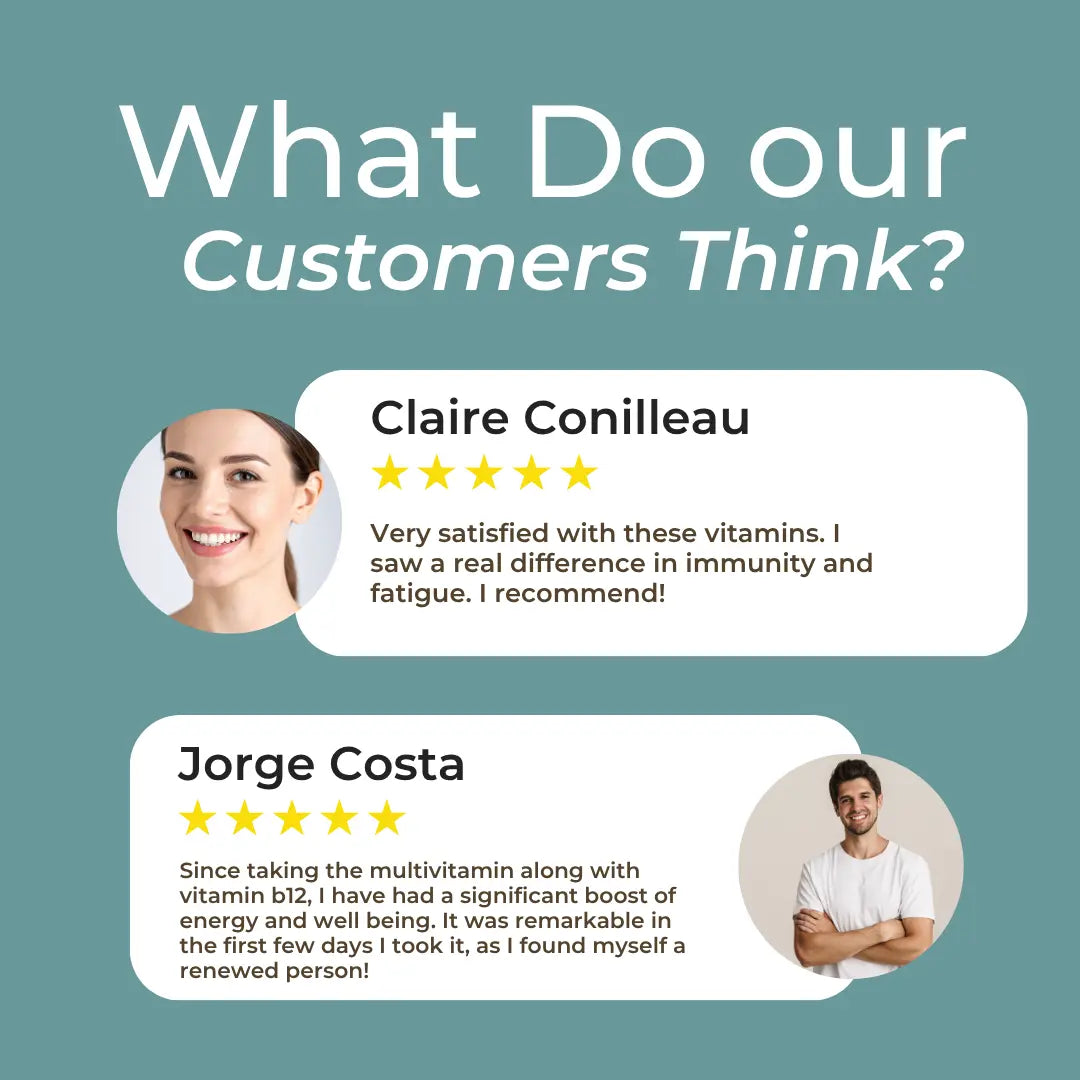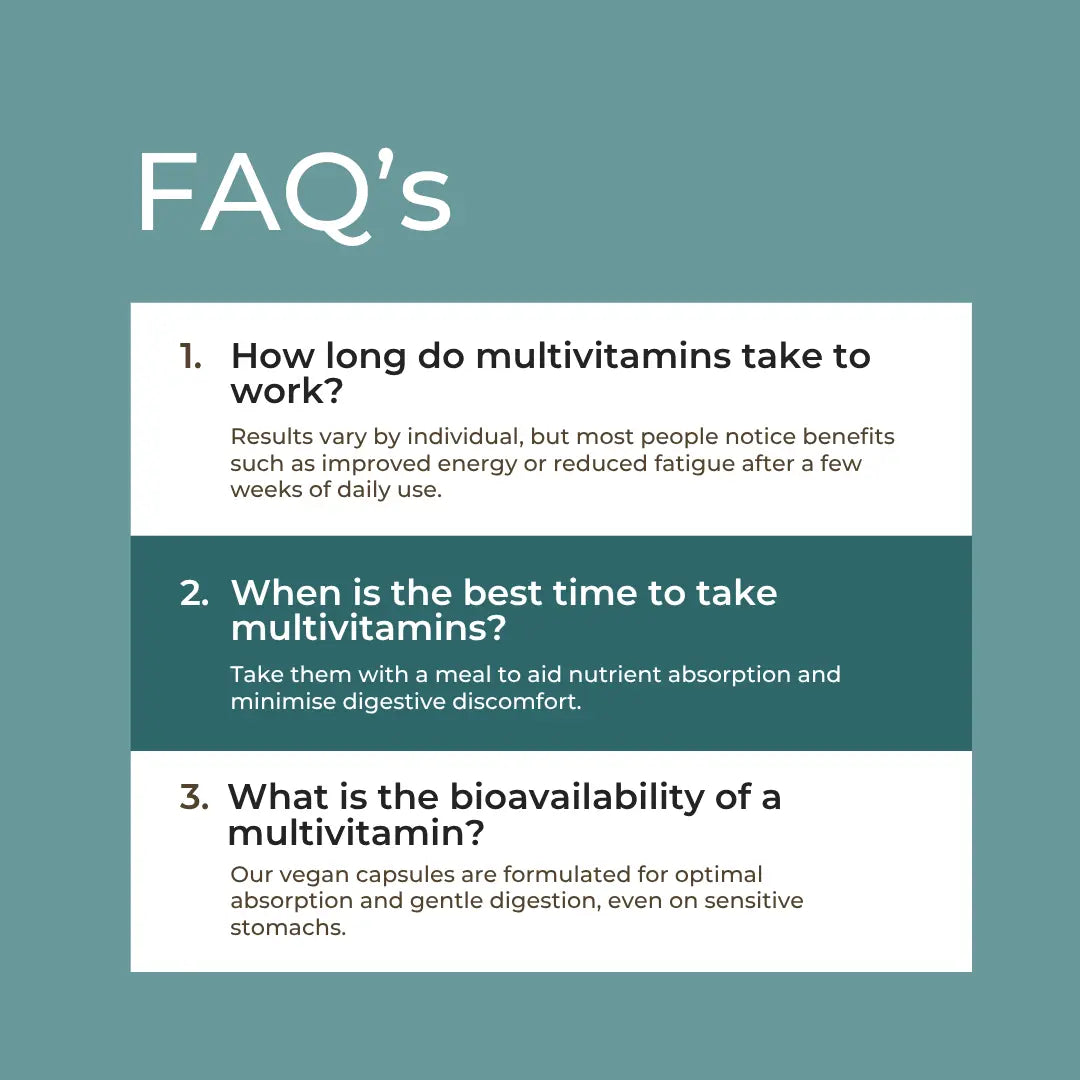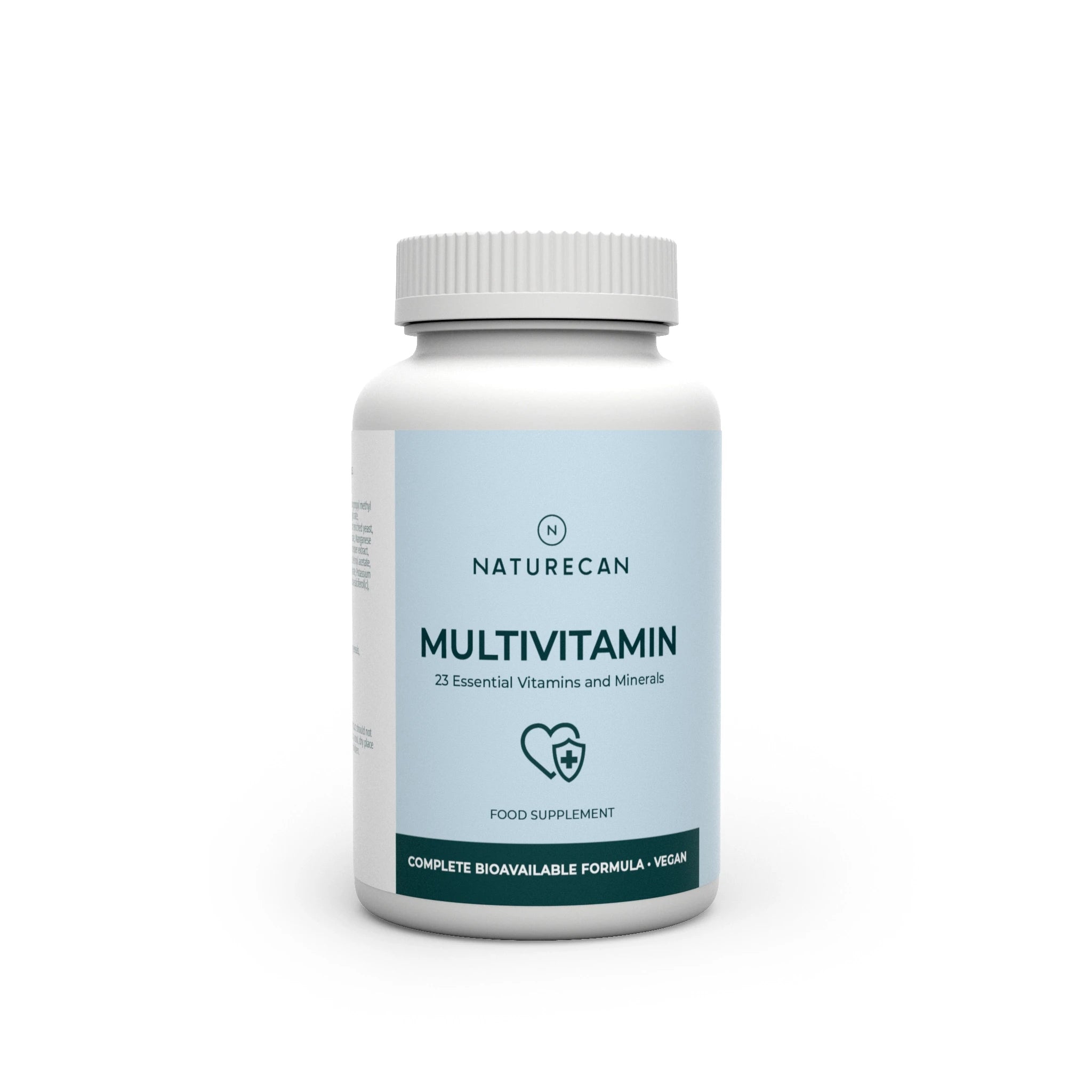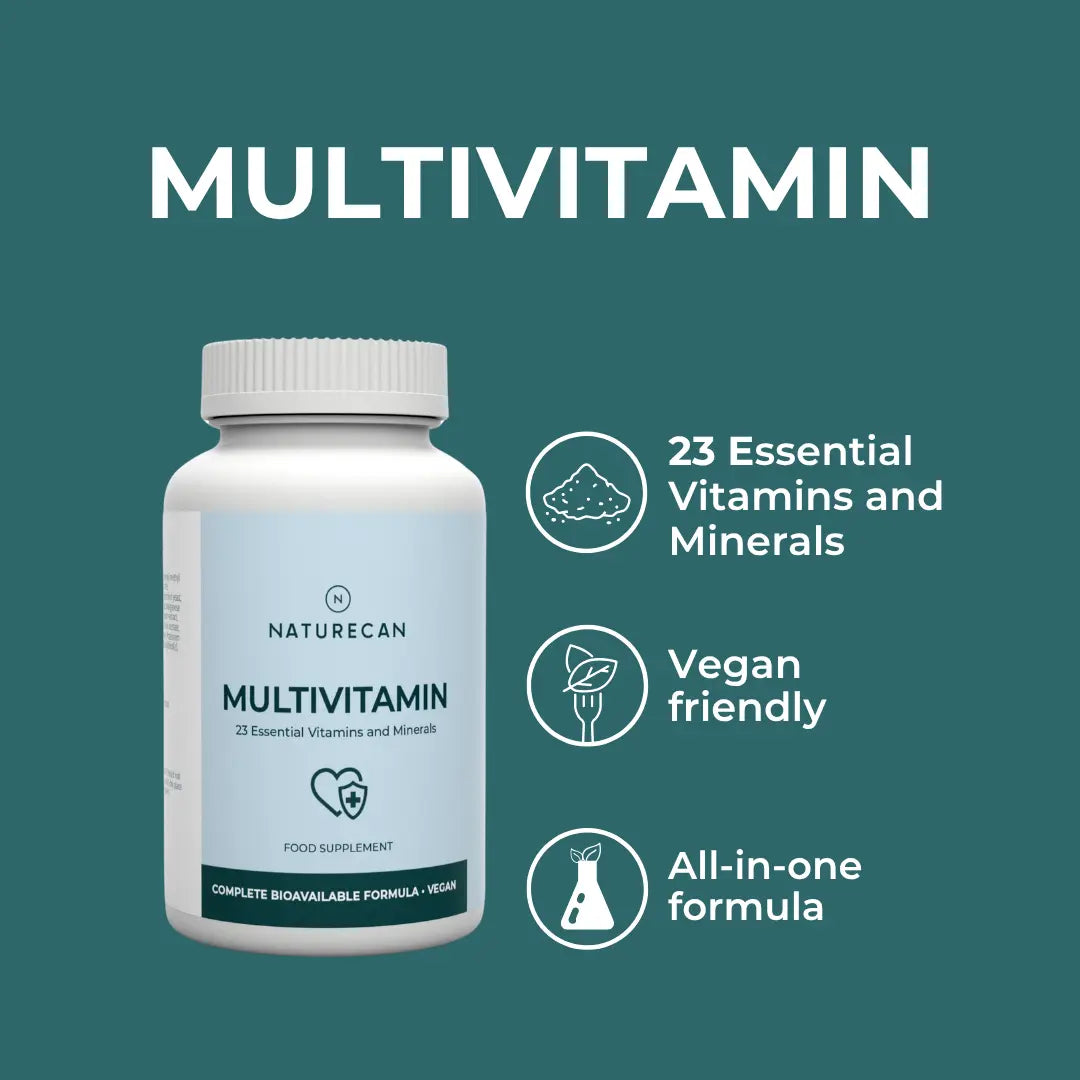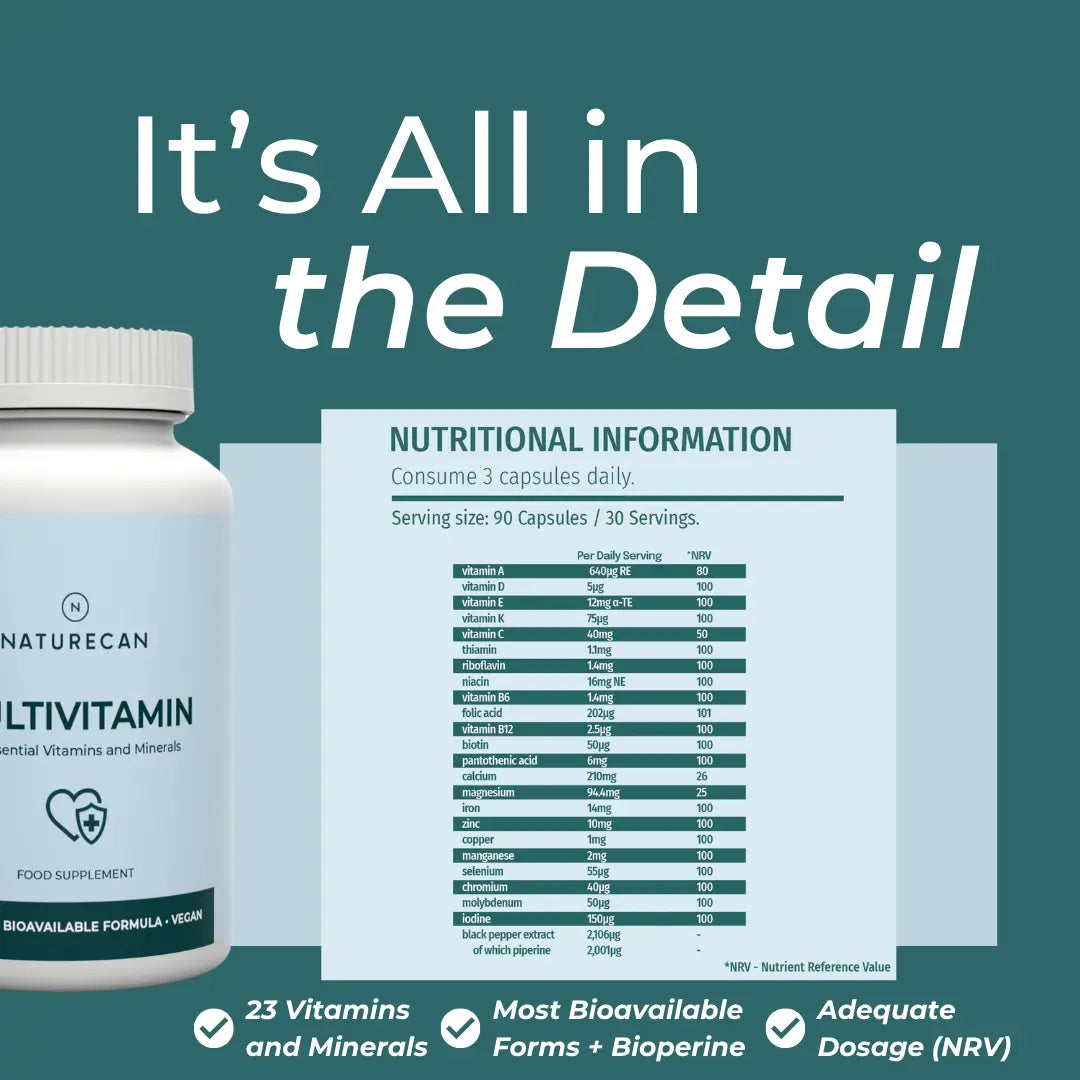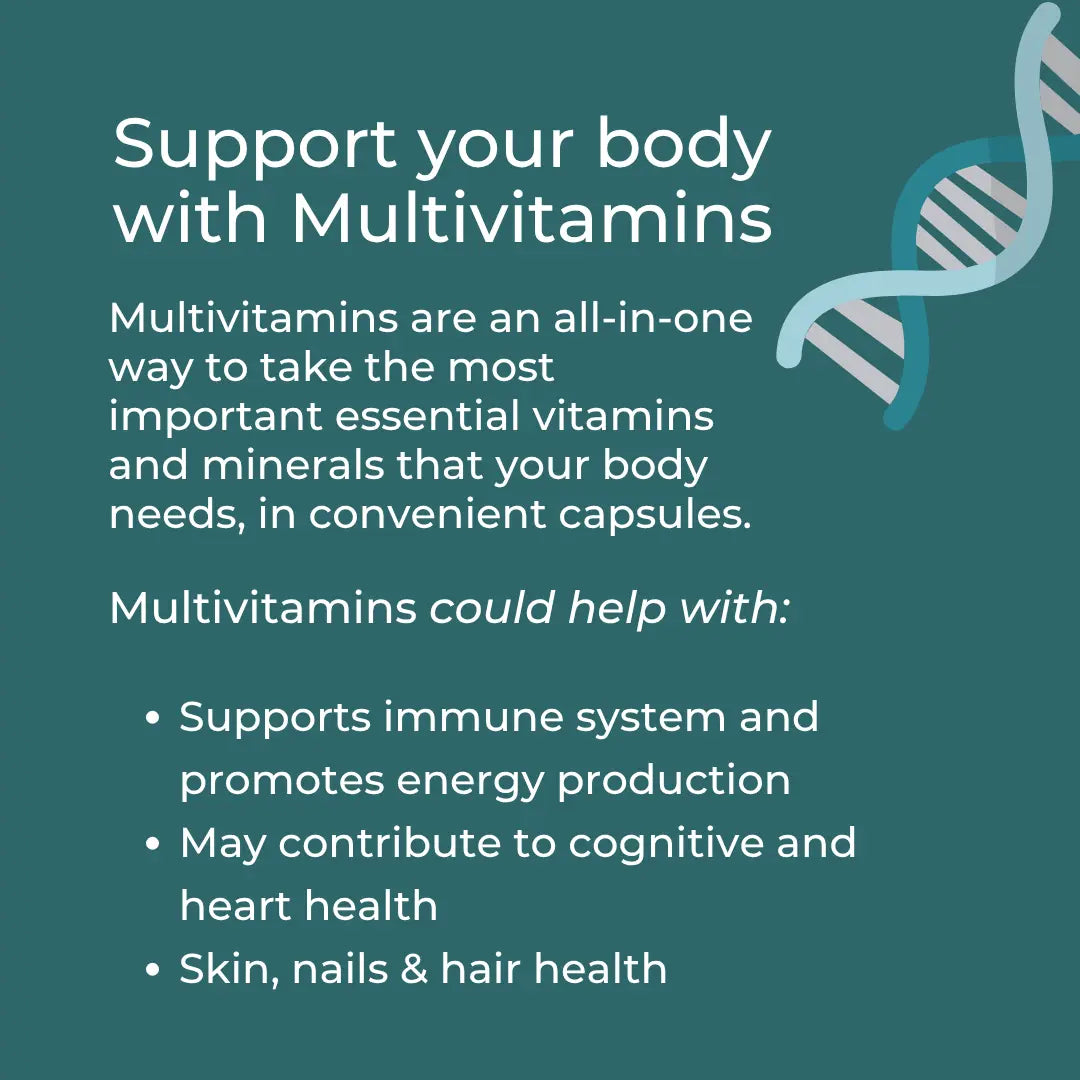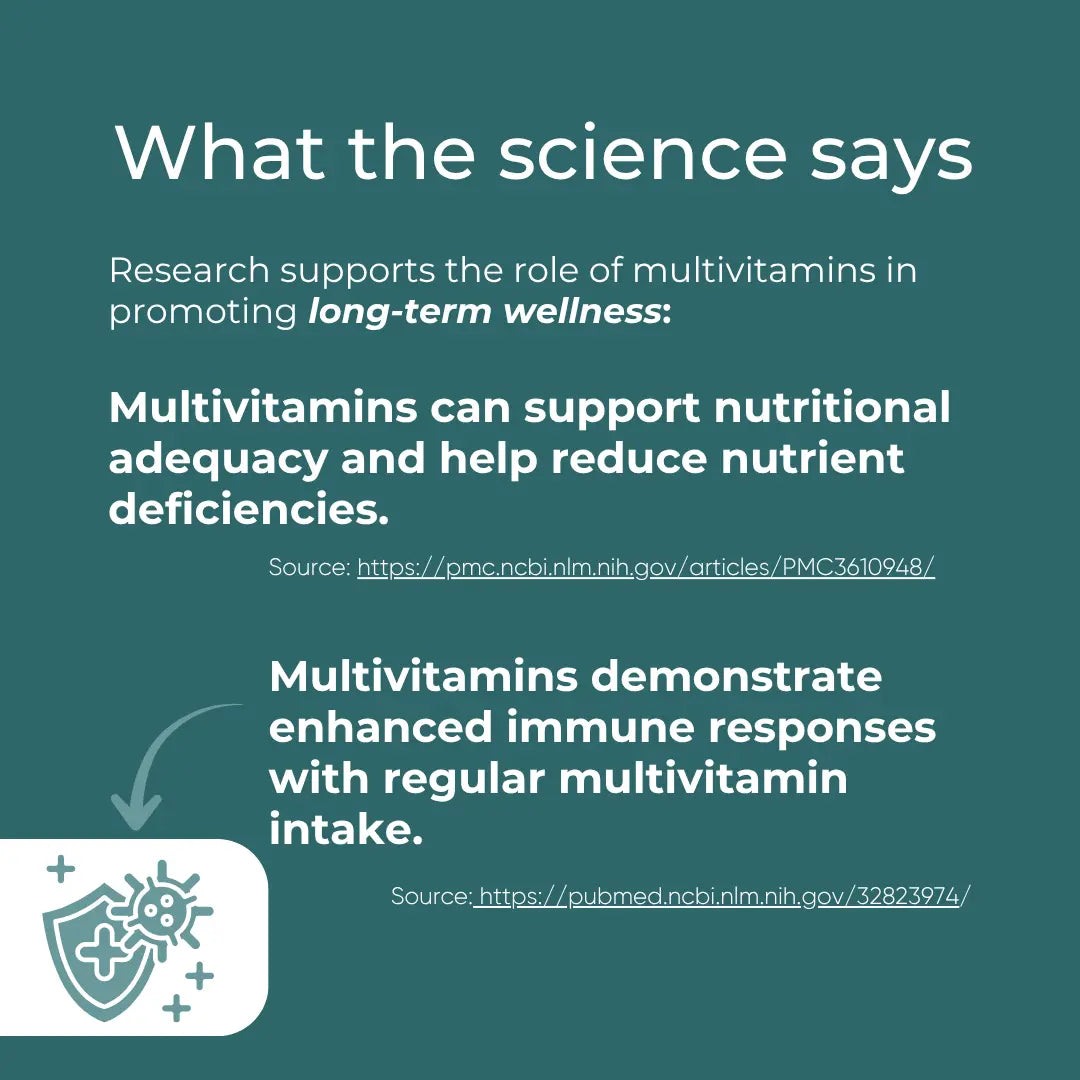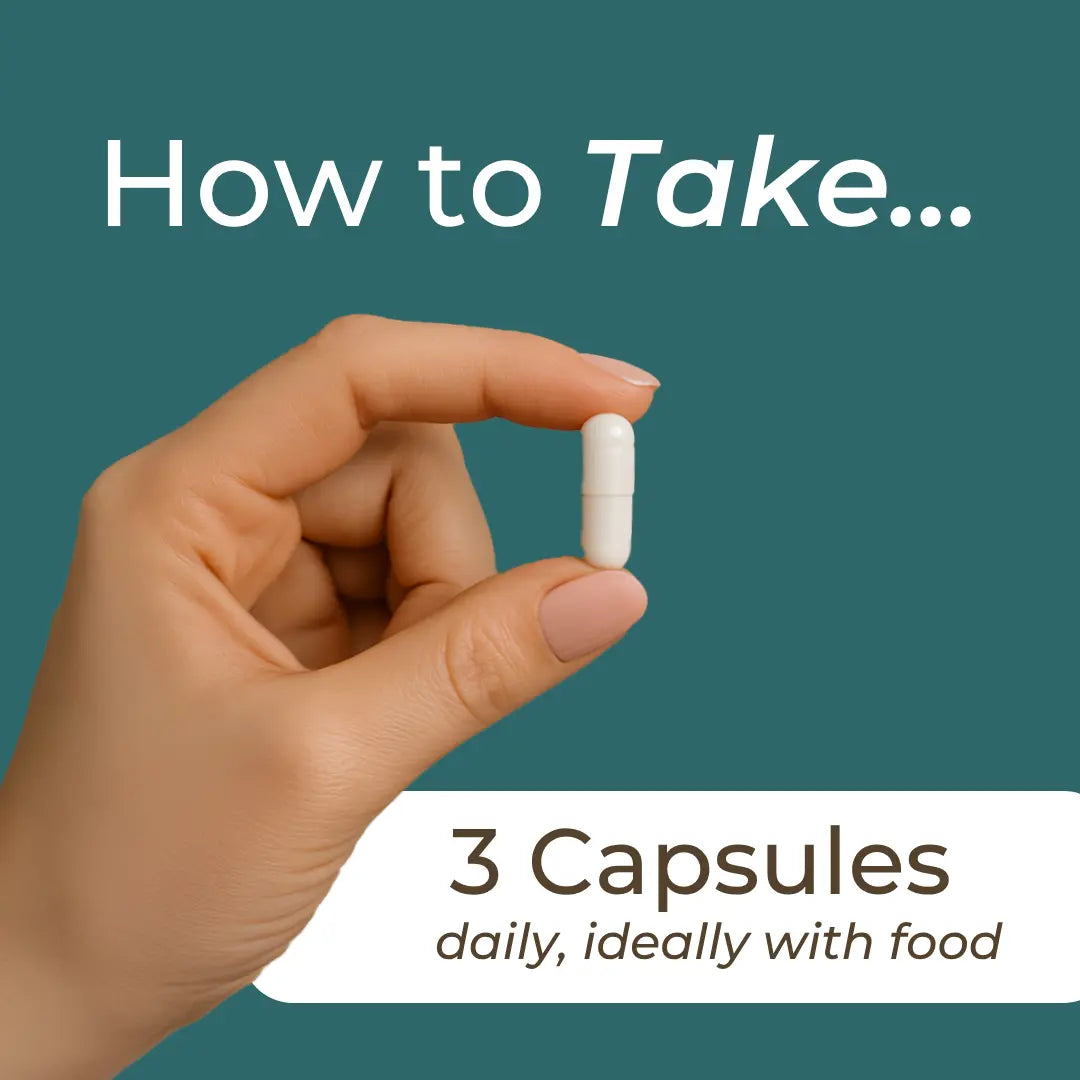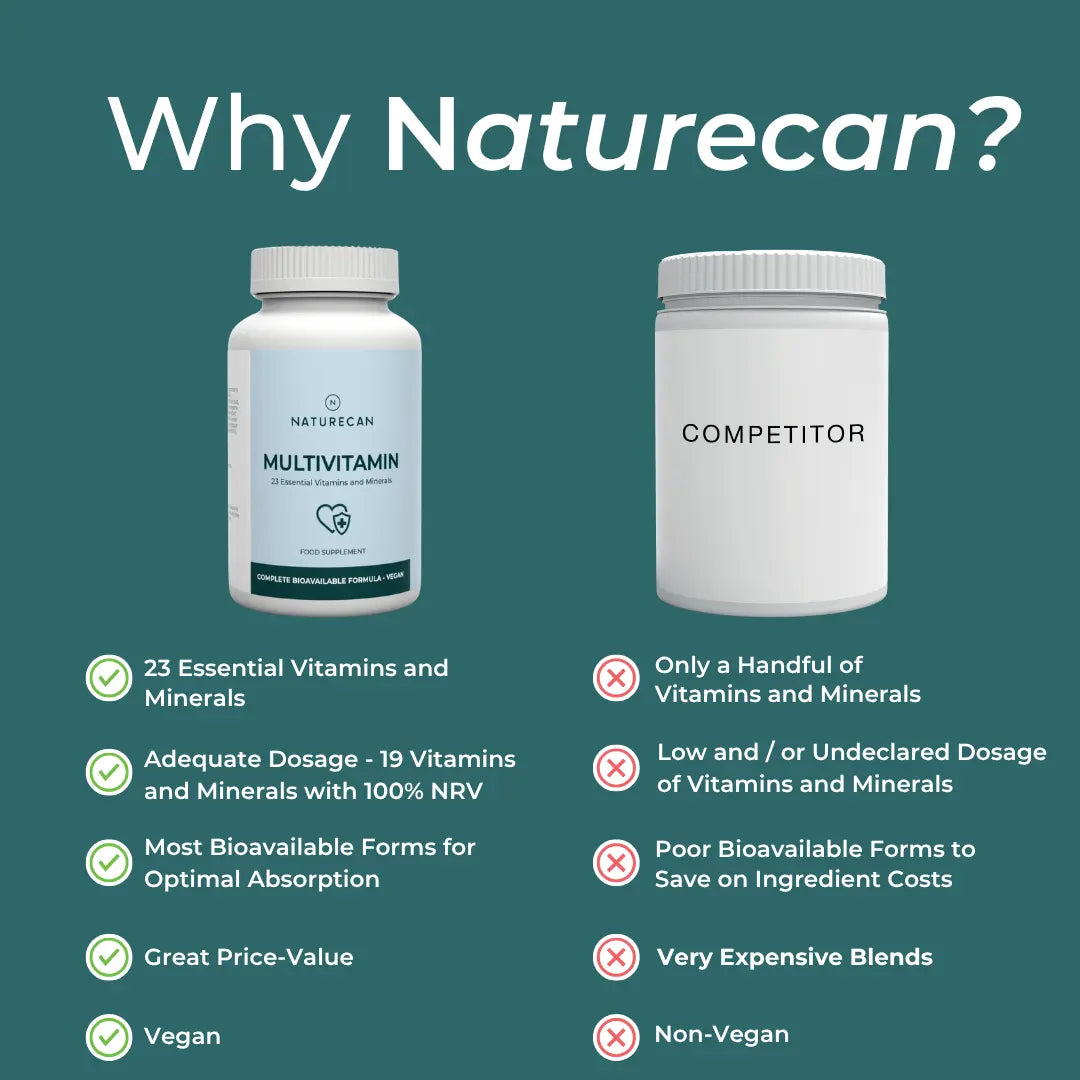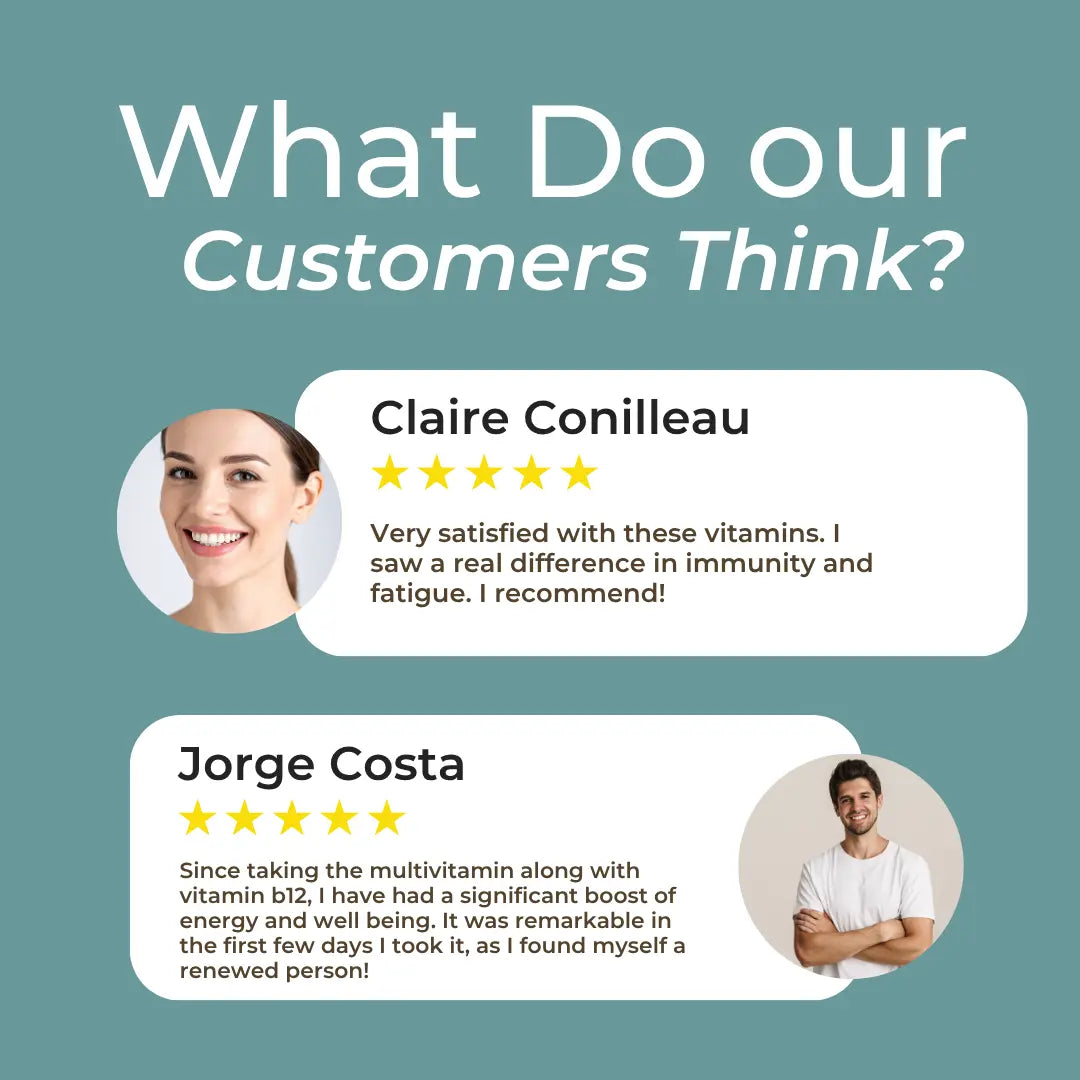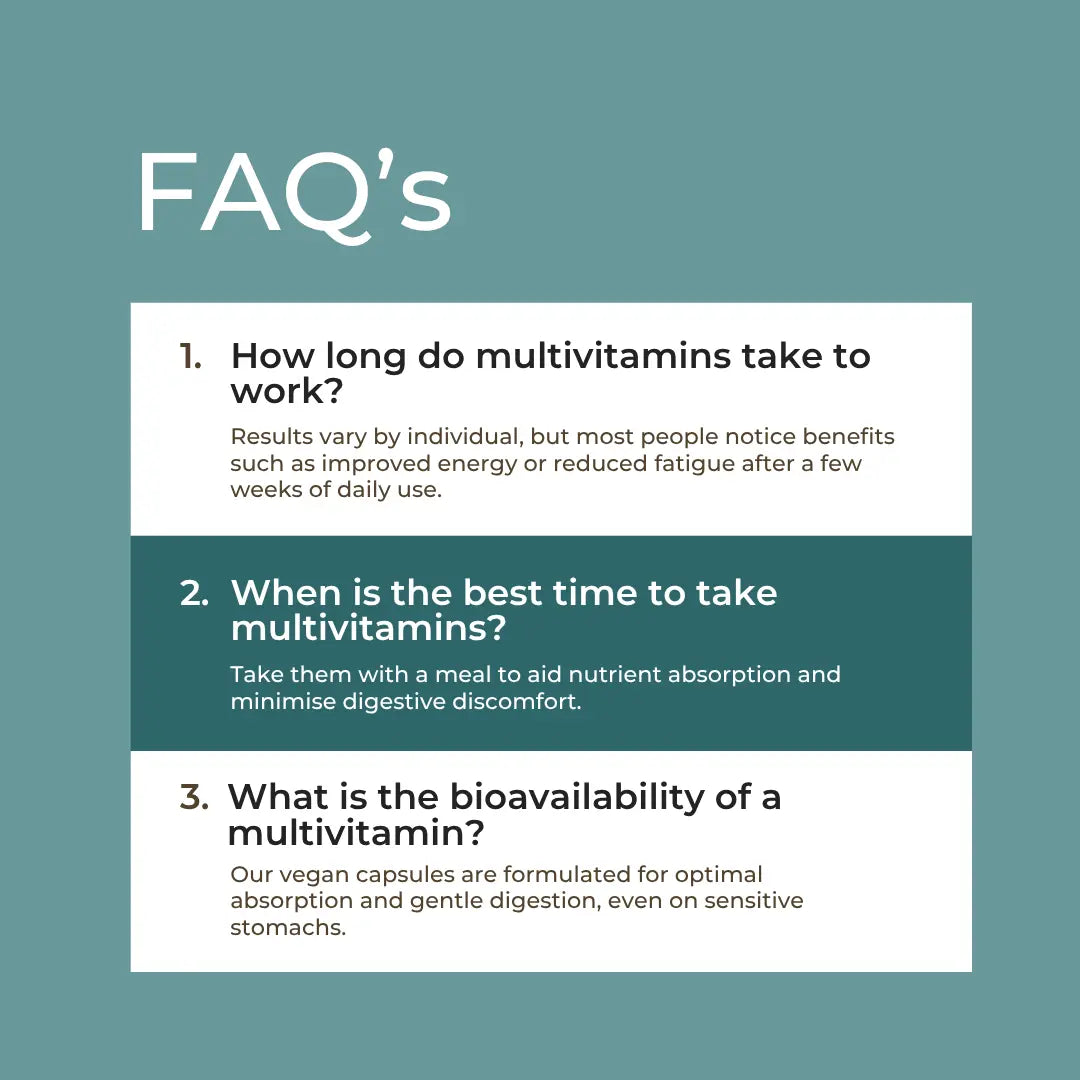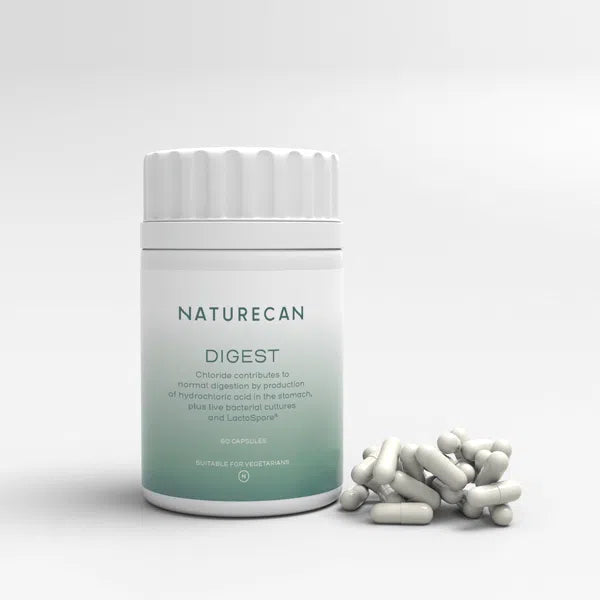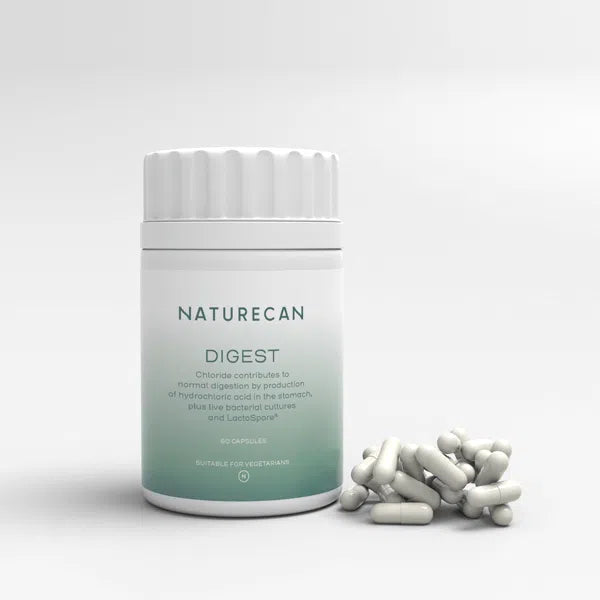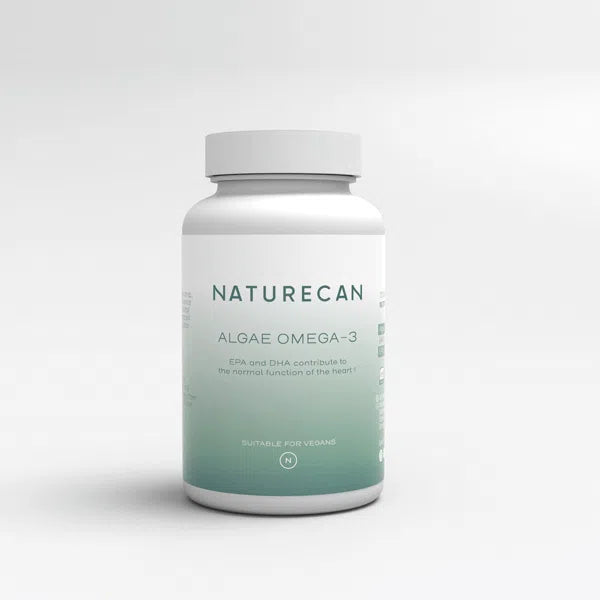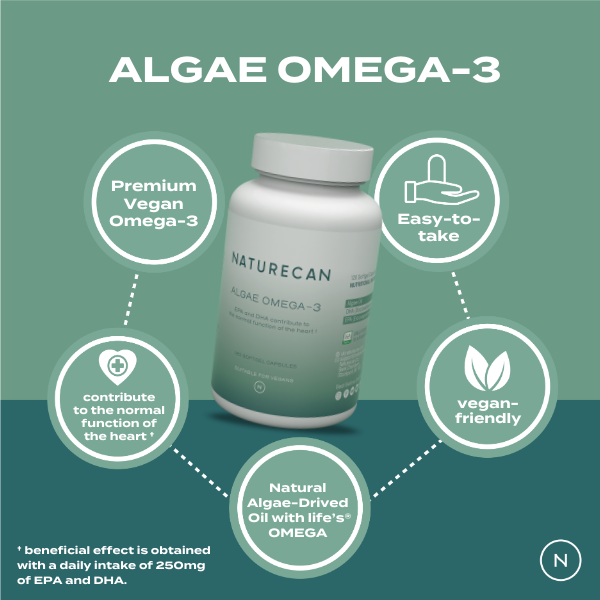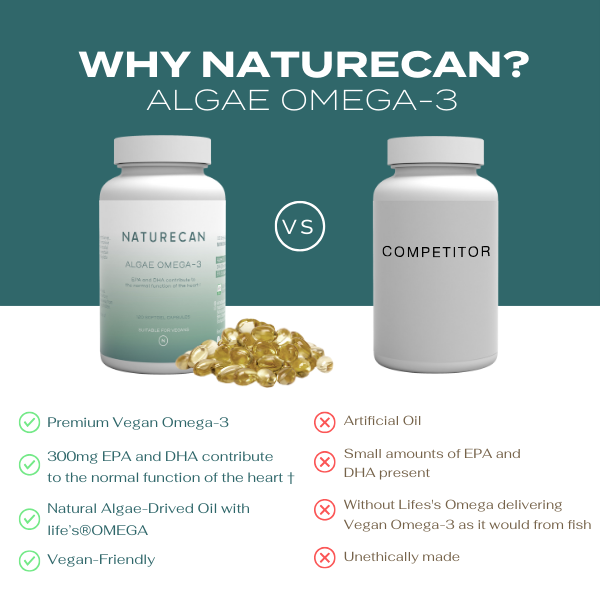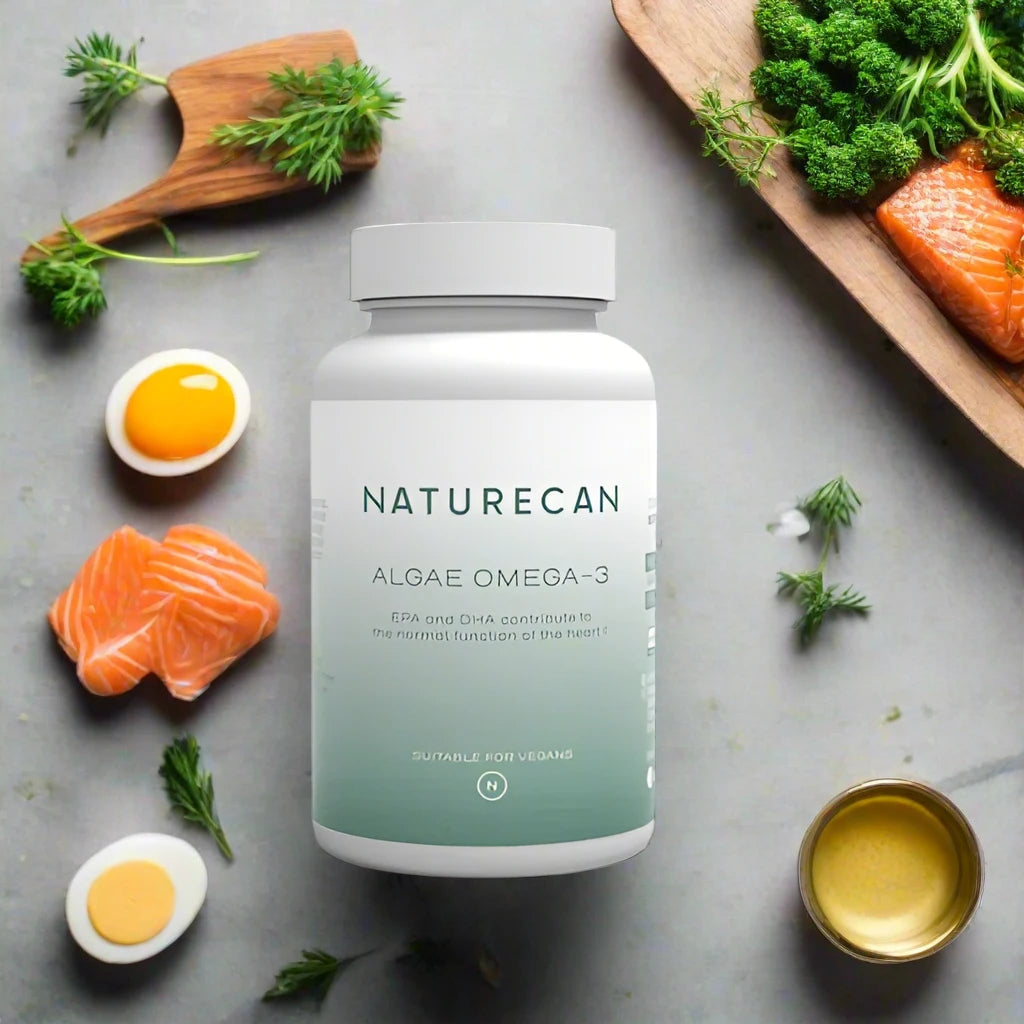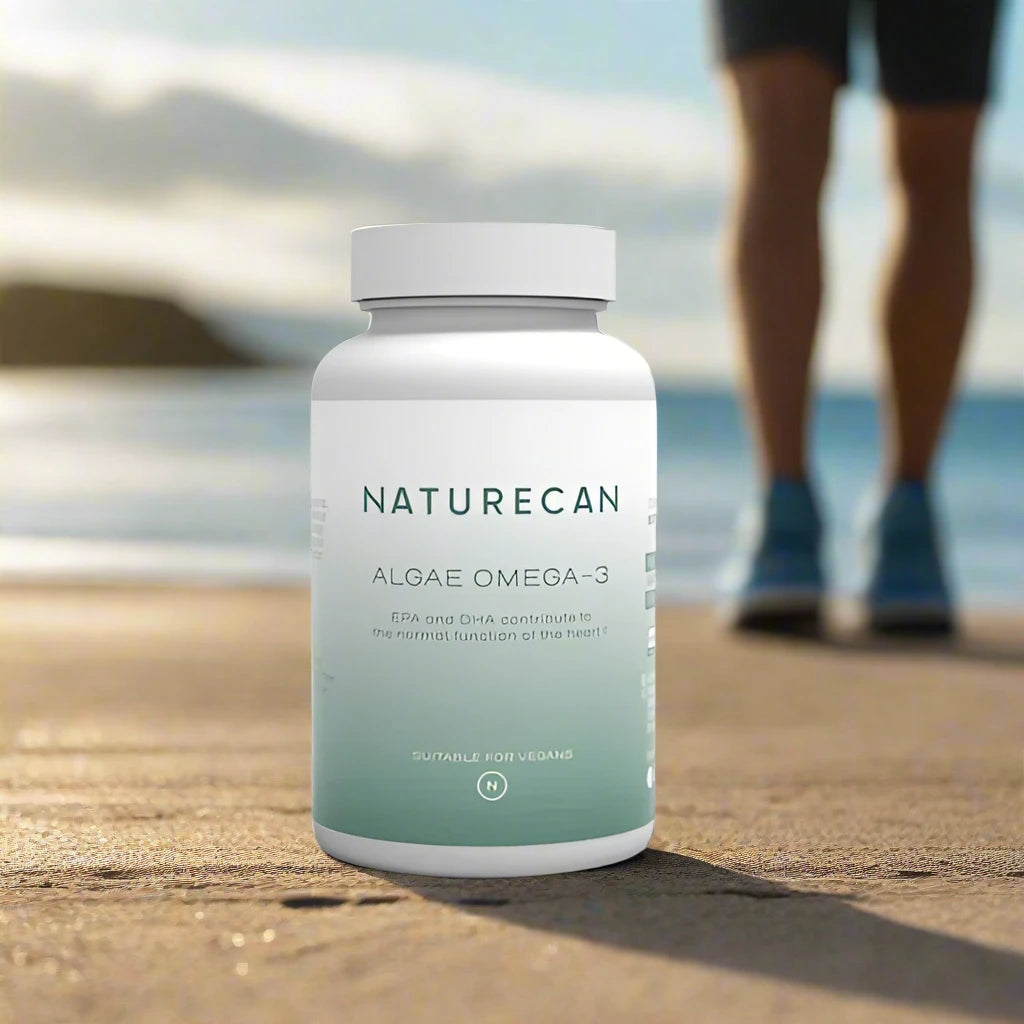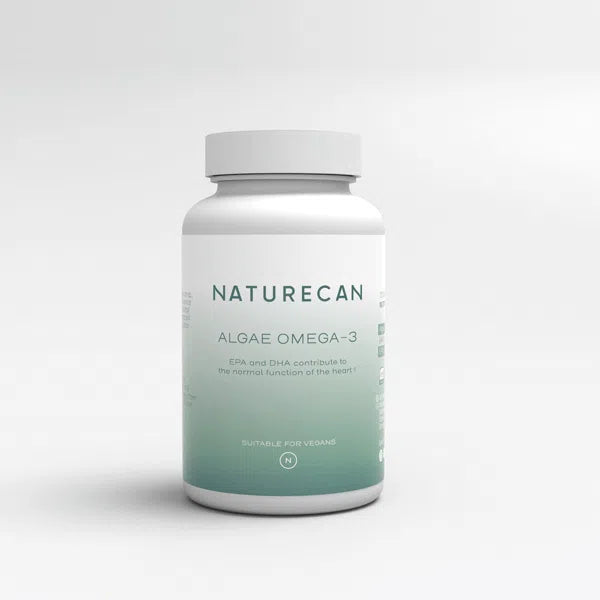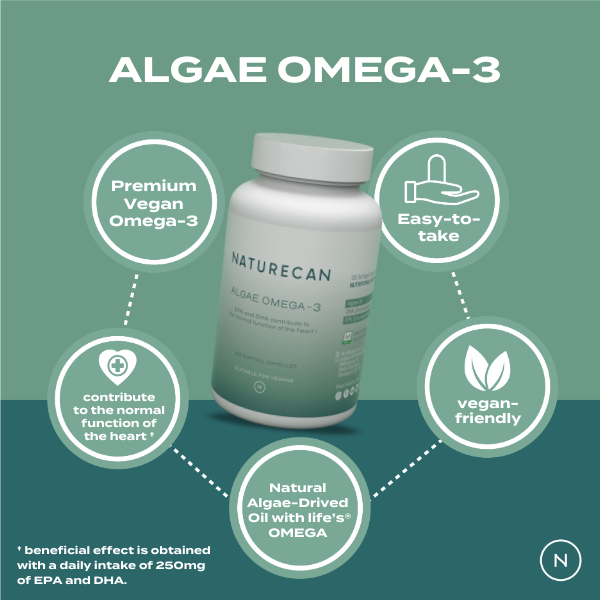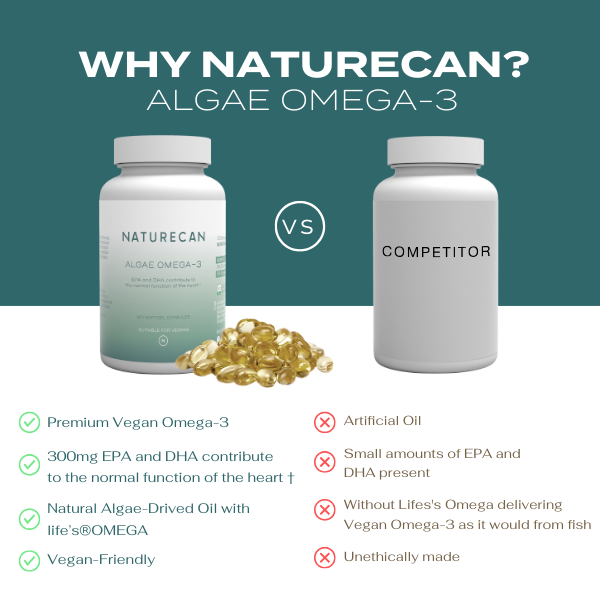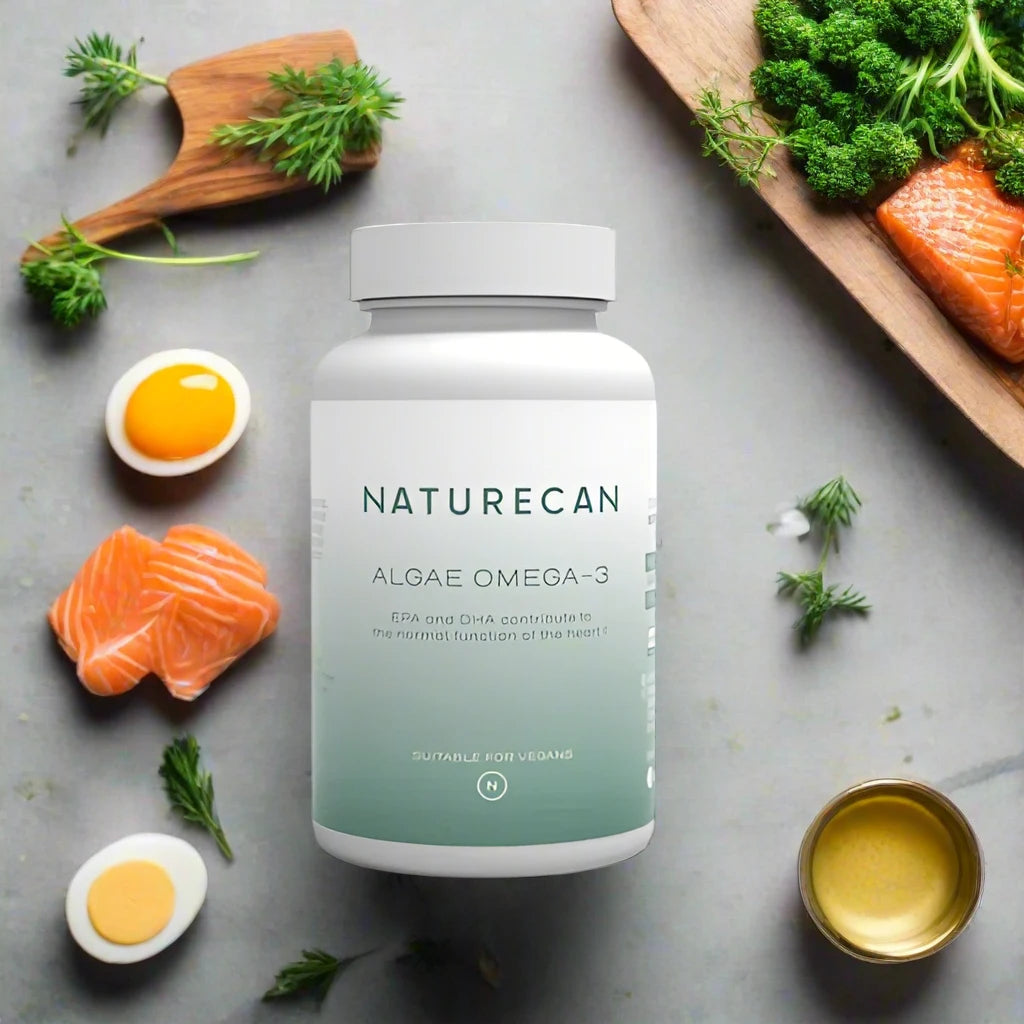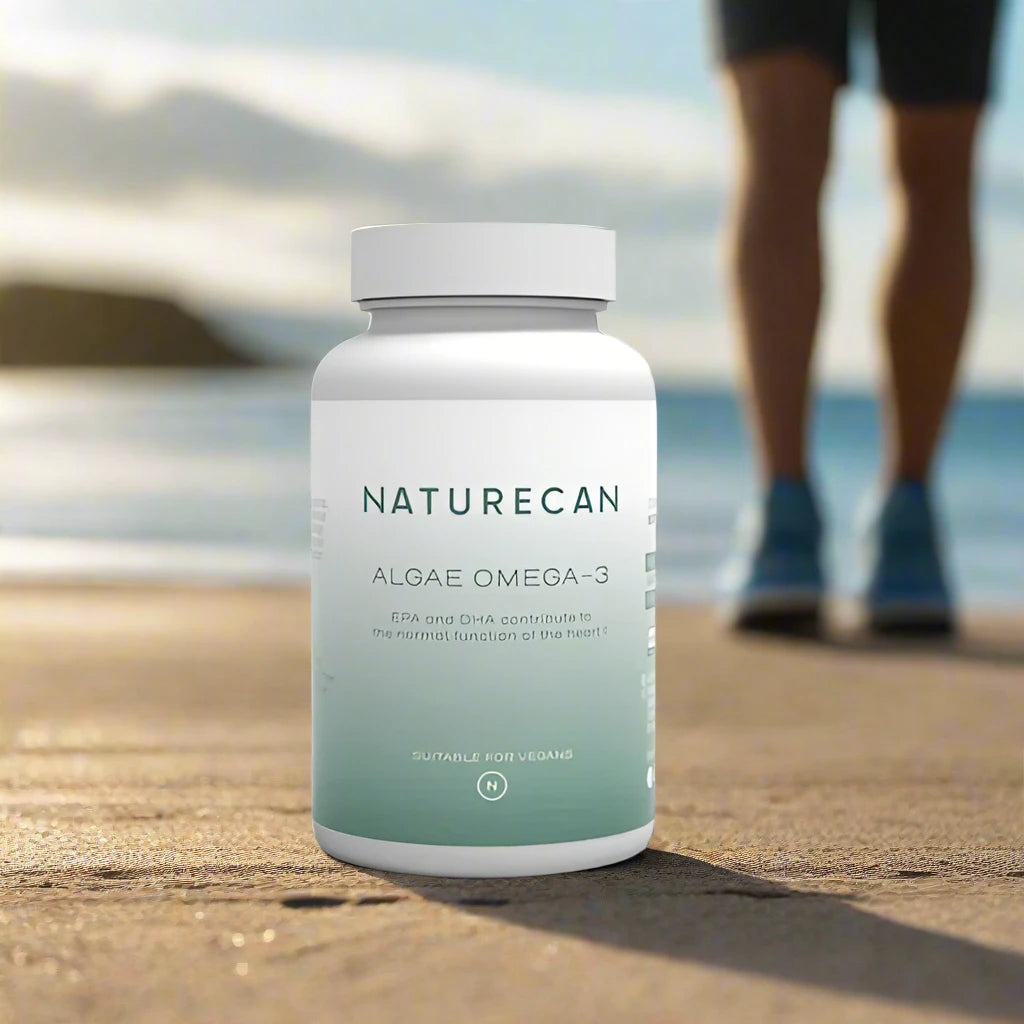Healthspan vs lifespan | What is Life expectancy?

Written by Valeria Briancesco & Reviewed by Paul Holmes.
Key Highlights
- What’s the Difference? Healthspan refers to the years we live in good health, free from chronic illness, while lifespan is the total number of years we live.
- Why It Matters: While a long lifespan can seem desirable, without an extended healthspan, those extra years may be burdened by illness and discomfort.
- The Goal: By understanding the factors influencing both, we can make informed choices to attempt to live longer and better.
Overview:
The Importance of Human Longevity
With advances in science, particularly in nutrition and cellular health, we now have ways to support a longer, healthier life. Longevity practices focus on keeping cells healthy, supporting body resilience, and promoting energy and vitality as we age. In this guide, you’ll discover practical steps for living longer, healthier, and more actively [1].
Defining Longevity
Longevity refers to the length of time an individual lives, encompassing both the quantity and quality of life. It is a complex and multifaceted concept influenced by a combination of genetic, environmental, and lifestyle factors. Over the years, human longevity has seen a remarkable increase. For instance, the average lifespan in the United States has risen from approximately 45 years in 1900 to over 75 years today. This significant improvement is a testament to advancements in healthcare, nutrition, and overall living conditions. Understanding the factors that contribute to longevity is crucial for developing effective strategies to promote healthy ageing and extend the human lifespan.
What is Healthspan and Why It Matters More than Lifespan
What is Lifespan?
Lifespan is quite self-explanatory, this term according to the Cambridge dictionary simply means the length of time an animal or organism exists. It does not define the overall health, just how long we manage to stay alive for.
Therefore, someone having a long lifespan does not necessarily mean they have a great quality of life, rather just more of it. Modern medicine is more focused on lifespan and has been able to increase it drastically, however now we should start focusing on our healthspan.

What is Healthspan?
While lifespan tells us how long we live, healthspan measures the quality of those years that are spent feeling vibrant, mobile, and free from chronic disease. Think of it this way: what’s the point of living past a hundred, if those years are spent tethered to medications or battling chronic pain? Healthspan revolves around both mental and physical wellbeing.
Fortunately, science is showing us that it’s not an either-or choice. With the right habits and innovations, we can extend both the length and the quality of our lives.

Why Healthspan Matters More Than Lifespan
Here’s a reality check: in many developed countries, people are living longer but not necessarily better. The gap between healthspan and lifespan often results in a decade or more of poor health at the end of life. What if we could close that gap? Imagine living into your 80s or 90s while hiking, travelling, or simply enjoying a family dinner without discomfort or disease.
Prioritising healthspan isn’t just a personal choice-it’s a societal one. A healthier population reduces healthcare costs, enhances productivity, and fosters stronger communities. By making small, consistent changes, we can take control of our future and live lives full of energy and purpose.

Summary:
- What is Lifespan? The total length of time an individual lives.
- What is Heathspan? The total length of time an individual remains healthy
- How are the two different? Lifespan focuses on quantity and Healthspan emphasizes quality.
- Healthspan Over Lifespan: Healthspan ensures quality, allowing individuals to enjoy life without debilitating conditions.
Mental Health is Living Longer and Better
Mental health is often overlooked, or treated as separate from physical health, but the truth is that the mind is one of the most powerful tools we have for living healthy, fulfilling lives. It’s the force that motivates us to get up in the morning, adapt to challenges, and pursue growth.
While the media is full of buzzwords like "growth mindset" and "success mindset," there is some truth in the connection between mental and physical health: a healthy body supports a healthy mind, and vice versa. Real transformation begins when we take steps to accept ourselves, recognize our worth, and genuinely desire a healthier, more fulfilled life. This change isn’t about following a diet or a new program - it’s a different, more compassionate approach to living.
Caloric Restriction: The Science of Eating Less and Living More
- Key Insight: Caloric restriction has been shown to improve biomarkers of ageing and enhance cellular repair.
- CALERIE Study Findings: Sustained calorie reduction improves metabolism and reduces inflammation, applicable to general populations when supervised.
- Practical Tips: Practise mindful eating and avoid processed foods.
Could eating a little less help you live a lot longer? Science certainly seems to think so. The CALERIE study (Comprehensive Assessment of Long-term Effects of Reducing Intake of Energy) showed that reducing calorie intake by just 25% could work wonders for your body. Participants in this landmark study experienced improved metabolism and enhanced DNA repair processes.
But don’t confuse caloric restriction with starvation. It’s not about depriving yourself; it’s about optimising what you eat. A Mediterranean-inspired diet, filled with olive oil, leafy greens, legumes, and lean proteins, ensures you’re packing in nutrients while cutting back on unnecessary calories. By doing so, your body focuses less on digesting and more on repair and longevity.
Intermittent vs. Long-Term Fasting: What’s the Difference?
If caloric restriction sounds too extreme, intermittent fasting offers a more flexible approach. Popularised in recent years, this eating pattern alternates between periods of eating and fasting-typically for hours, not days. Intermittent fasting has been shown to stabilise insulin levels-blood sugar, improve metabolic health, and support weight management.
On the other hand, long-term fasting pushes boundaries further. One famous case involves Angus Barbieri, who reportedly went 382 days consuming only vitamins, water, and occasional electrolytes. While this extreme fasting story, documented in the 1973 Postgraduate Medical Journal, demonstrates the human body’s resilience, it’s not a strategy anyone should attempt without medical oversight. (Fast of 382 days')
How Does Caloric Restriction Work?
At its core, caloric restriction and fasting trigger a process called metabolic switching. When your body runs low on glucose from food, it turns to stored fats for fuel, producing ketones. This metabolic shift reduces insulin levels and promotes cellular repair through autophagy, a natural cleanup process that removes debris and regenerates cells.
Over time, these processes protect against chronic diseases, improve brain function, and even slow ageing at a cellular level by reducing the impact of oxidative stress, a harmful process caused by an imbalance of free radicals and antioxidants.

Practical Tips for Caloric Restriction and Fasting
- Start Small: Don’t dive straight into extreme fasting. Begin by skipping one meal or trying a 16:8 intermittent fasting schedule (16 hours fasting, 8 hours eating). This approach gives your body time to adapt to a new rhythm and ensures you stay energised.
- Choose Nutrient-Dense Foods: Prioritise foods that are rich in vitamins and minerals. Whole grains, vegetables, lean proteins, and healthy fats should take priority. Avoid heavily processed foods, especially those classified as “ultra-processed” on the NOVA scale, which categorises foods based on their degree of processing. Studies have linked ultra-processed foods to inflammation, metabolic diseases, and poorer health outcomes.
- Stay Hydrated: Water is your best friend, whether you’re fasting or not. The average adult needs approximately 2 to 3 litres of water per day, depending on activity levels and climate. Herbal teas and electrolyte solutions can also support hydration, especially during fasting periods.
- Listen to Your Body: Fasting isn’t one-size-fits-all, and what works for one person might not suit another. Pay attention to hunger cues, fatigue, or other signals from your body.

The Bigger Picture
Whether you choose to eat less, fast intermittently, or simply optimise your diet, these practices remind your body to focus on what really matters: repair, resilience, and a longer, healthier life. And while none of us may match Angus Barbieri’s record-breaking fast, we can all benefit from giving our metabolism a break and letting our bodies thrive.
8 Supplements: Supporting Healthspan from Within
Supplements: Supporting Healthspan and Lifespan
Incorporating the right supplements into your routine can help fill nutritional gaps and support your body’s natural repair and resilience processes. Here’s a clear list of supplements that may enhance overall health:
1. NAC (N-Acetyl Cysteine):
What it Does: Supports liver detoxification, replenishes glutathione (a powerful antioxidant), and promotes lung health.
Why it Matters: Helps combat oxidative stress and potentially inflammation, key factors in ageing.
2. Resveratrol
What it Does: A potent antioxidant found in red wine and berries, it protects cells from damage and supports heart health.
Why it Matters: Linked to improved longevity and reduced risk of age-related diseases.
Button: View product
3. NMN (Nicotinamide Mononucleotide):
What it Does: Boosts levels of NAD+, a molecule essential for cellular energy and DNA repair.
Why it Matters: Supports anti-ageing processes and improves metabolic health.
Button: View product
4. ZMA®
What it Does: A blend of zinc, magnesium, and vitamin B6 that enhances muscle recovery and promotes restful sleep.
Why it Matters: Helps maintain physical strength and optimise recovery, especially as you age.
5. Vegan Multi-Vitamins:
What it Does: Provides essential vitamins and minerals to support overall health and well-being.
Why it Matters: Ensures you meet daily nutritional needs, particularly for those on restricted diets.
6. Digest Capsules:
What it Does: Contains enzymes that aid digestion and improve nutrient absorption.
Why it Matters: Supports gut health, a cornerstone of overall well-being.
Button: View product
7. Vegan Omega-3:
What it Does: Provides essential fatty acids to support heart, brain, and joint health.
Why it Matters: Crucial for reducing inflammation and promoting cognitive function.
Button: View product
5. The Okinawa Centenarian Study: Secrets from the World's Healthiest Elders
- Diet: Emphasis on a plant-based diet, rich in vegetables and legumes, with minimal meat consumption.
- Lifestyle: Daily physical activity, a sense of community, and "ikigai" (a strong sense of purpose).
- Genetics and Environment: Combination of genetic advantages and healthy habits.
On a beautiful island in Japan, there’s a group of people who seem to have cracked the code to long, healthy lives. The Okinawa Centenarian Study reveals their secrets: a plant-based diet, regular movement, and strong social bonds. Their meals are colourful and nutrient-packed, featuring sweet potatoes, tofu, and seaweed.
But it’s not just their food. Okinawans embrace the concept of ikigai—a reason to get up every morning. Whether it’s gardening, laughing with friends, or passing down stories to grandchildren, this sense of purpose keeps their spirits and bodies strong.
Okinawa is only one of the five places in the world where it seems people have cracked the code for longevity and healthspan. These five zones in the world form the blue zone- where people live longer due to diet, environment and social constructs. The blue zone consists of:
- Okinawa, Japan: High consumption of plant-based foods, a focus on ikigai, and strong community ties.
- Sardinia, Italy: A Mediterranean diet rich in whole grains, vegetables, and olive oil, coupled with robust family networks.
- Nicoya Peninsula, Costa Rica: Diets high in beans and maize, combined with a “plan de vida,” or life plan, for purpose.
- Ikaria, Greece: A diet heavy in anti-inflammatory foods like wild greens and olive oil, plus midday naps and low stress.
- Loma Linda, California: A Seventh-day Adventist community with a focus on plant-based diets, faith, and regular activity.
What Makes Blue Zones Unique?
- Diet: Predominantly plant-based with limited processed foods or refined sugars.
- Physical Activity: Integrated into daily life through walking, farming, or manual tasks rather than formal exercise.
- Community: Strong social bonds reduce stress and foster a sense of belonging.
- Purpose: A deep sense of meaning in life, whether spiritual, familial, or professional.
- Low Stress Levels: Strategies such as naps, meditation, or faith-based practices.
From a scientific perspective, the Blue Zones offer valuable insights into how culture, environment, and biology converge to optimise healthspan and lifespan. These regions serve as natural laboratories for studying human longevity, providing clues that extend beyond genetics to include lifestyle, diet, and community. For those aspiring to live longer and better, adopting Blue Zone principles is a practical and evidence-based approach.
6. Advancements in Anti-Ageing Science: Targeting Inflammation
- Breakthrough Therapy: Interleukin 11 (IL-11), inhibition has shown promise in extending lifespan in mice.
- Potential Human Applications: Reducing chronic inflammation may extend healthspan and lifespan.
- Future Outlook: Personalised medicine targeting ageing processes.

Inflammation is the sneaky villain of ageing. Chronic, low-grade inflammation is linked to heart disease, diabetes, and other age-related diseases. The reasons being that inflammation is a great protective response to disease, however due to environmental factors we see more ‘sterile’ inflammation happening, meaning there is no disease, and the body essentially starts attacking itself.
Modern science is trying to fight back. A study published in Nature found that targeting a protein called Interleukin-11 (IL-11) extended mice lifespans by 25%. IL-11 is a key driver of inflammation in the body. By inhibiting this protein, researchers were able to sustain a controlled inflammatory response, minimizing damage to healthy cells and promoting cellular health.
Human trials are exploring similar therapies to reduce inflammation and extend healthspan. While these innovations aren’t on the shelves yet, they hold the promise of keeping us healthier longer. Until then, reducing stress, eating an anti-inflammatory diet, and staying active are powerful ways to fight inflammation naturally.
7. The Science of Sleep: The Most Underrated Longevity Hack
- Cognitive and Physical Repair: Sleep supports mental acuity, immune function, and cellular recovery.
- Chronic Deprivation: Linked to shorter telomeres and increased risks of chronic illnesses.
- Practical Strategies: Sleep hygiene, regular schedules, and stress reduction.
Sleep is often called the "fountain of youth”, and it’s no exaggeration. Quality rest is essential for cognitive function, immune health, and cellular repair. It’s when your brain detoxifies, your body heals, and your energy reserves replenish. Yet, in today’s fast-paced world, many of us fail to prioritise it.

Night Shifts, Irregular Work Hours, and Premature Ageing
Working against your body’s internal clock is like swimming upstream-it’s exhausting and unsustainable. Research has shown that night shift workers often experience chronic sleep deprivation, which triggers accelerated ageing processes like oxidative stress and inflammation. This can impair cognitive function, weaken the immune system, and increase the risk of chronic diseases such as diabetes and heart disease, ultimately reducing healthspan.
Even worse, irregular sleep schedules wreak havoc on hormonal balance, particularly melatonin, which plays a crucial role in regulating sleep and protecting cells from damage. Over time, these disruptions add up, leading to premature ageing. Just ‘sleeping it off’ does not work either, the secret of good sleep is consistency.

How Ageing Impacts Sleep—and Vice Versa
Sleep patterns naturally shift as we age, and not in our favour. Older adults often find it harder to fall asleep, stay asleep, or achieve the deep, restorative sleep than younger individuals. This decline isn’t just frustrating - it’s harmful. Poor sleep in older adults is linked to daytime fatigue, cognitive decline, and even an increased risk of dementia.
Furthermore, sleep is often one of the first aspects affected by poor health, creating a feedback loop that exacerbates age-related challenges and reduces overall healthspan. Discover in our article what are other causes of ageing.
CBD: A Modern Solution for Restful Nights
For those struggling to restore healthy sleep patterns, CBD (cannabidiol) is emerging as a natural and effective option. CBD interacts with the endocannabinoid system, which helps regulate mood, stress, and sleep. Research suggests that CBD can:
- Promote relaxation by reducing anxiety levels.
- Improve sleep quality by enhancing deep sleep phases.
- Support melatonin production, making it easier to establish a regular sleep routine.
CBD products, such as CBD Oil or CBD Gummies, are particularly effective because they’re easy to dose and integrate into a bedtime routine. For beginners, start with a low dose (e.g., 10–20 mg) and adjust based on your body’s response. Many users find CBD helpful in breaking the cycle of sleepless nights, allowing their bodies to heal and recharge.

Tips for Better Sleep: Small Changes, Big Rewards
The good news? With some simple, consistent habits, you can reclaim your sleep:
- Stick to a Schedule: Go to bed and wake up at the same time every day, even on weekends. Your body thrives on routine.
- Make Your Bedroom a Sleep Sanctuary: Keep it cool, dark, and quiet - your sleep environment matters more than you think.
- Watch What You Consume: Avoid caffeine, heavy meals, and screens at least an hour before bedtime.
- Get Moving: Regular physical activity promotes better sleep, but aim to exercise earlier in the day to avoid overstimulation.
Prioritising sleep ensures your body can fully recover and avoid premature ageing. Sleep doesn’t just help you live longer; it helps you live better. So, close the laptop, turn off the lights, and give yourself the gift of restful nights and brighter days.
8. Healthy Habits: The Building Blocks of Healthspan
- Exercise: At least 150 minutes per week improves heart health, mental well-being, and physical resilience.
- Nutrition: Prioritise whole foods, avoid excessive sugar, and focus on nutrient-rich meals.
- Stress Management: Mindfulness and relaxation techniques promote longer and healthier lives.
Want to boost your health span? It doesn’t require expensive gadgets or drastic measures - just consistency. Regular exercise is a great starting point. Even a brisk 30-minute walk can lower your risk of chronic diseases and improve mental health.

Nutrition is equally critical. Think whole, unprocessed foods. Fill your plate with colourful fruits and vegetables, lean proteins, and healthy fats. Sprinkle in mindfulness or meditation to keep stress levels in check. It’s these small, daily habits that pave the way for long-term health.
Both Dr Andrew Huberman and Dr Peter Attia emphasise the critical role of sleep in promoting health and longevity.
Dr Huberman, a neuroscientist at Stanford University, highlights that sleep is foundational to both mental and physical well-being, influencing cognitive performance, immune function, and overall health.
Similarly, Dr Attia, a physician specialising in longevity, underscores the importance of sleep. He has stated, "If I had to choose one to save, it would be sleep. Not even close," indicating his belief in sleep's paramount importance over other health practices.
Therefore, both experts consider sleep a fundamental component of a healthy and extended life.
9. We need to talk about Smoking
- Smoking: Reduces lifespan by an average of 10 years; linked to cancer, COPD, and heart disease.
- Alcohol: Excessive consumption harms liver and increases cardiovascular risks.
- Sedentary Behaviour: Correlates with obesity, diabetes, and faster cellular ageing.
- Actionable Advice: Smoking cessation, moderate alcohol consumption, and regular movement can quickly improve healthspan.
Lighting up isn’t just bad for your lungs; it harms nearly every system in your body. Smokers lose an average of 10 years of lifespan and face significantly higher risks of chronic diseases such as cancer, heart disease, and respiratory illnesses. What’s more, smoking accelerates ageing at a cellular level, shortening telomeres and increasing inflammation throughout the body.
Why Is Quitting So Hard?
Nicotine, the addictive substance in cigarettes, rewires your brain to crave its effects, making quitting a daunting task. Withdrawal symptoms like irritability, anxiety, and intense cravings can derail even the most determined efforts. Thankfully, modern science offers effective tools to help overcome these challenges, including nicotine replacement therapies.
Breaking Other Harmful Habits
Smoking isn’t the only behaviour that can shorten your health-span. Excessive alcohol consumption and sedentary lifestyles are also major culprits. Overindulging in alcohol puts a strain on the liver, heart, and brain, while too much sitting—dubbed "the new smoking"—increases your risk of obesity, diabetes, and cardiovascular diseases.
Naturecan’s Recommended Reads
For those who want to explore longevity further, consider these popular resources:
- Lifespan by David Sinclair
- The Telomere Effect by Elizabeth Blackburn
- The Longevity Diet by Valter Longo
- Outlive from Peter Attia
Naturecan Products
Discover Naturecan’s curated line of longevity supplements to support your journey.
Interesting Read: “10 Best Longevity and Anti-Ageing Supplements”
Conclusion
- Key Takeaway: Healthspan, not just lifespan, should be the focus for a fulfilling life. With proper habits and emerging science, we can improve the quality and quantity of our years.
- Final Thoughts: Small changes in lifestyle-like better nutrition, regular sleep, and reduced stress-can have profound effects on both healthspan and lifespan, enabling more vibrant and productive years.

10 Best Longevity and Anti-Ageing Supplements
Discover the top 10 supplements to support your health and longevity!
Read Article
What Supplements Does Andrew Huberman Recommend?
Read now to learn the supplements that Prof. Huberman recommends!
Read Article
8 ways: how to boost your immune system
Want to enhance your immune system naturally, read our comprehensive guide!
Read Article
